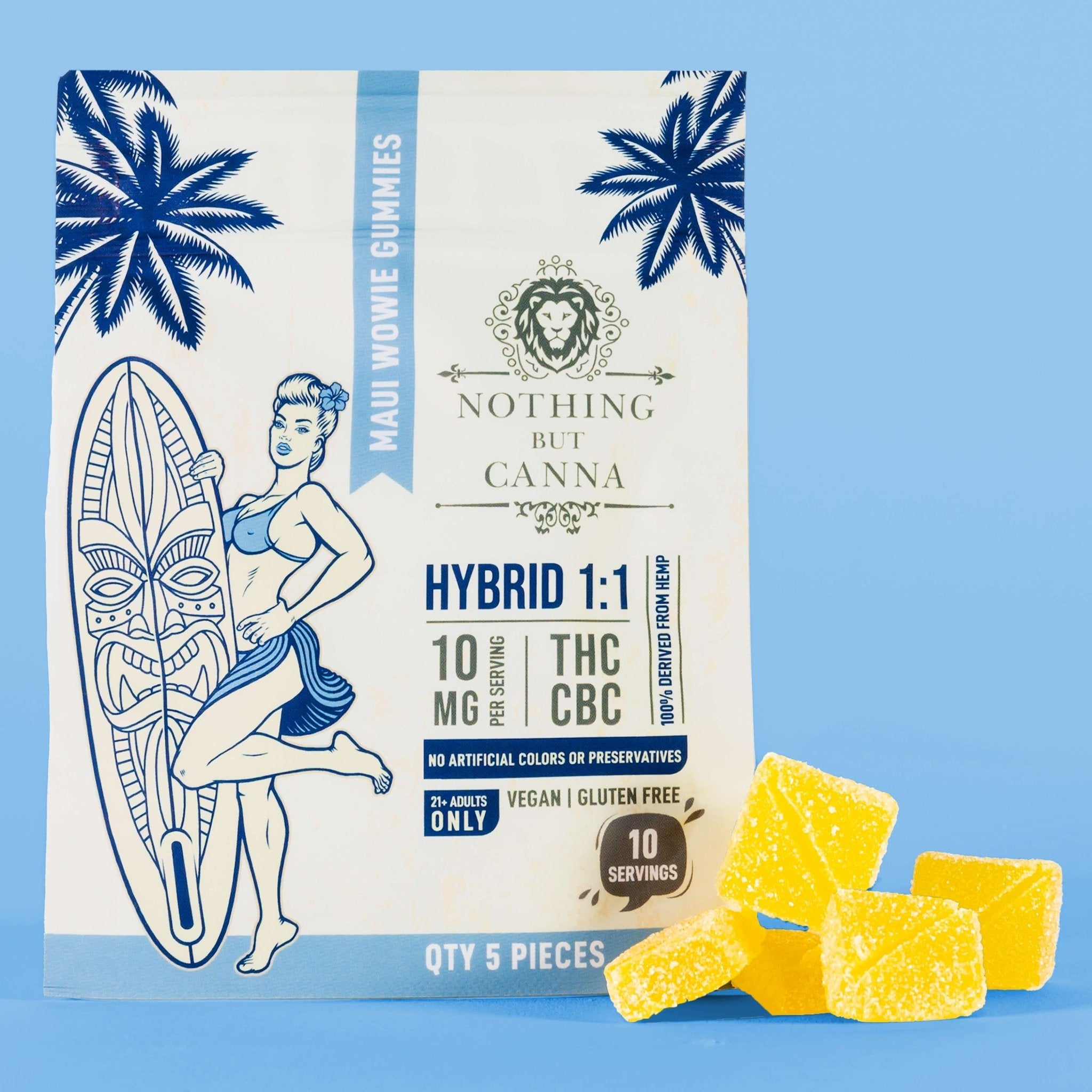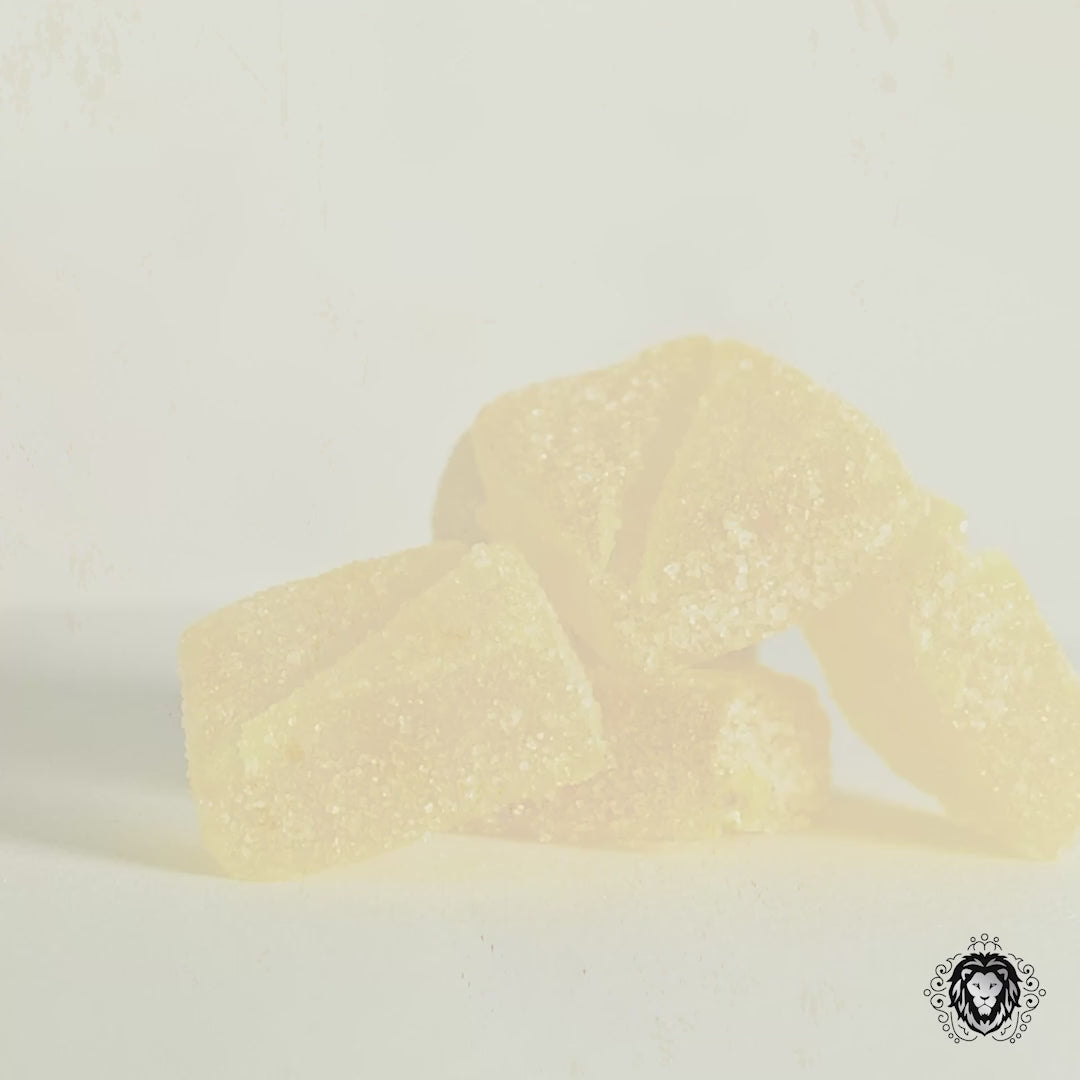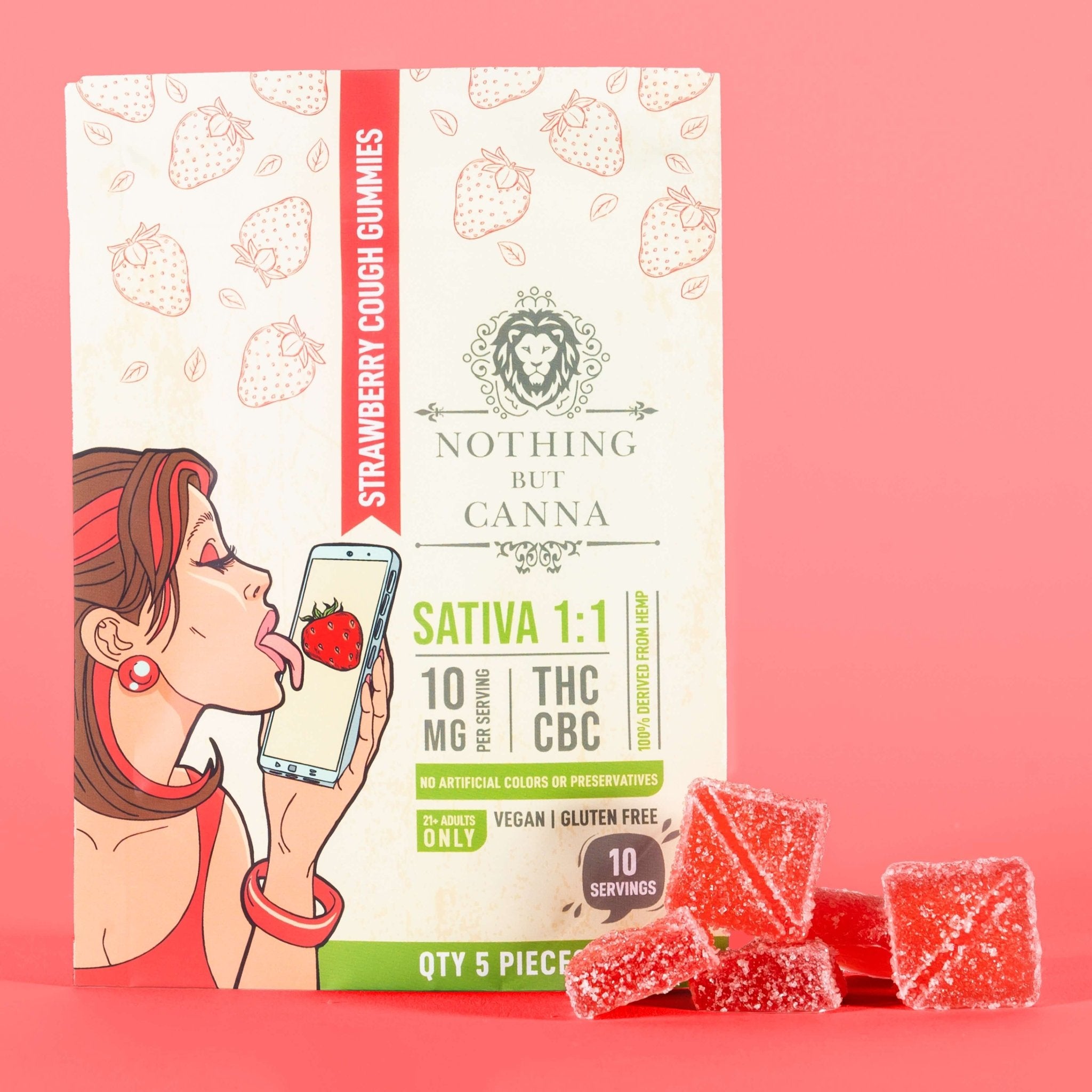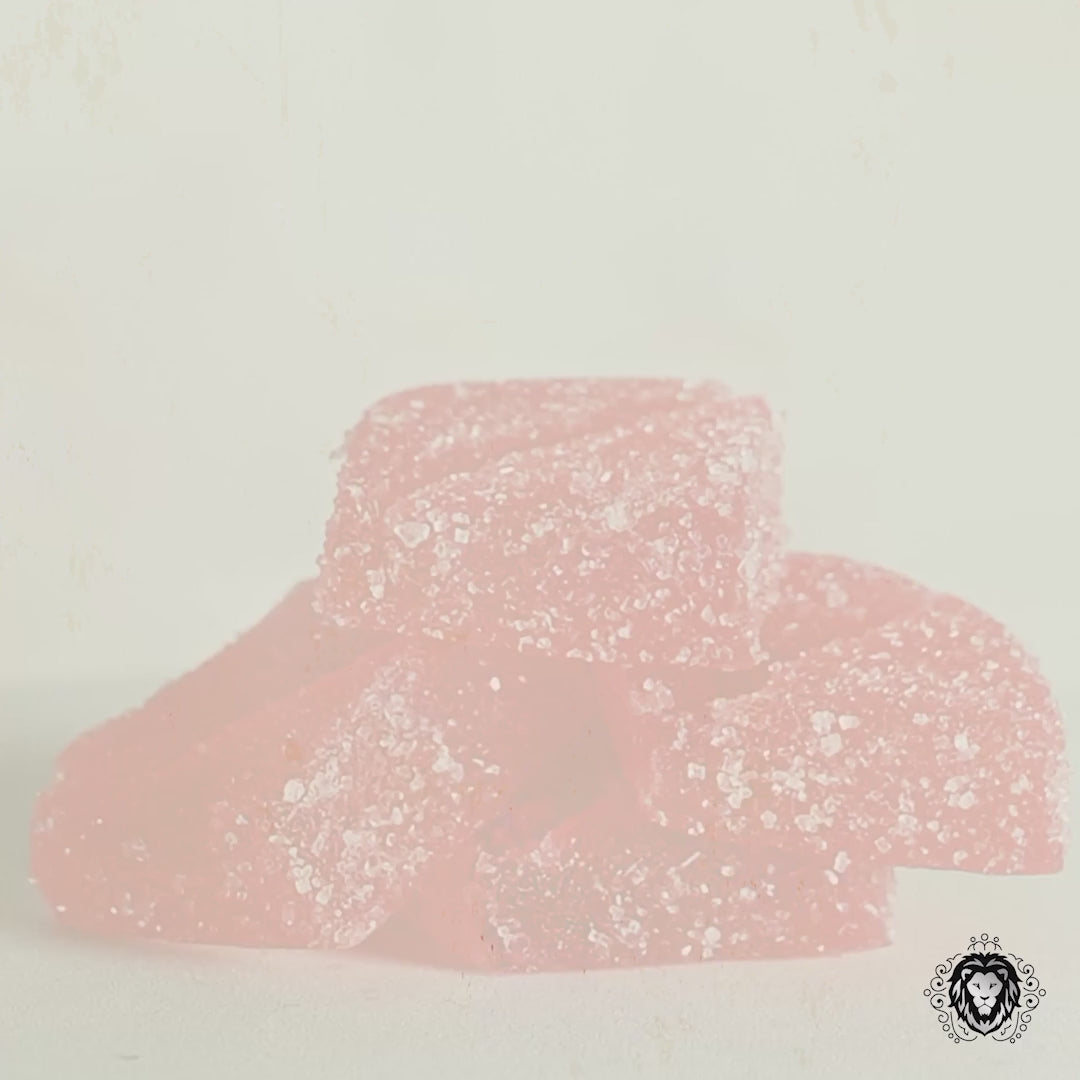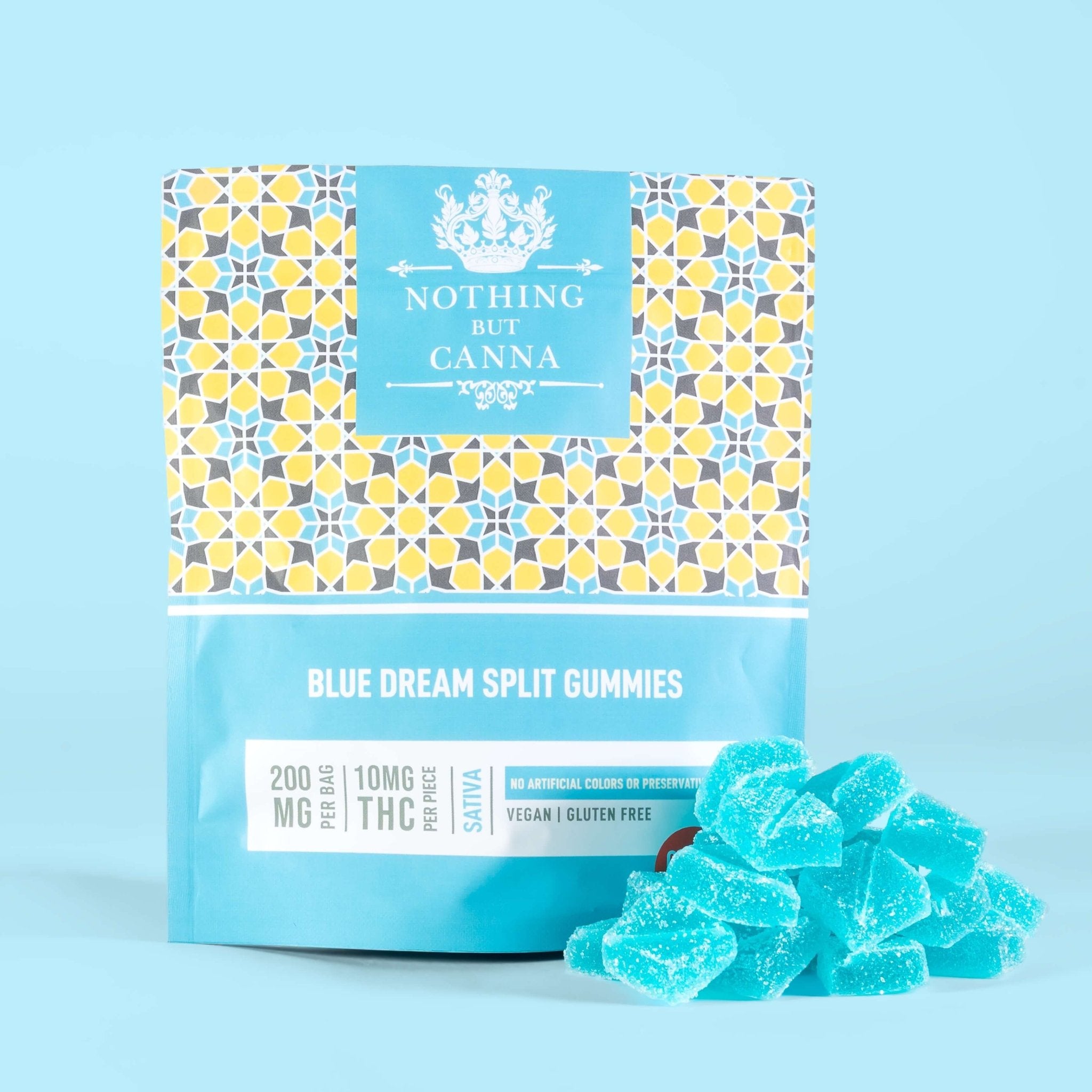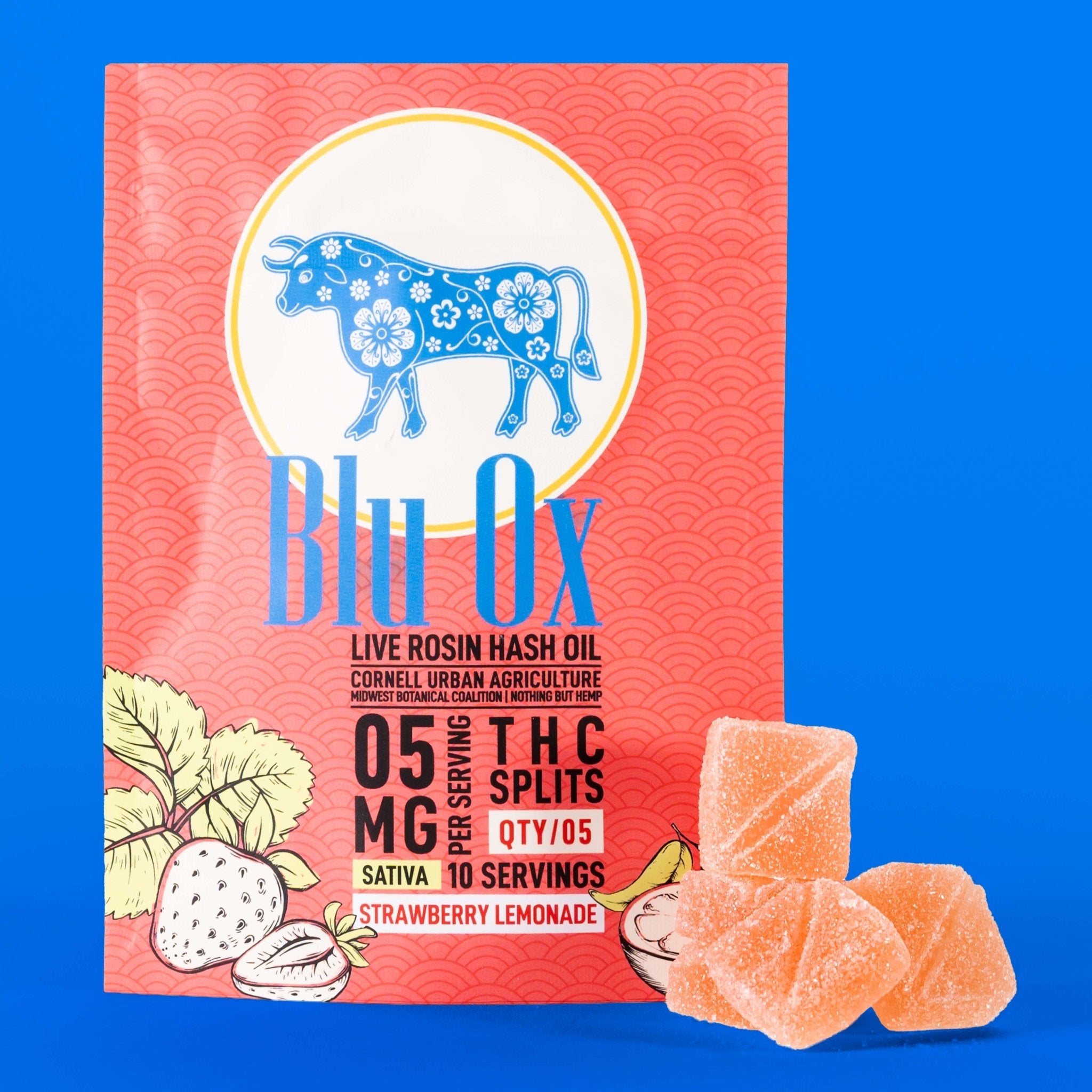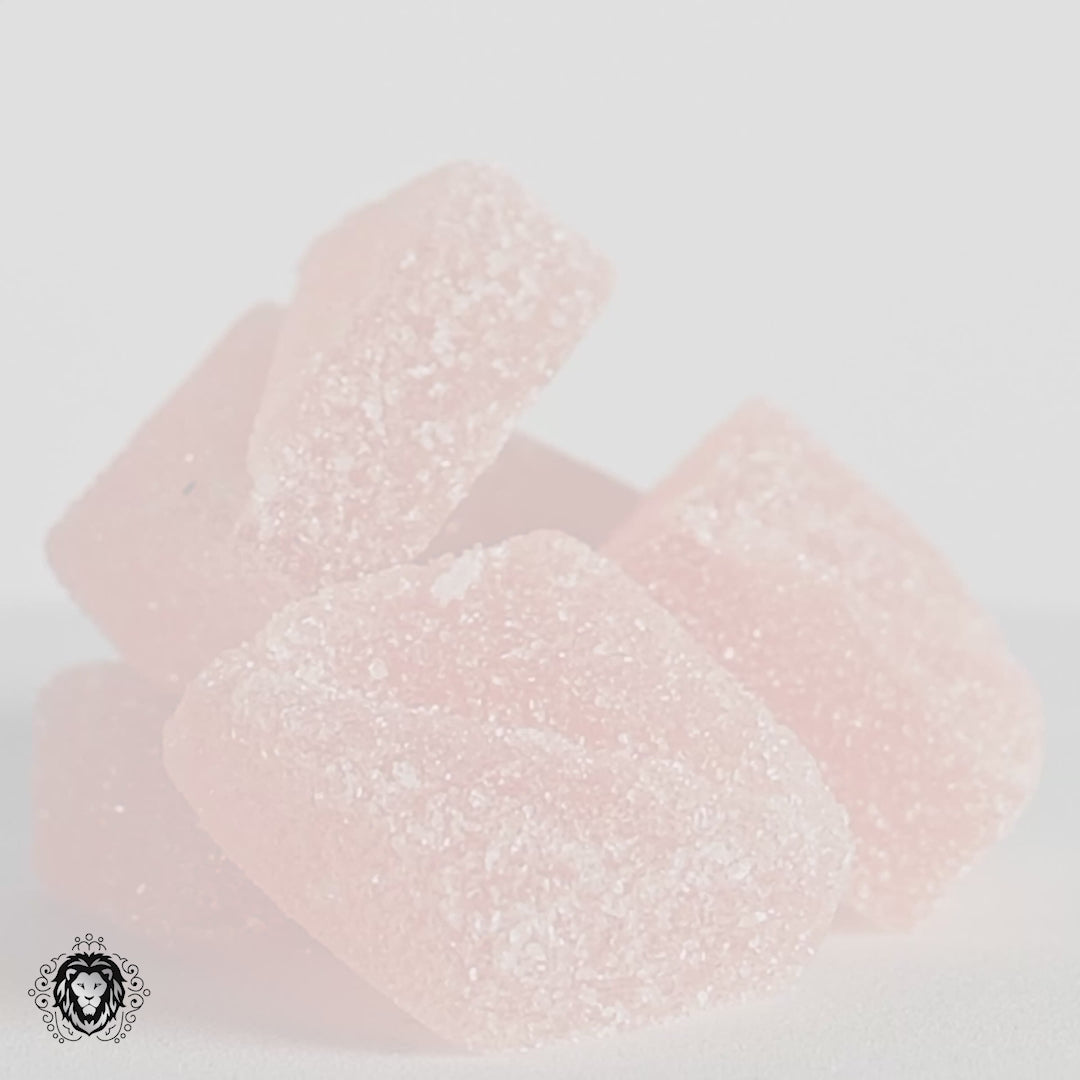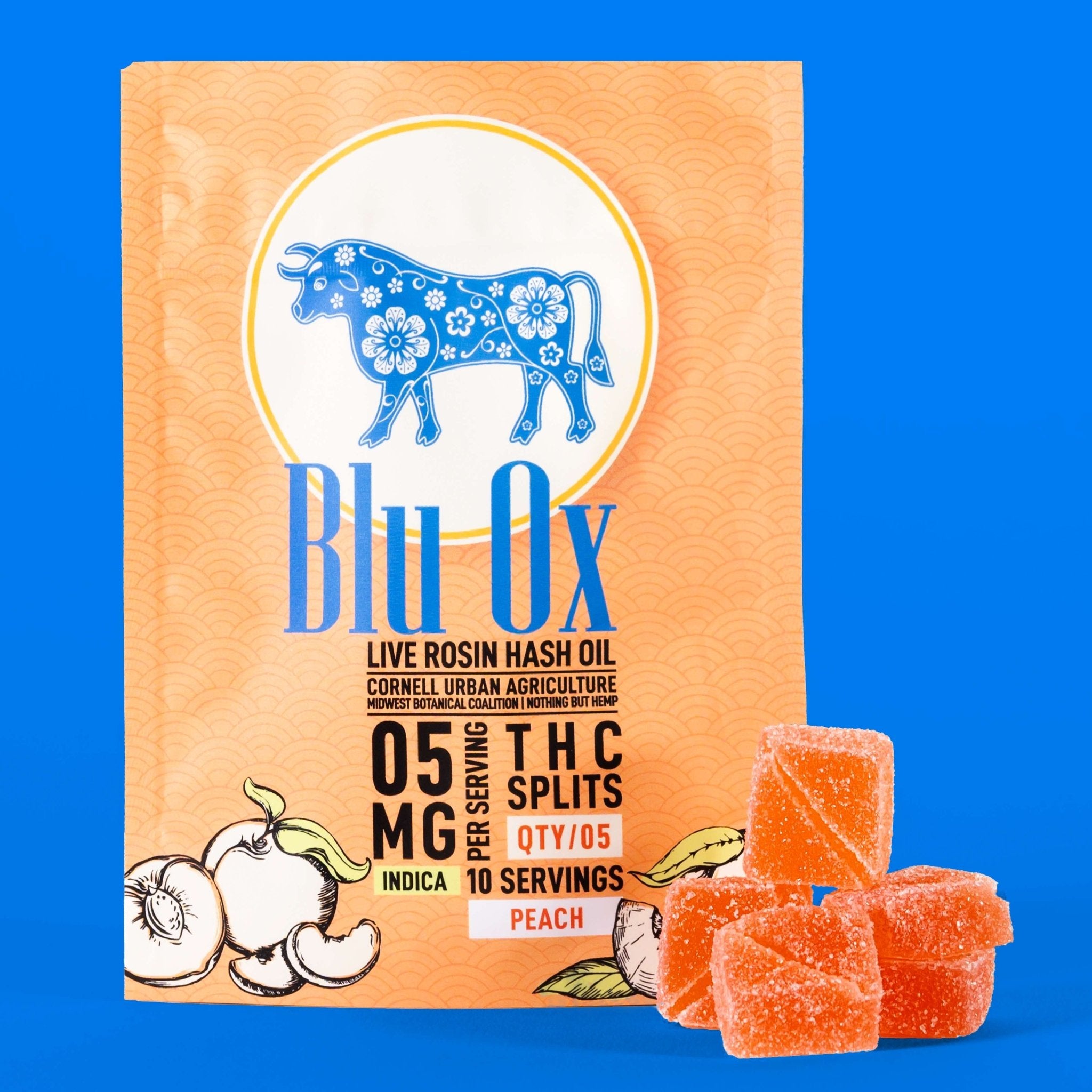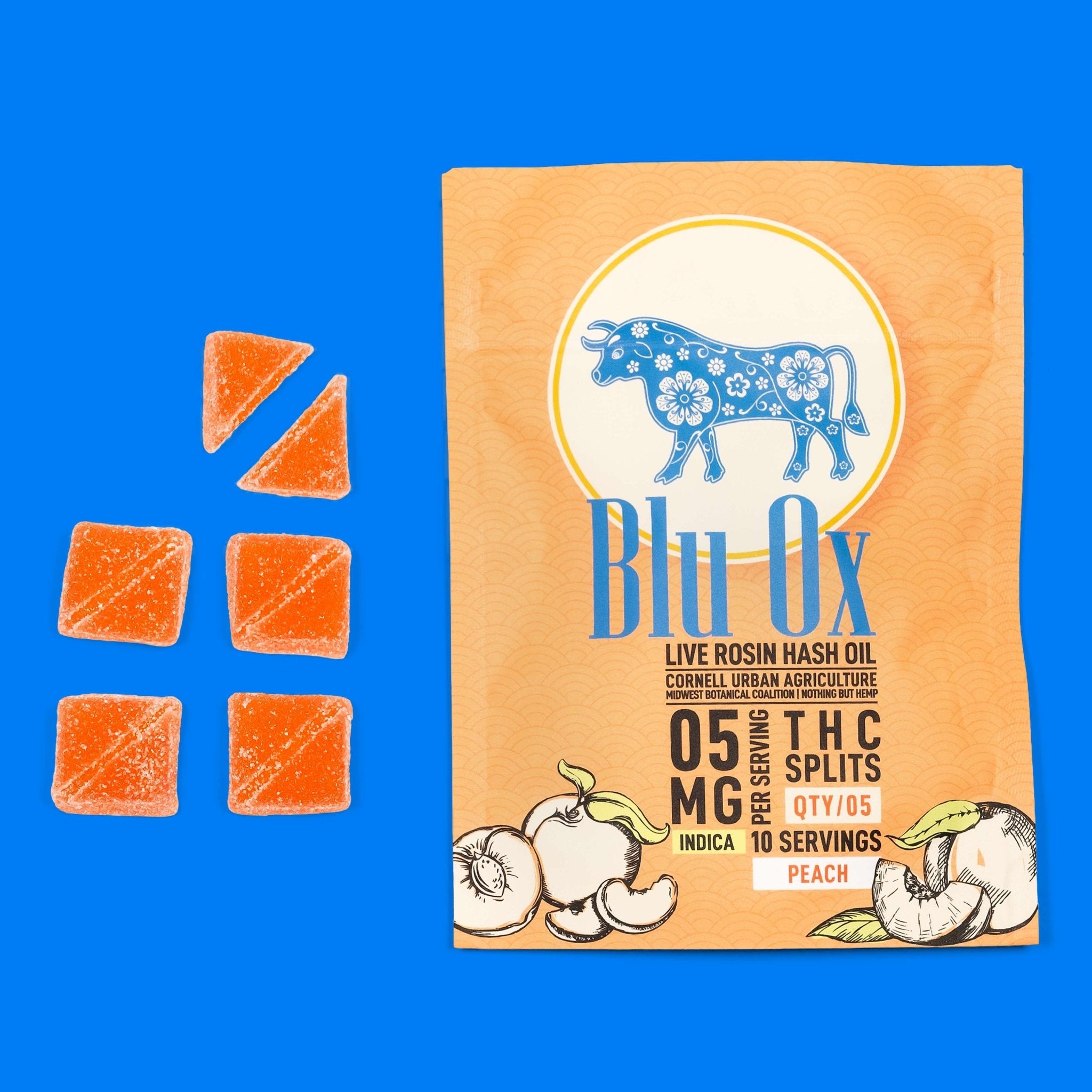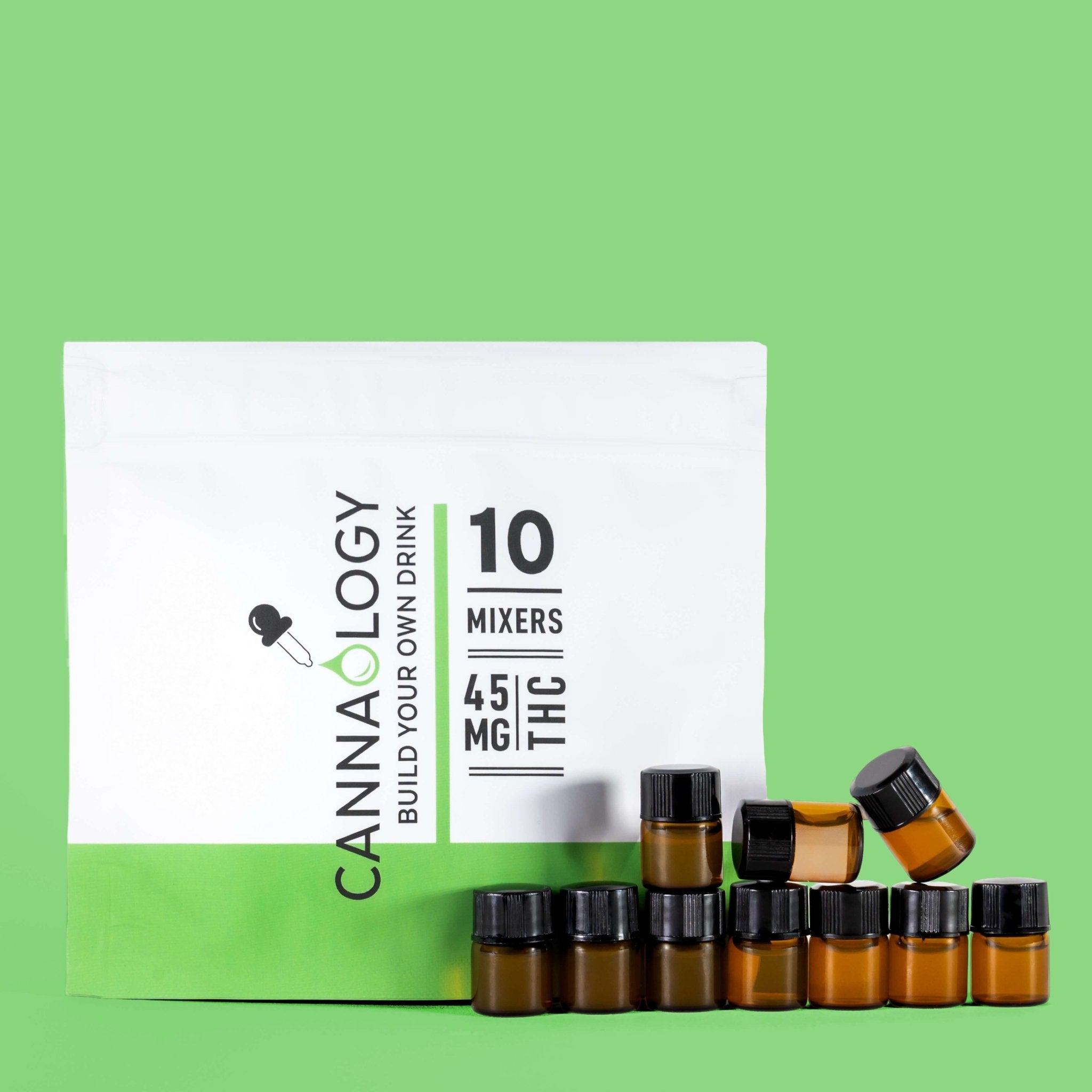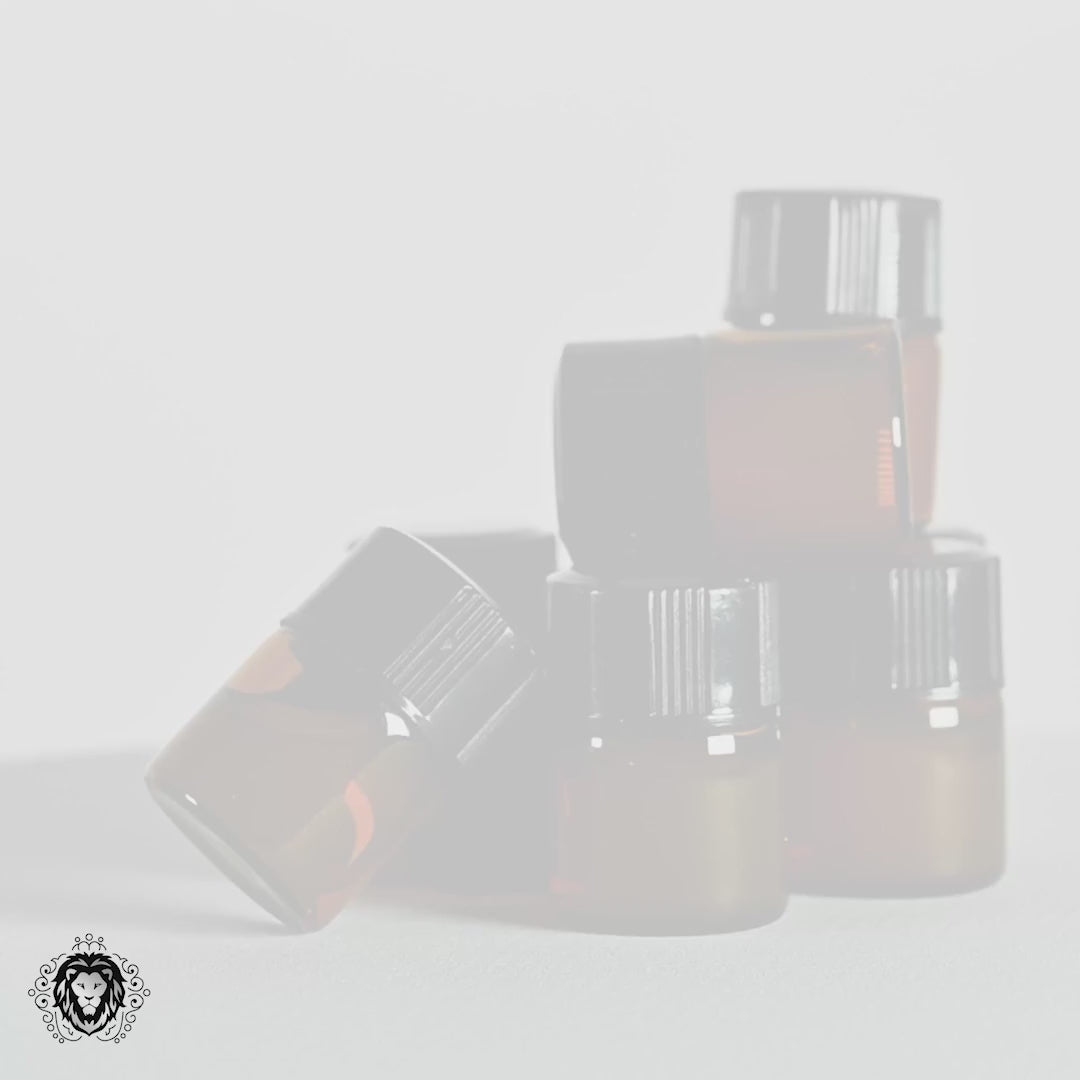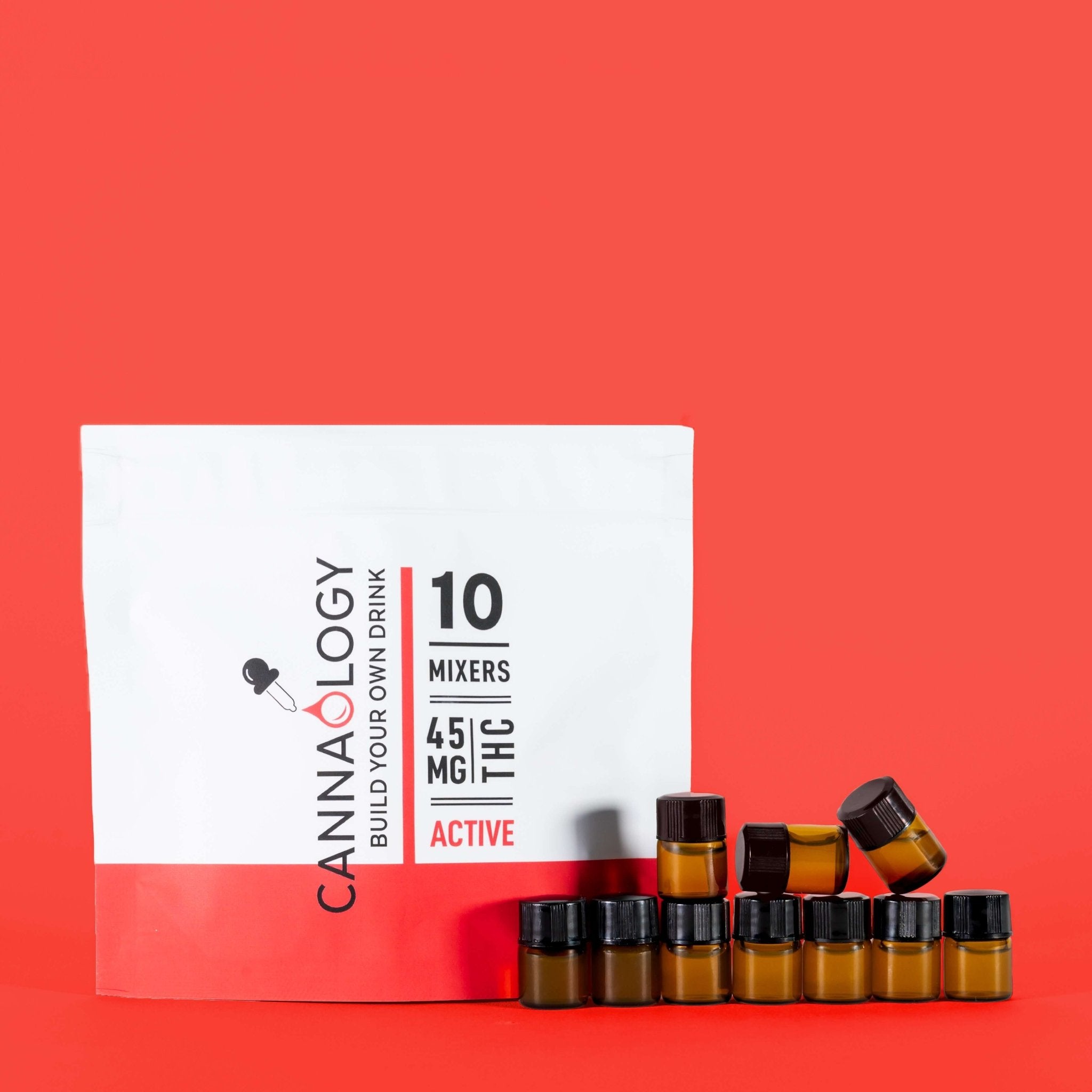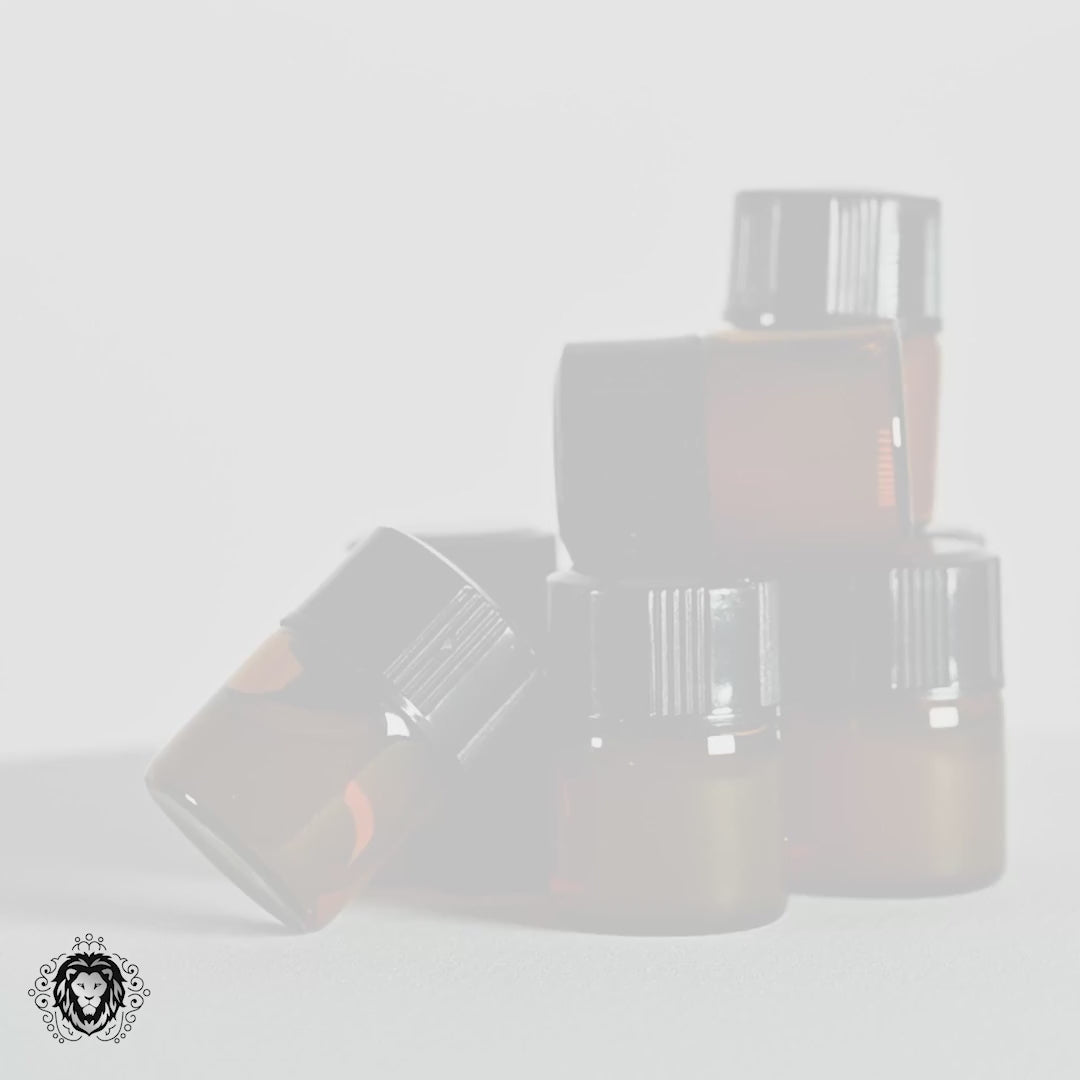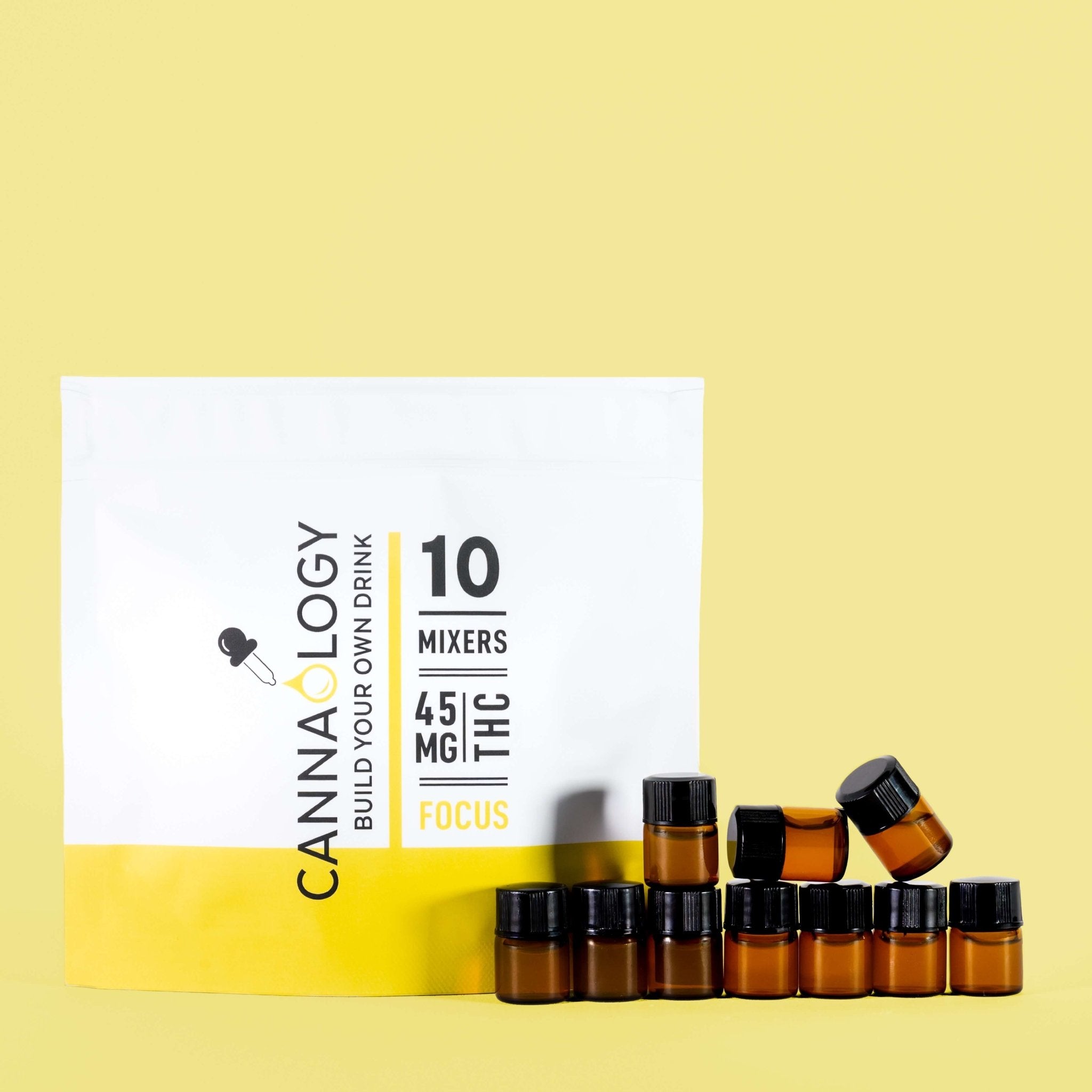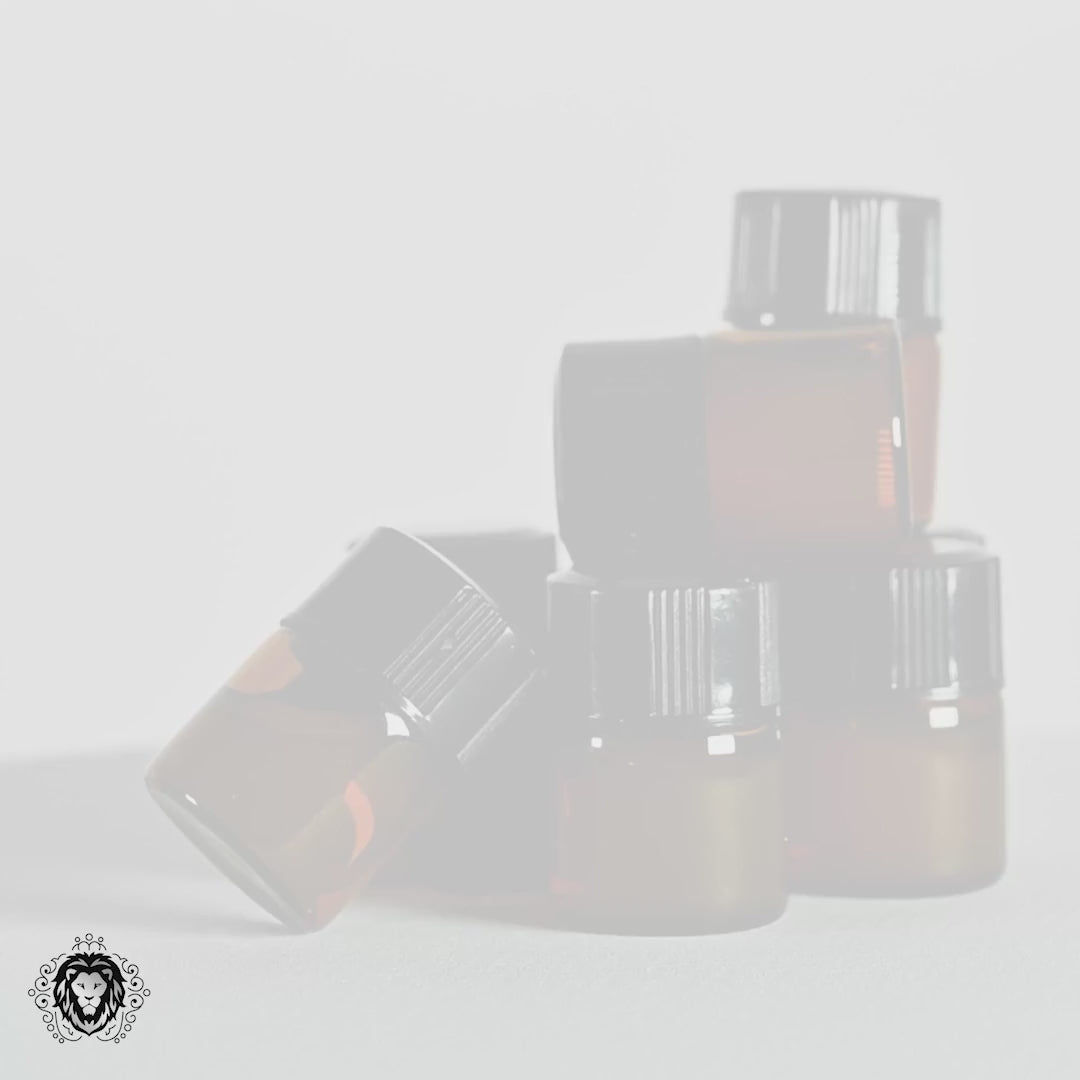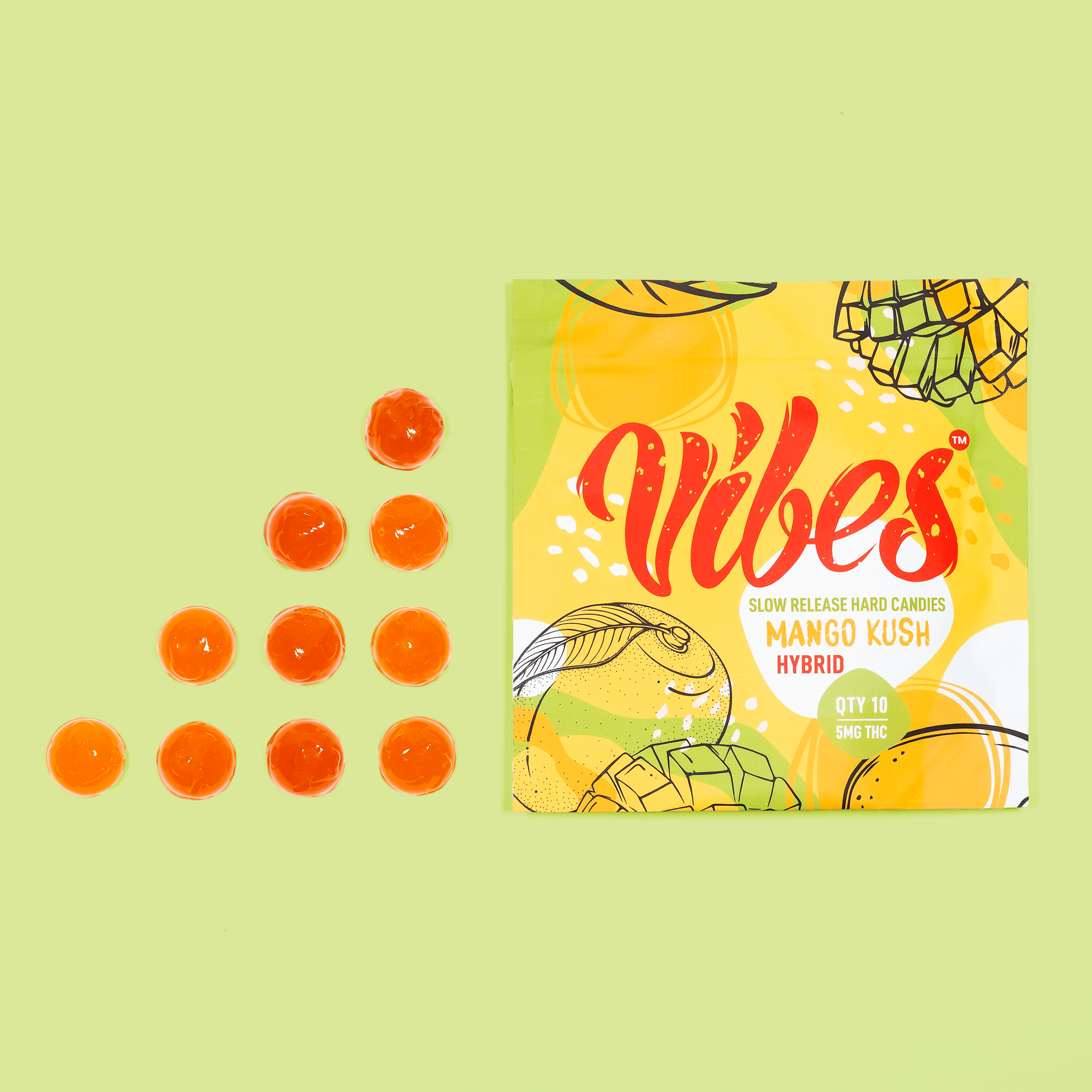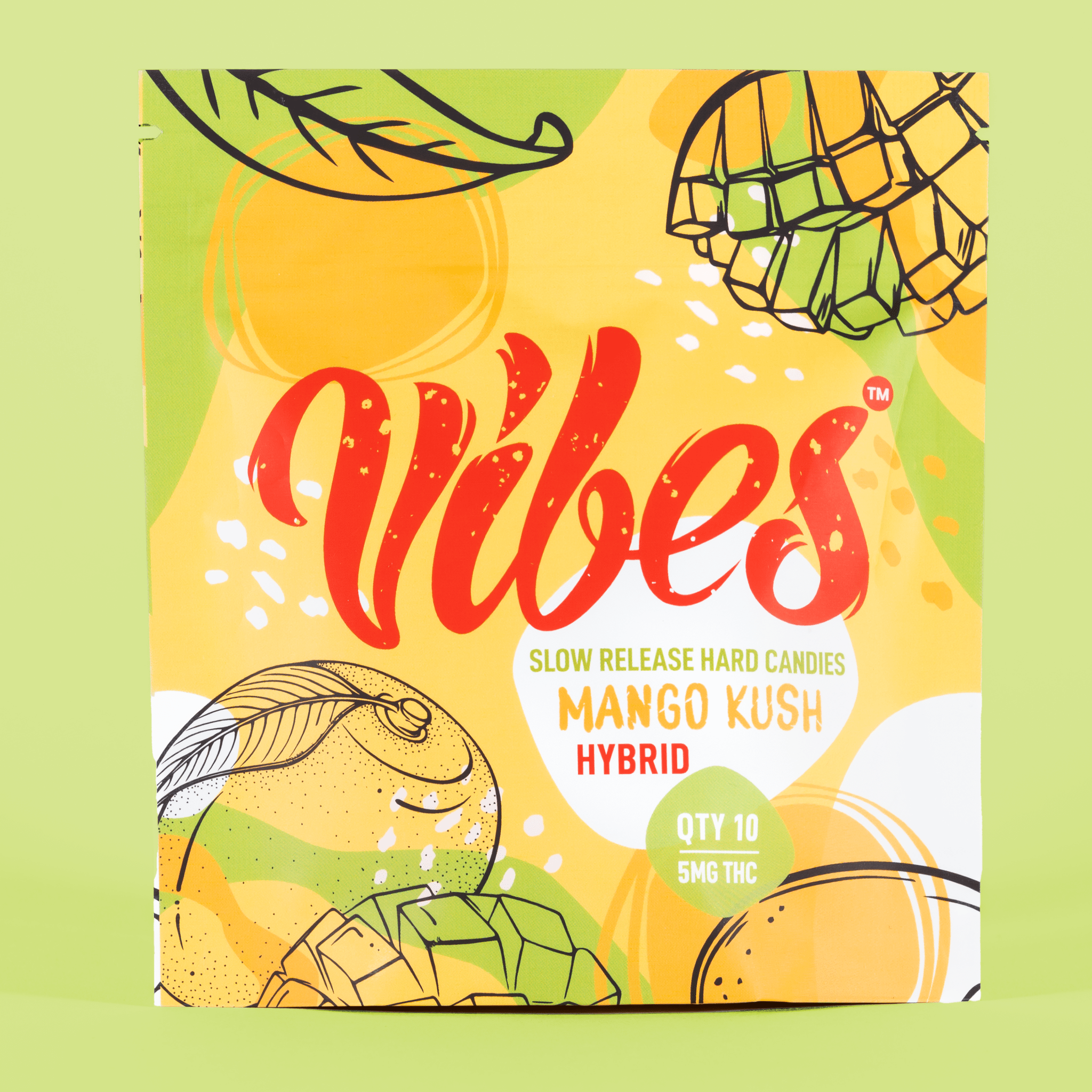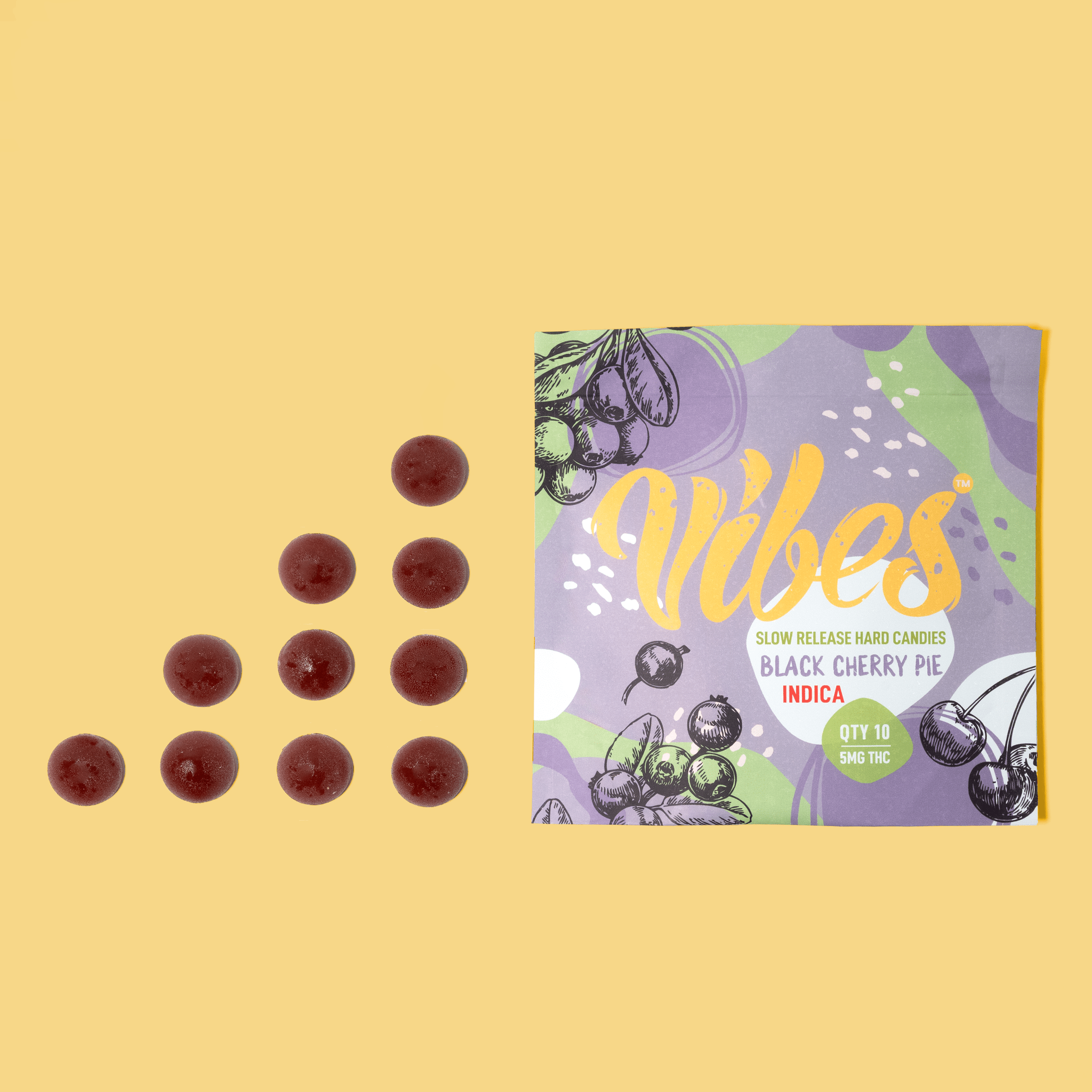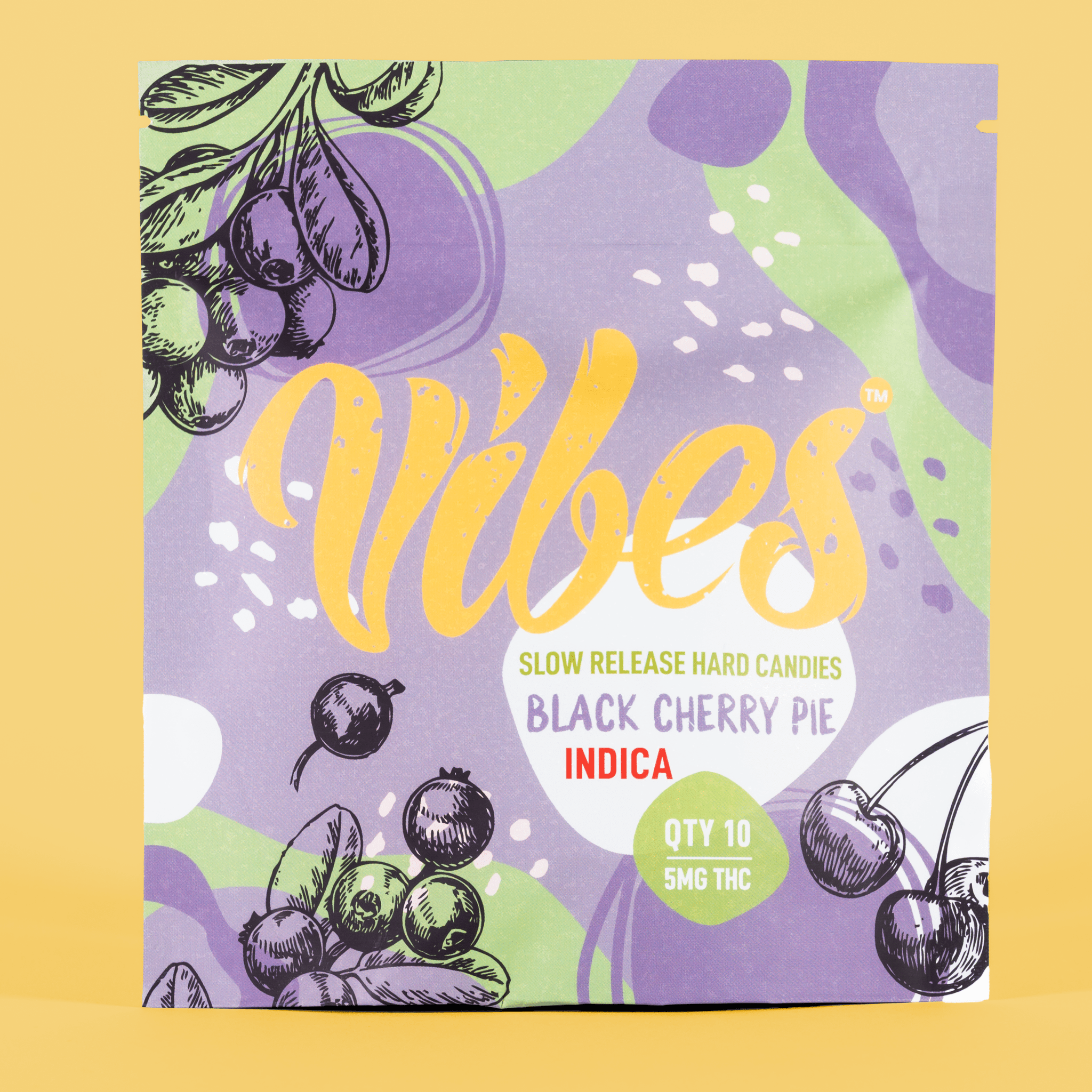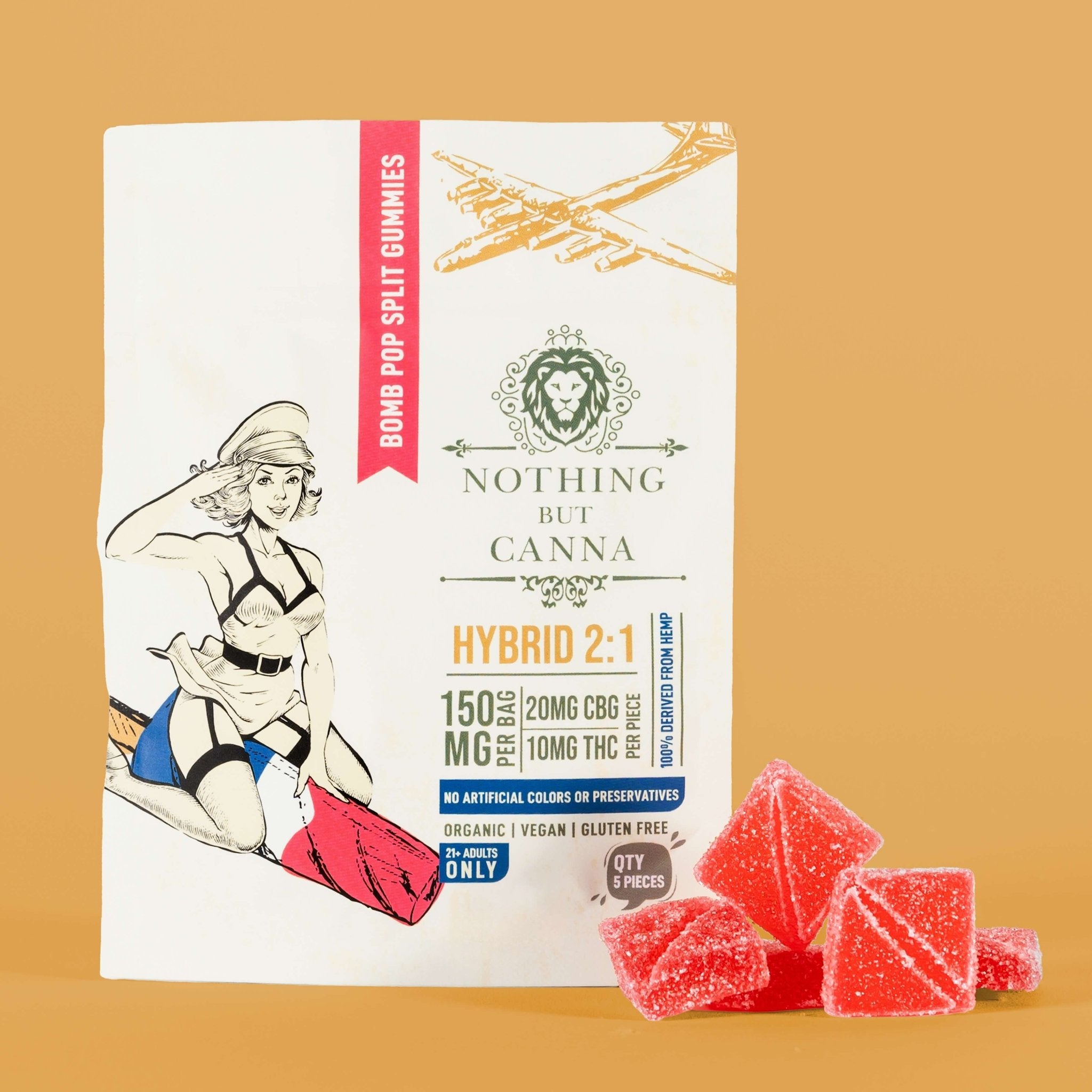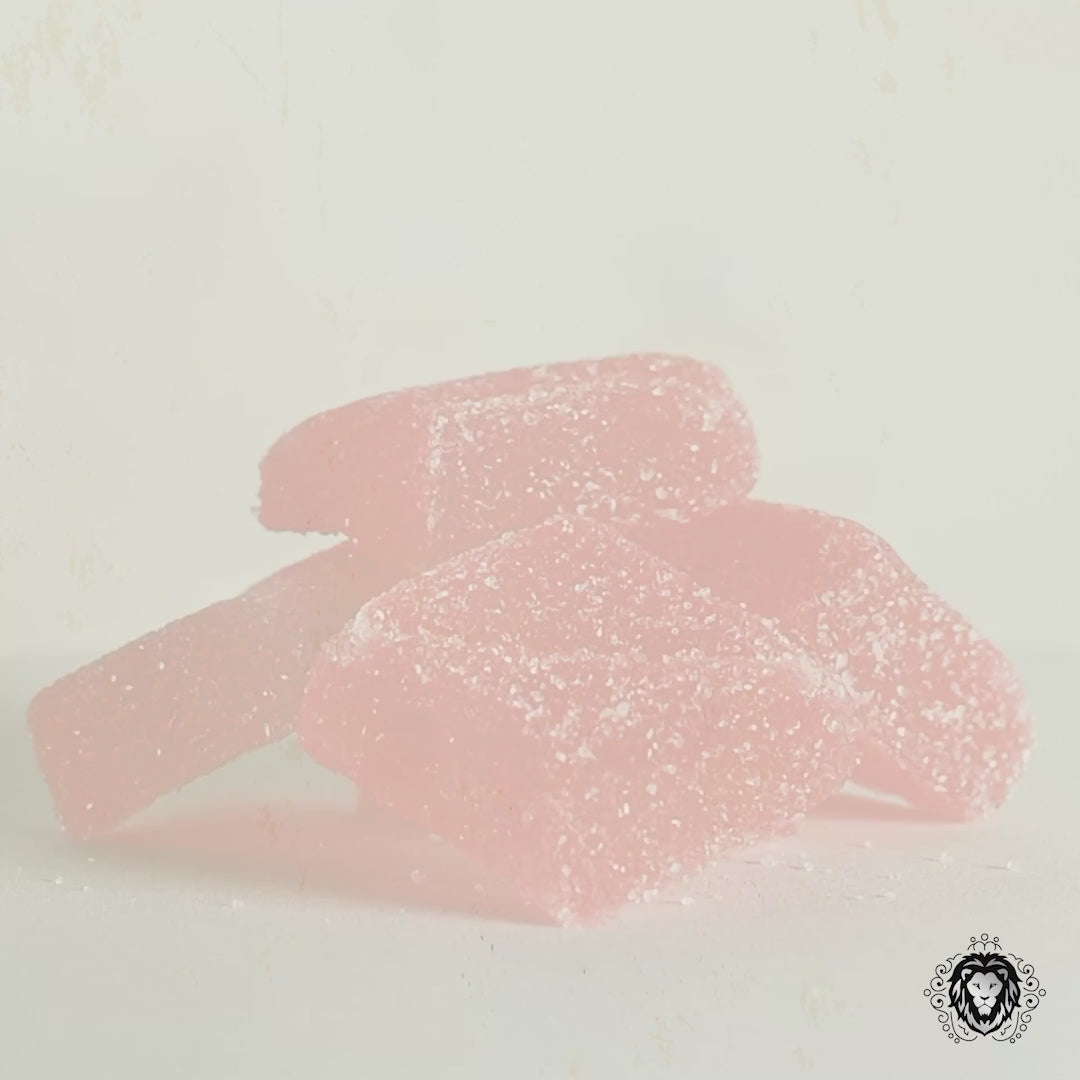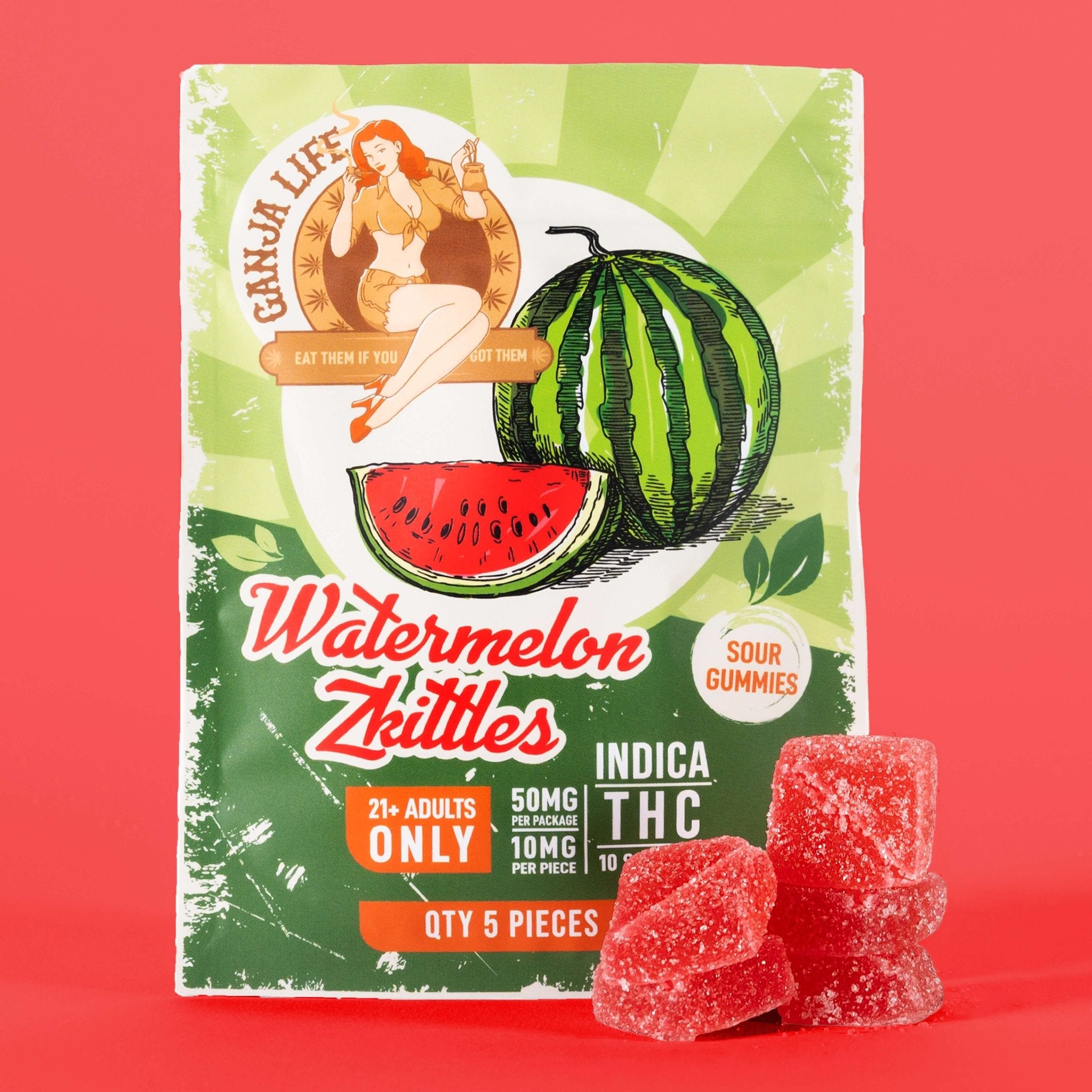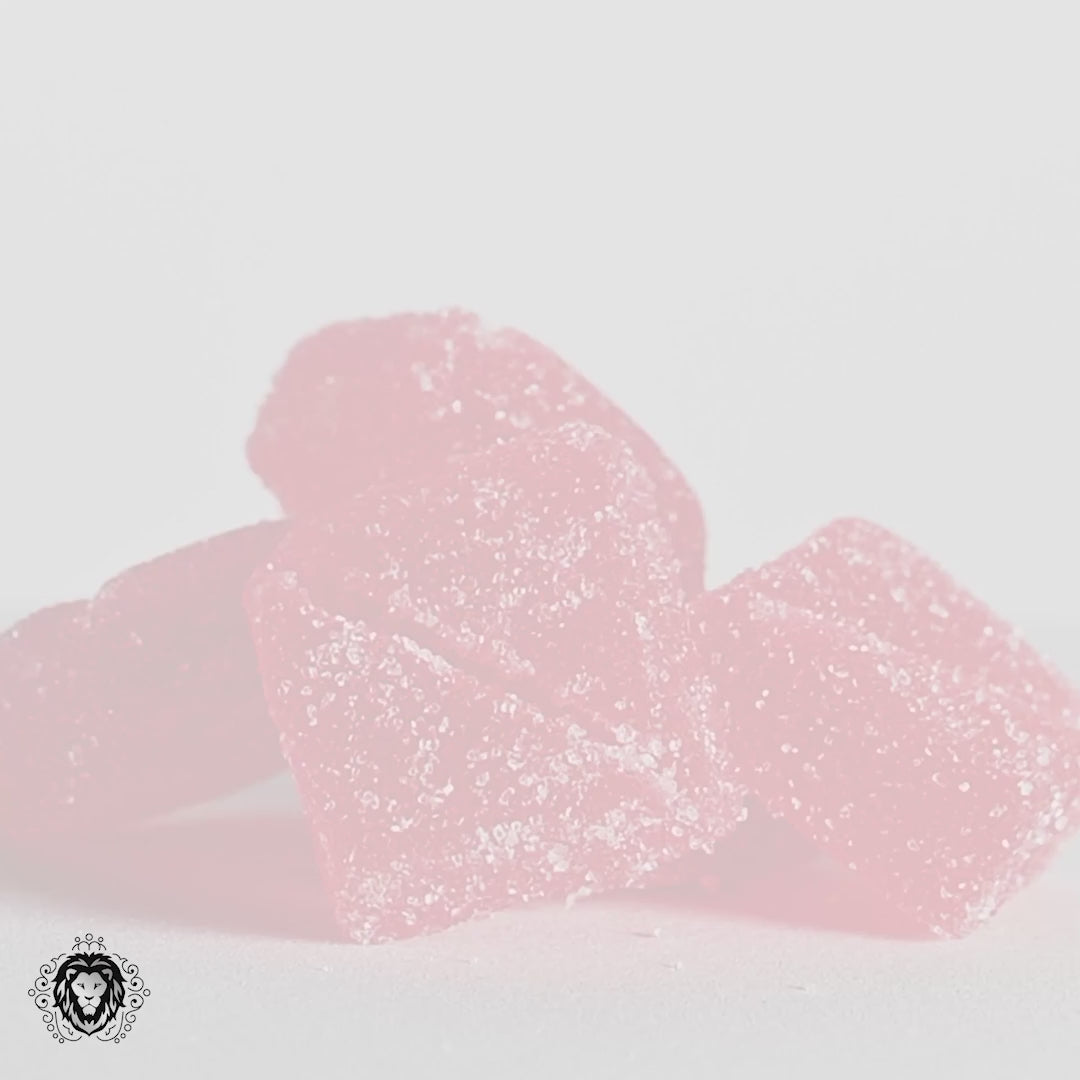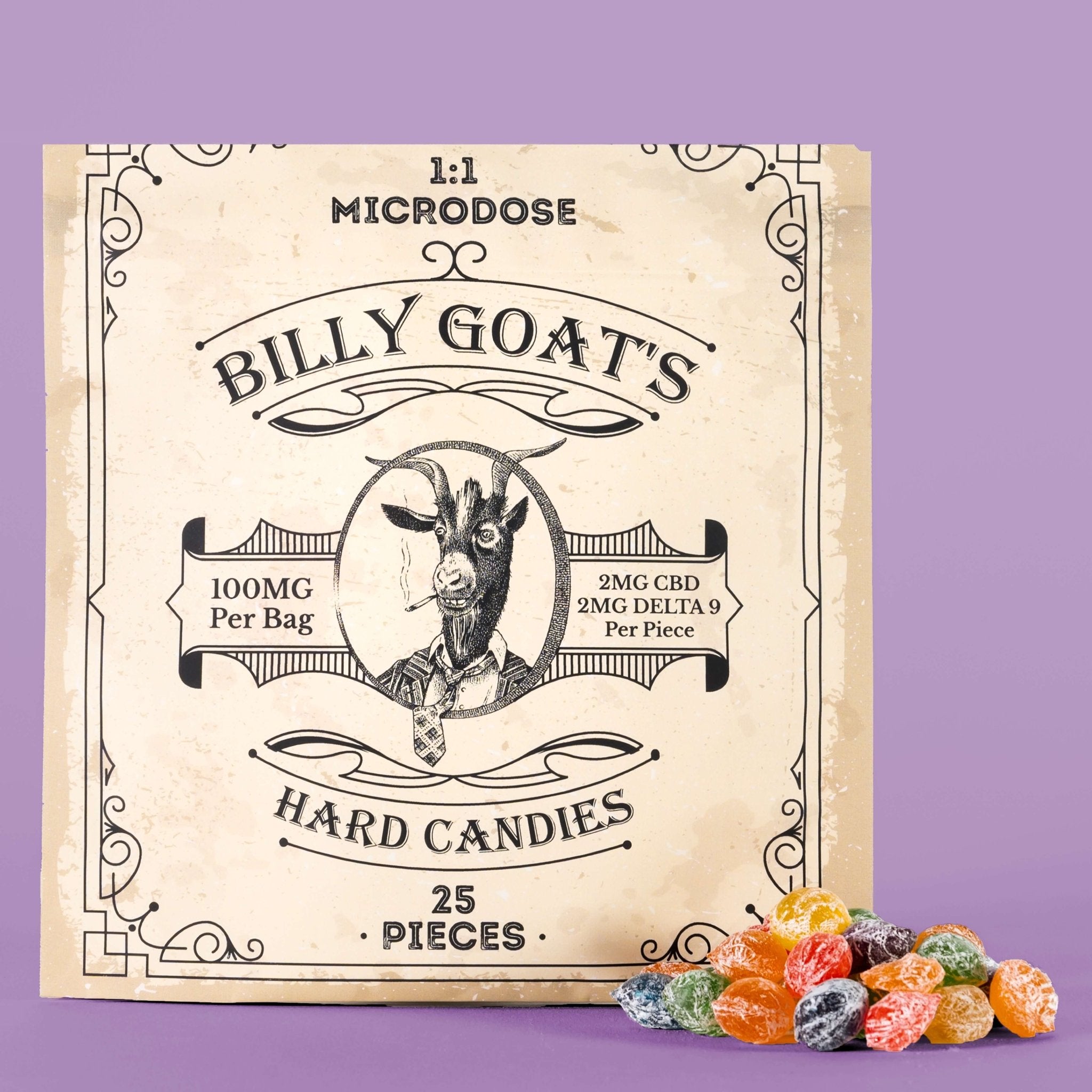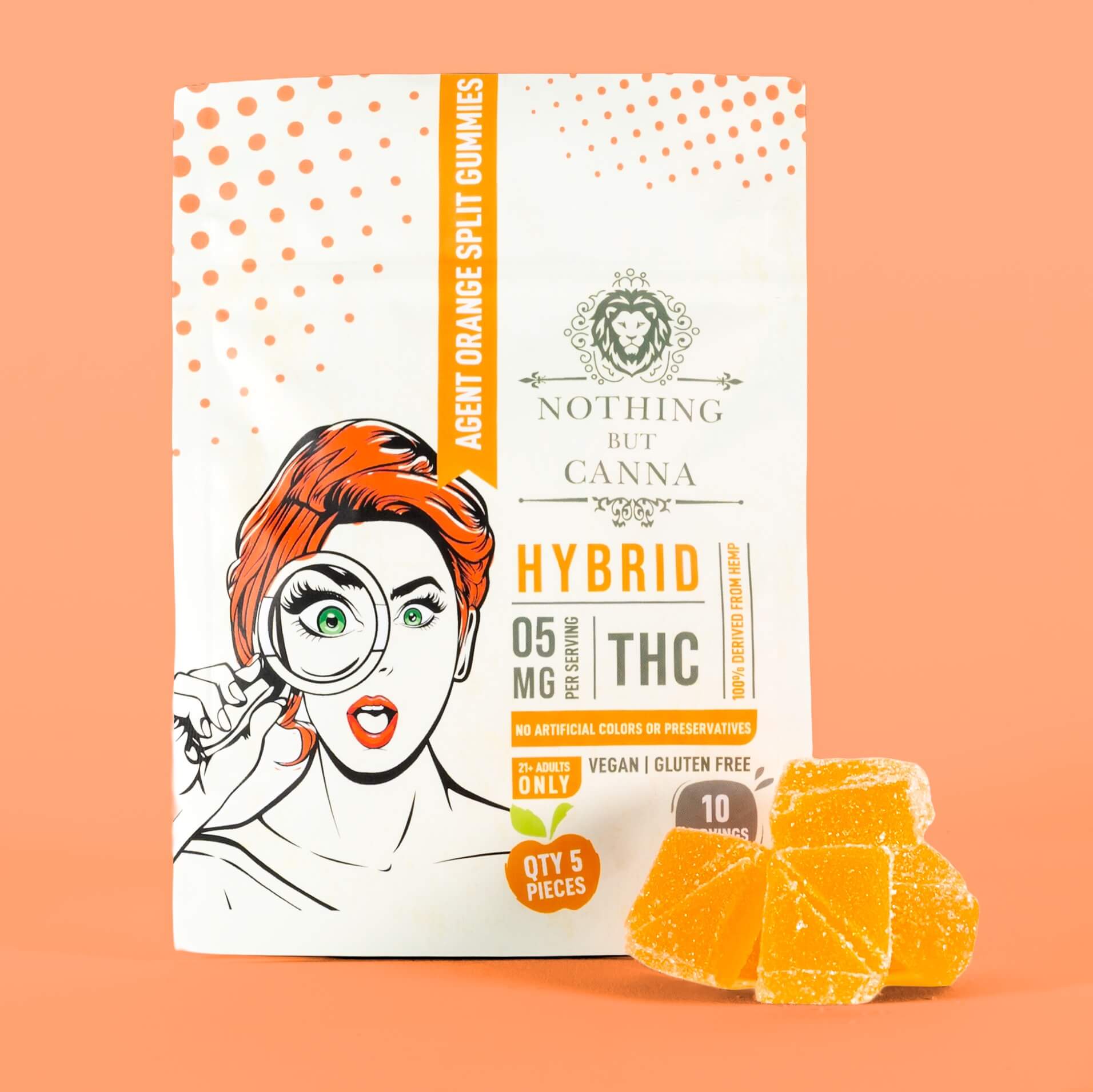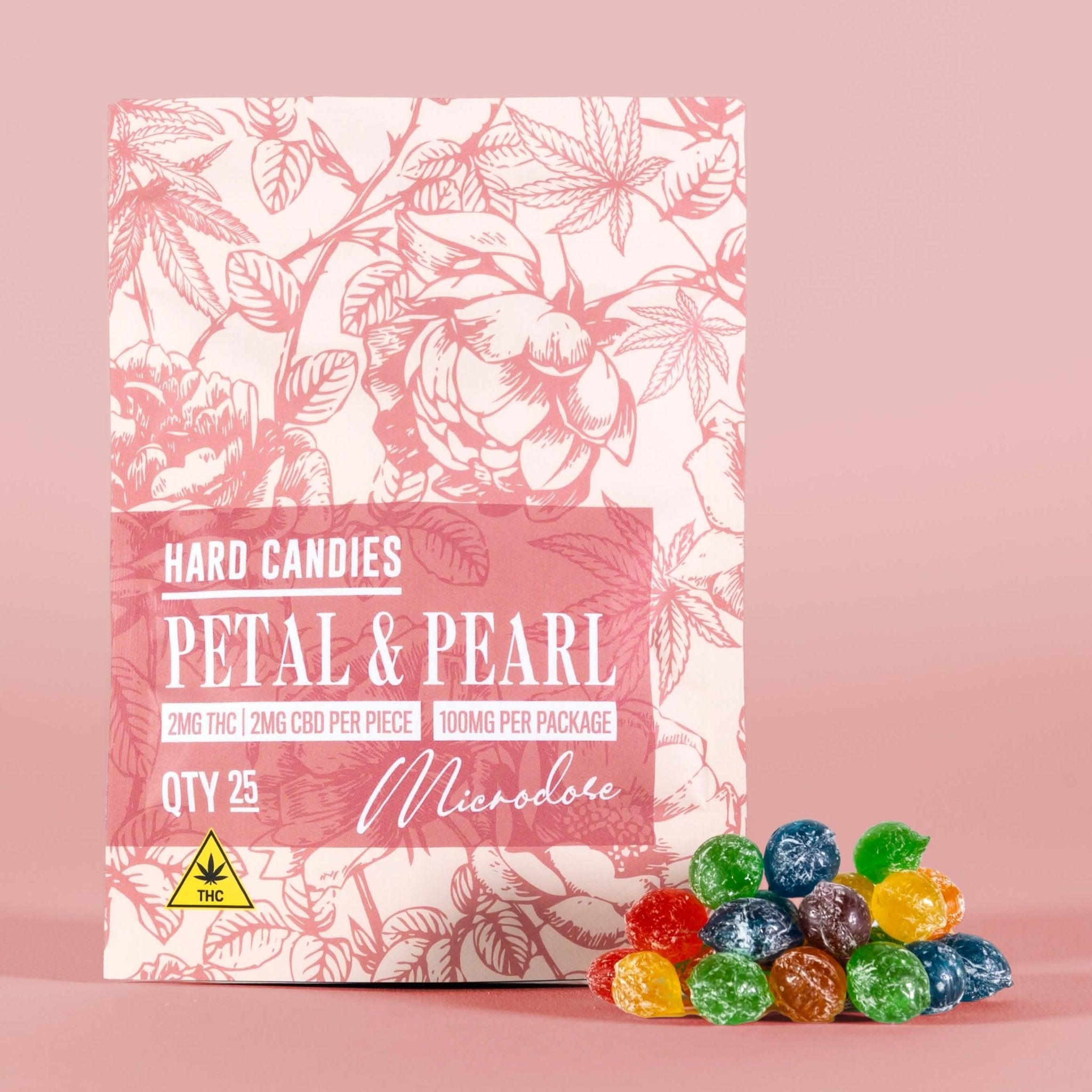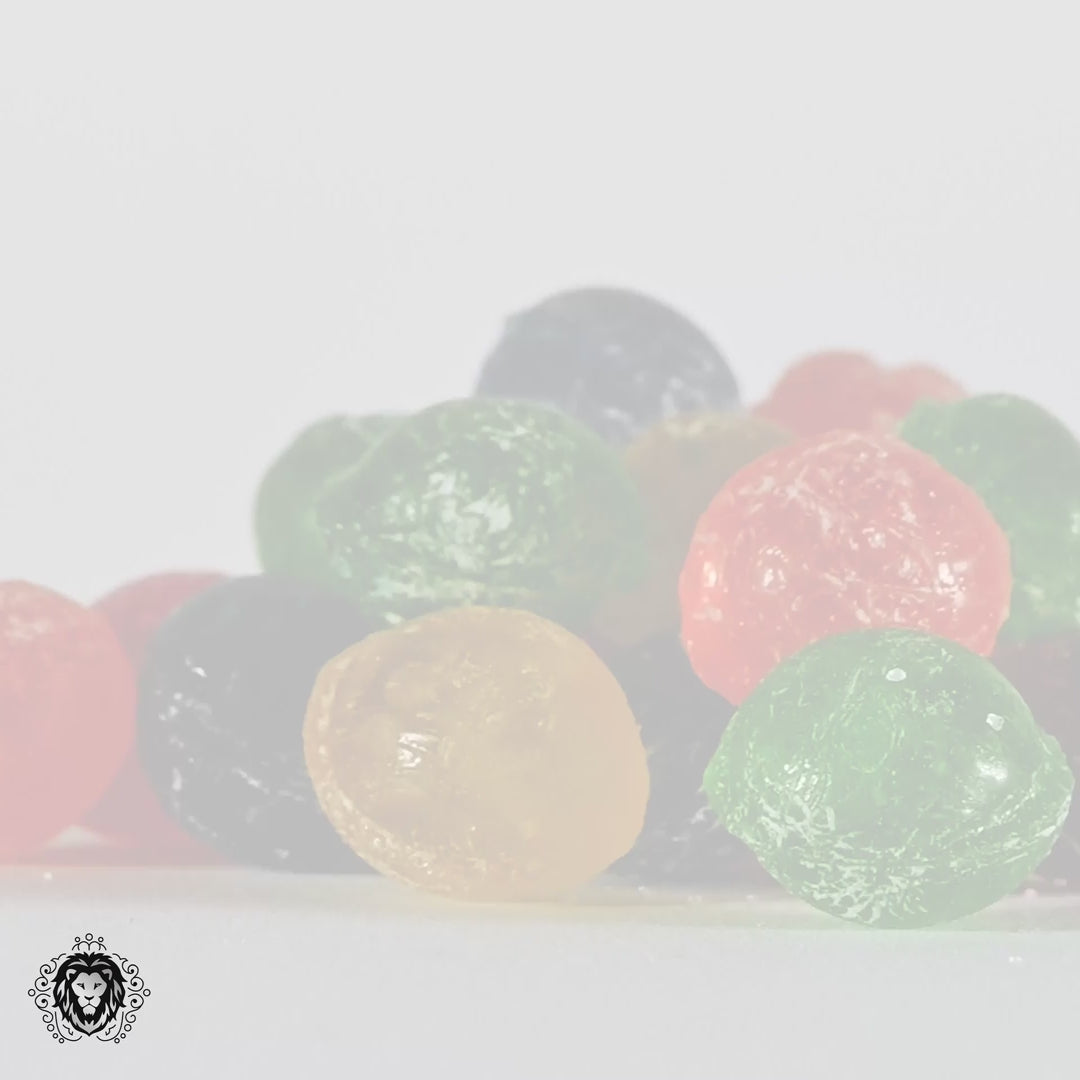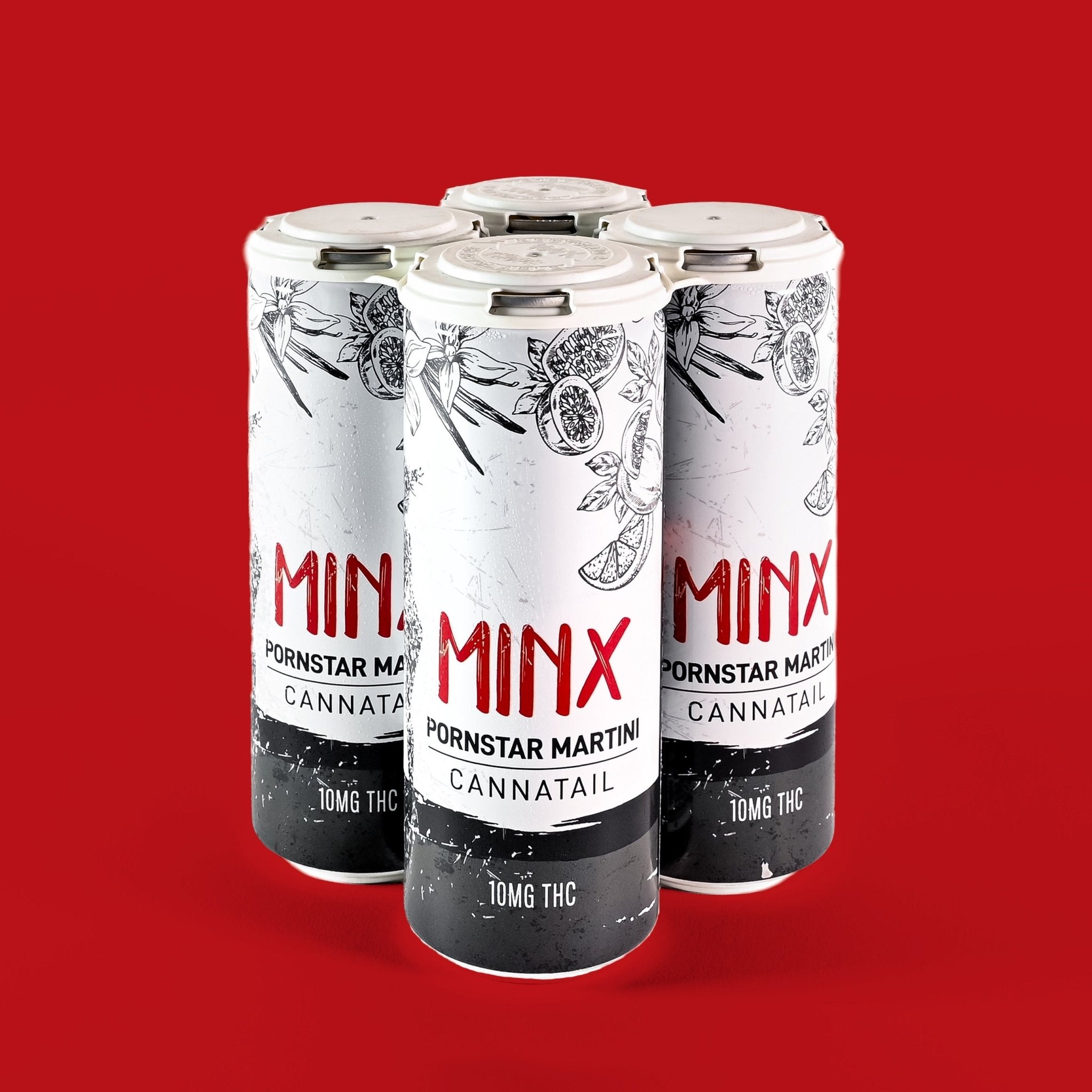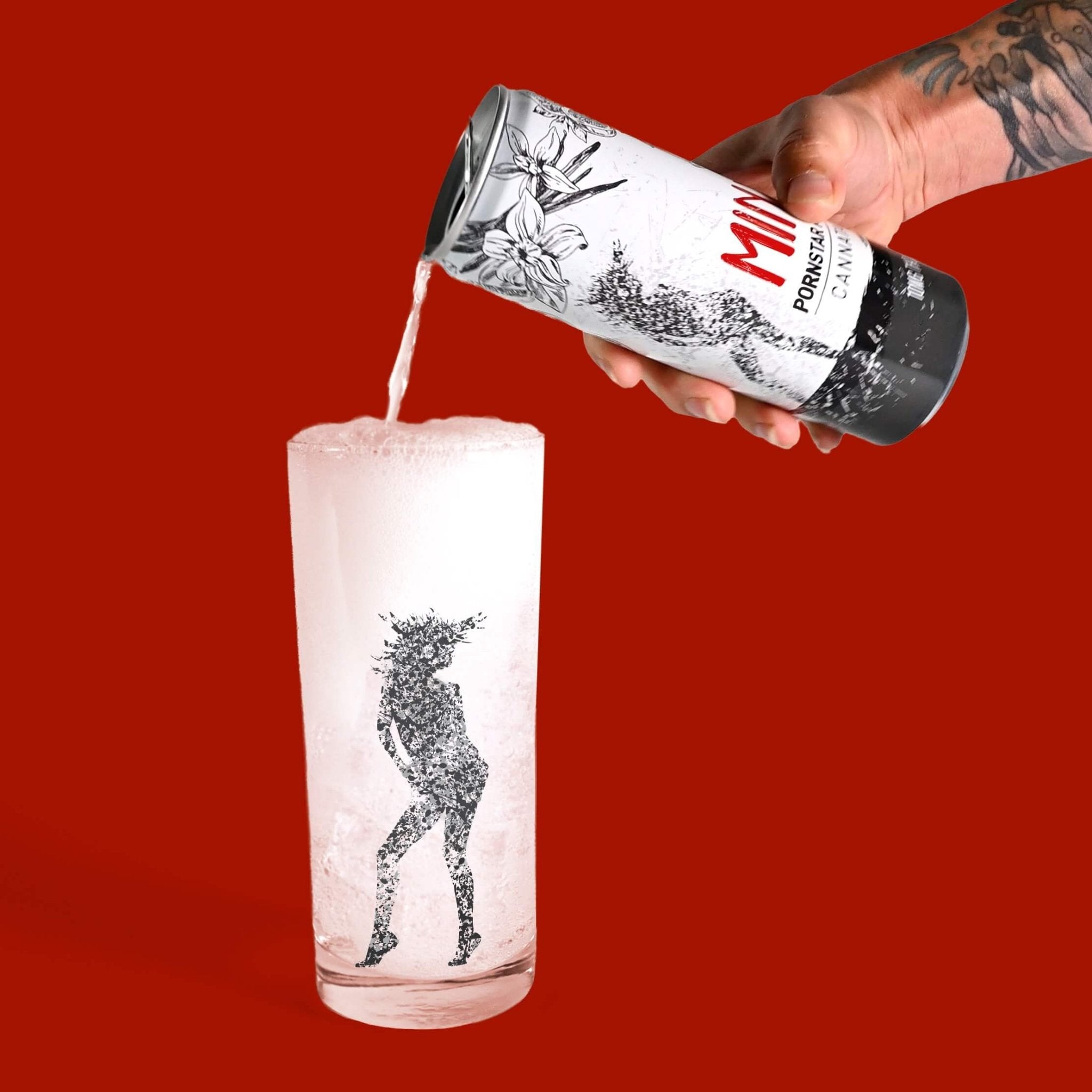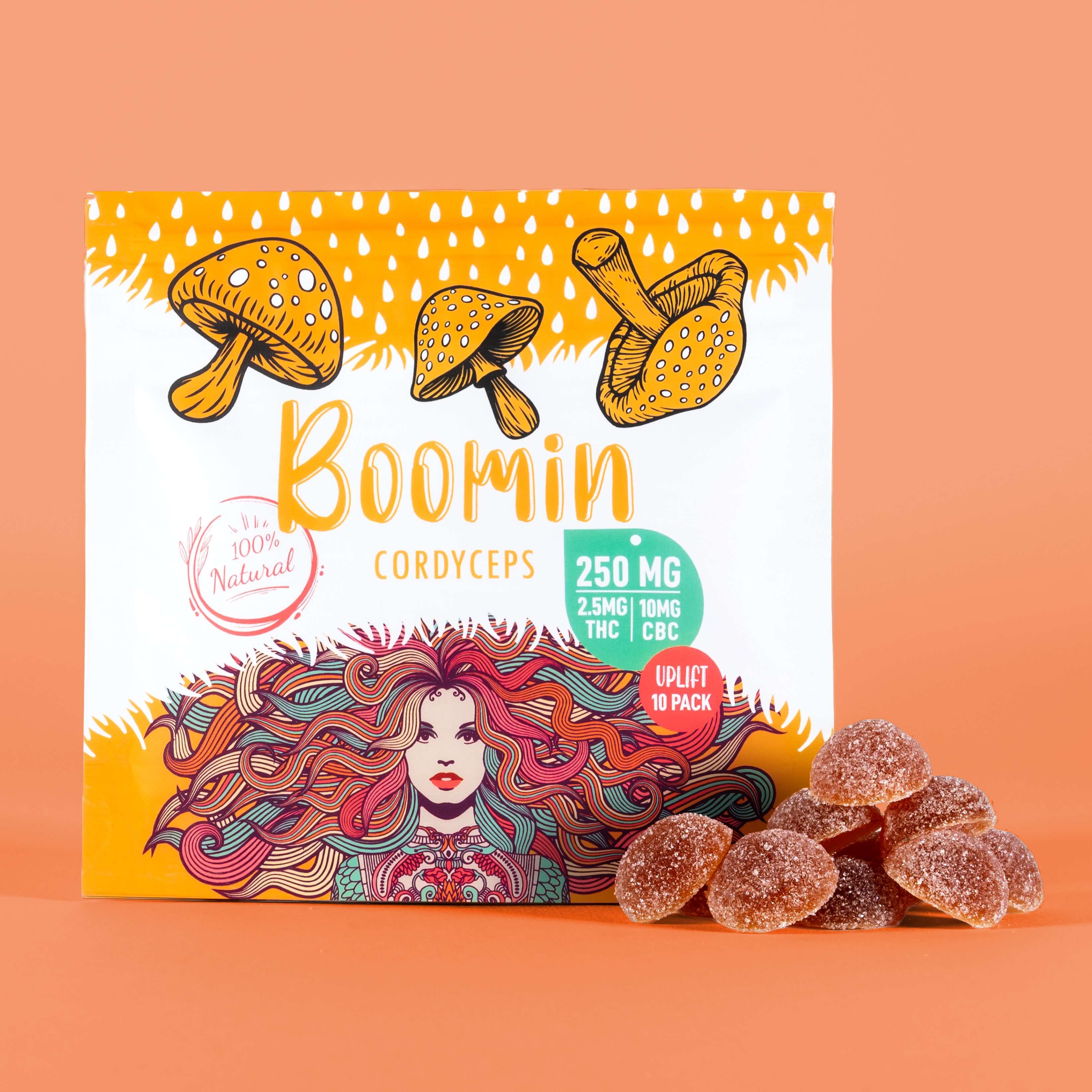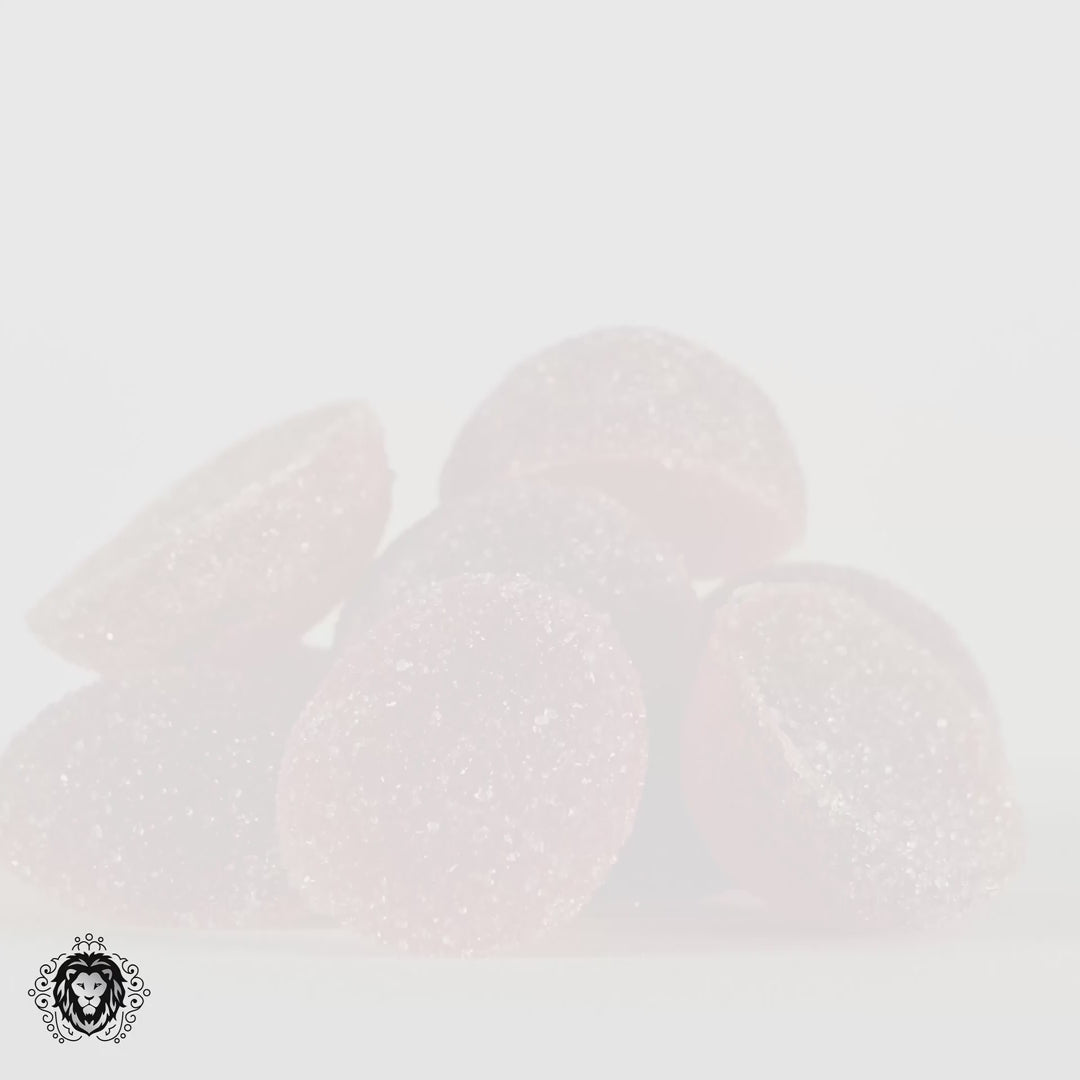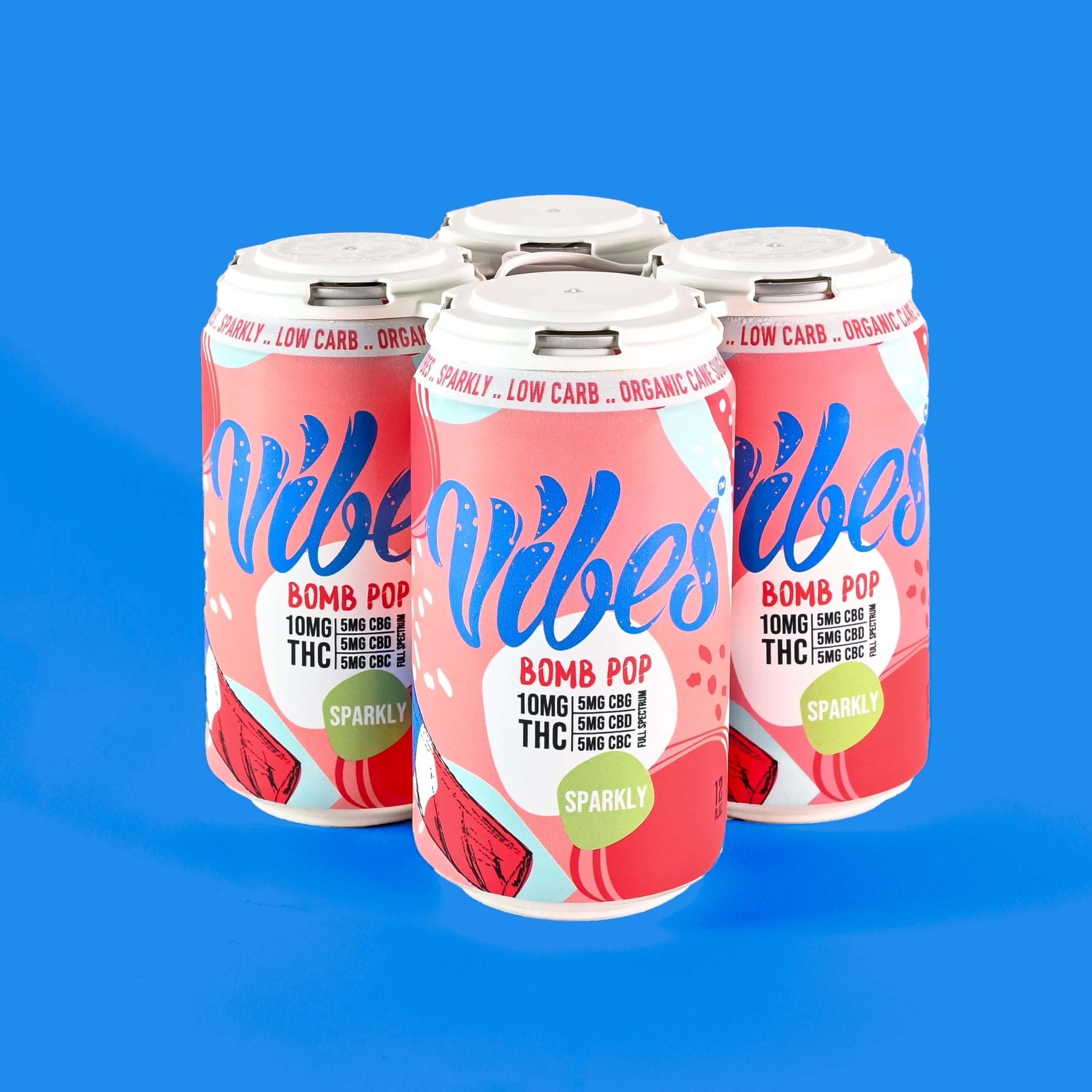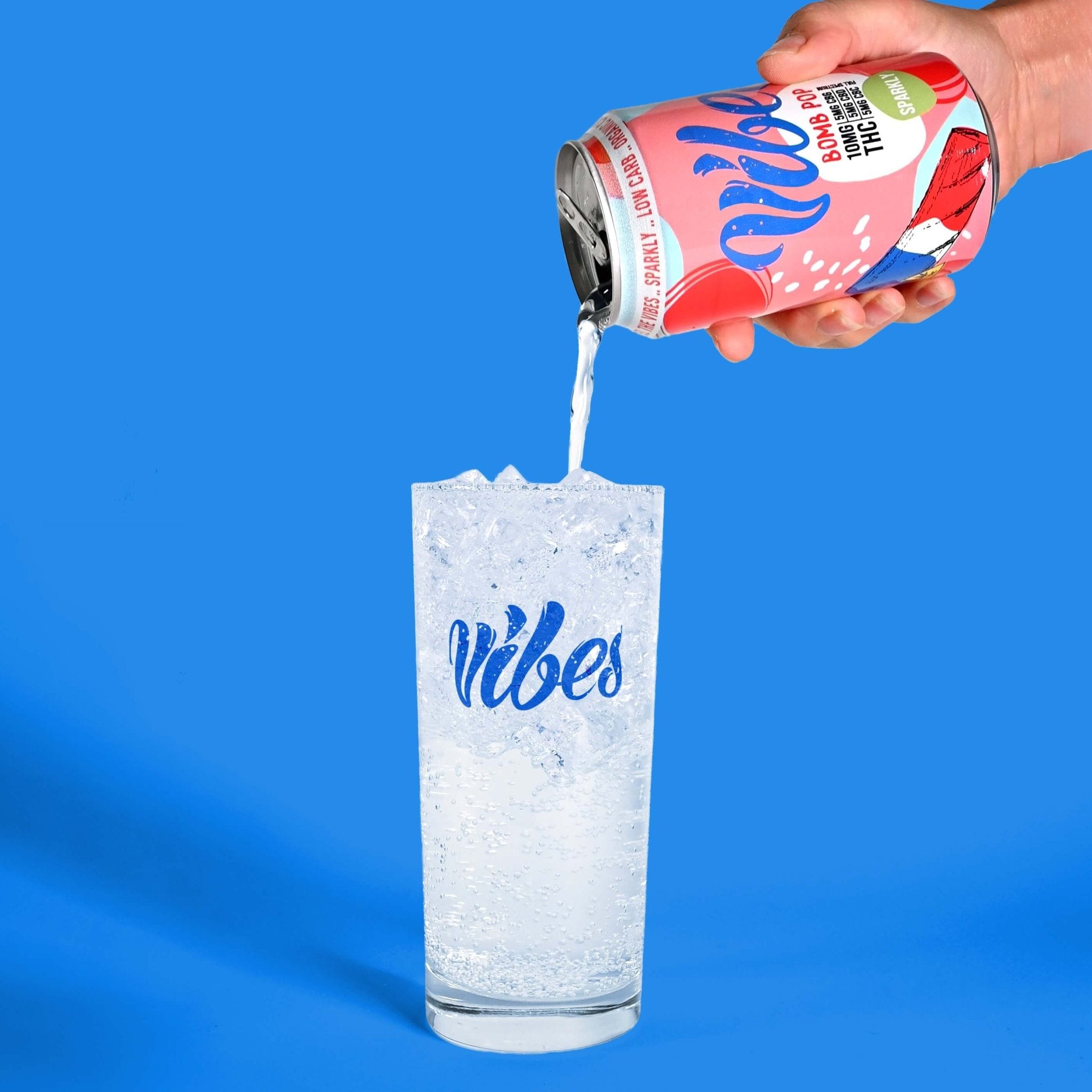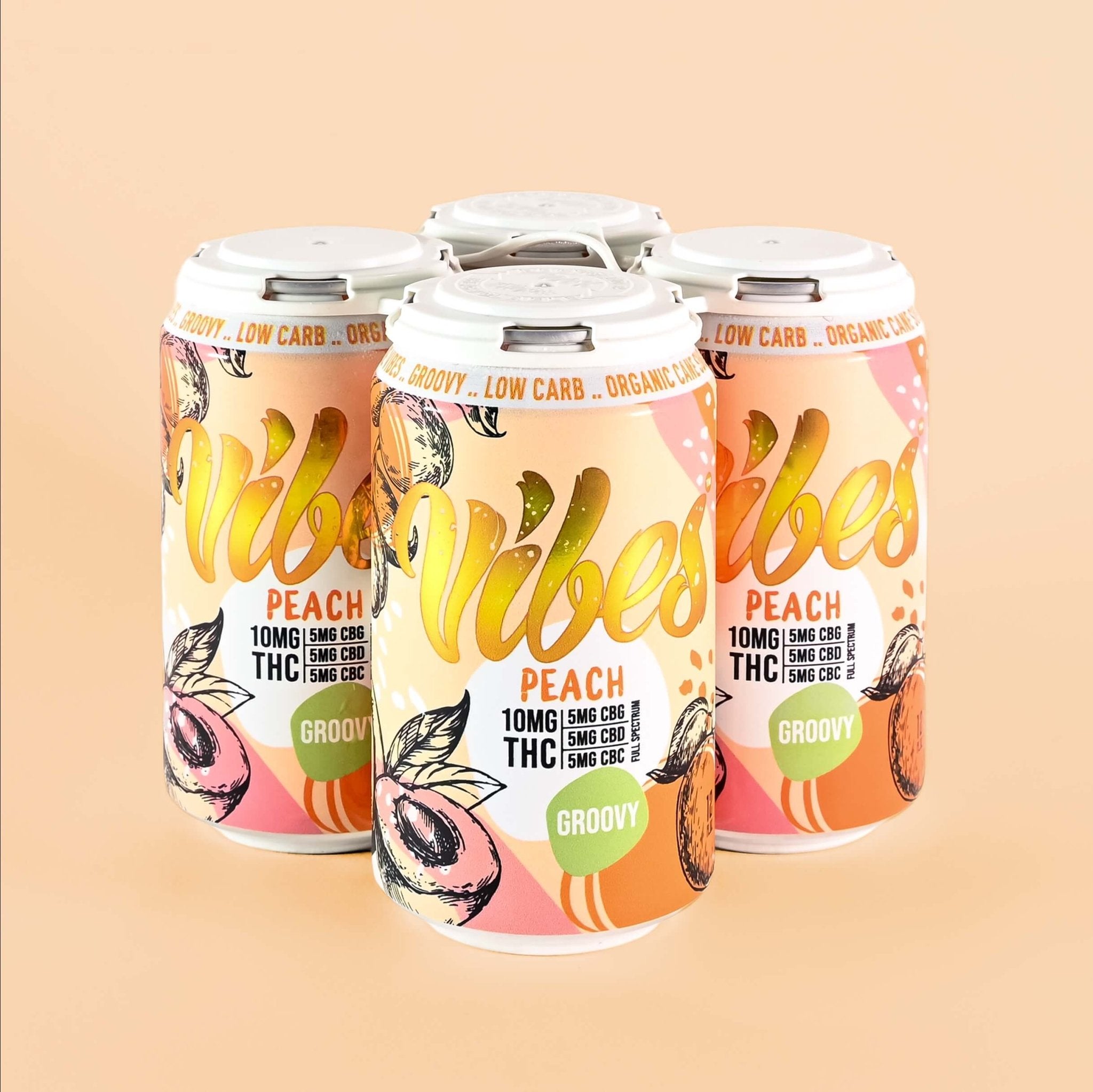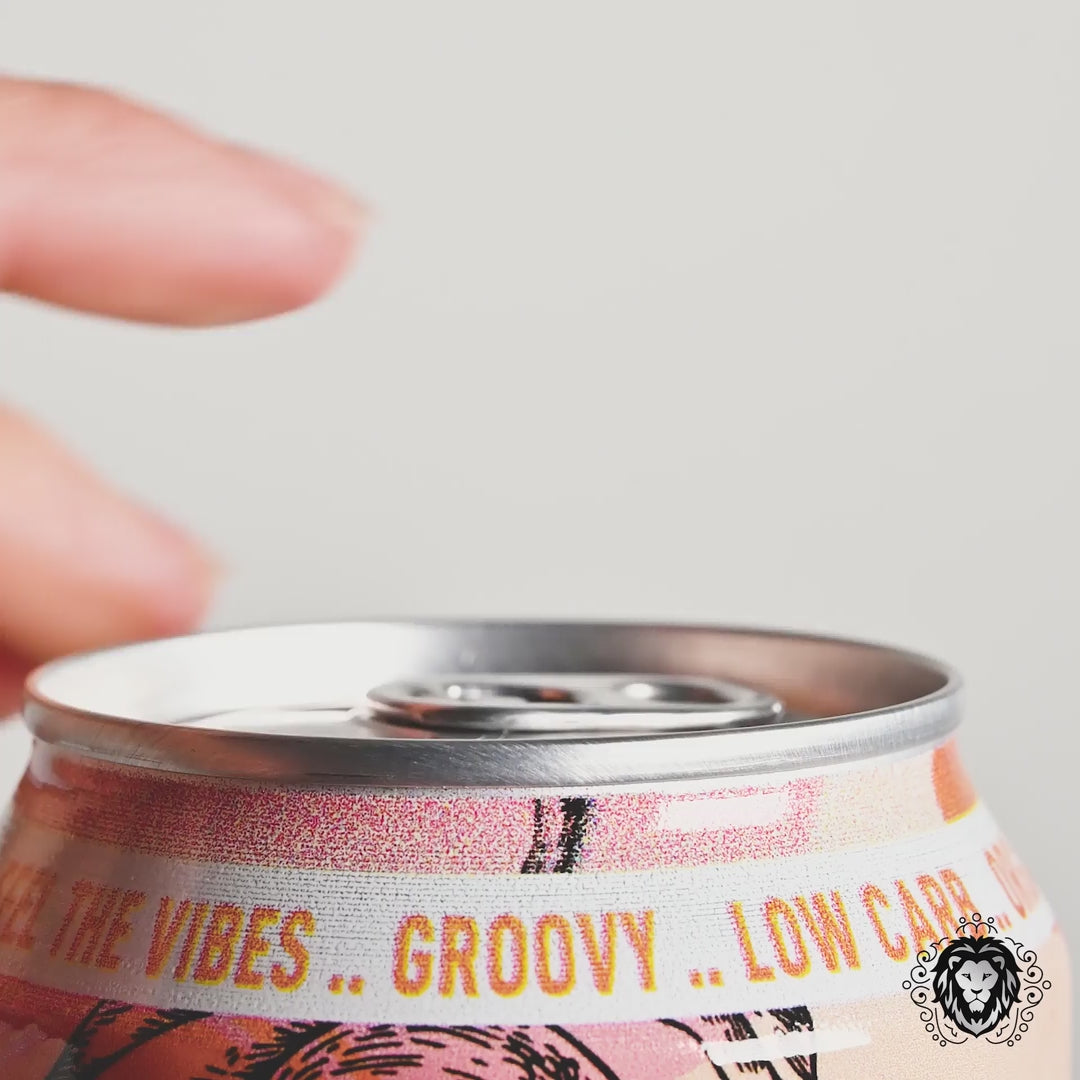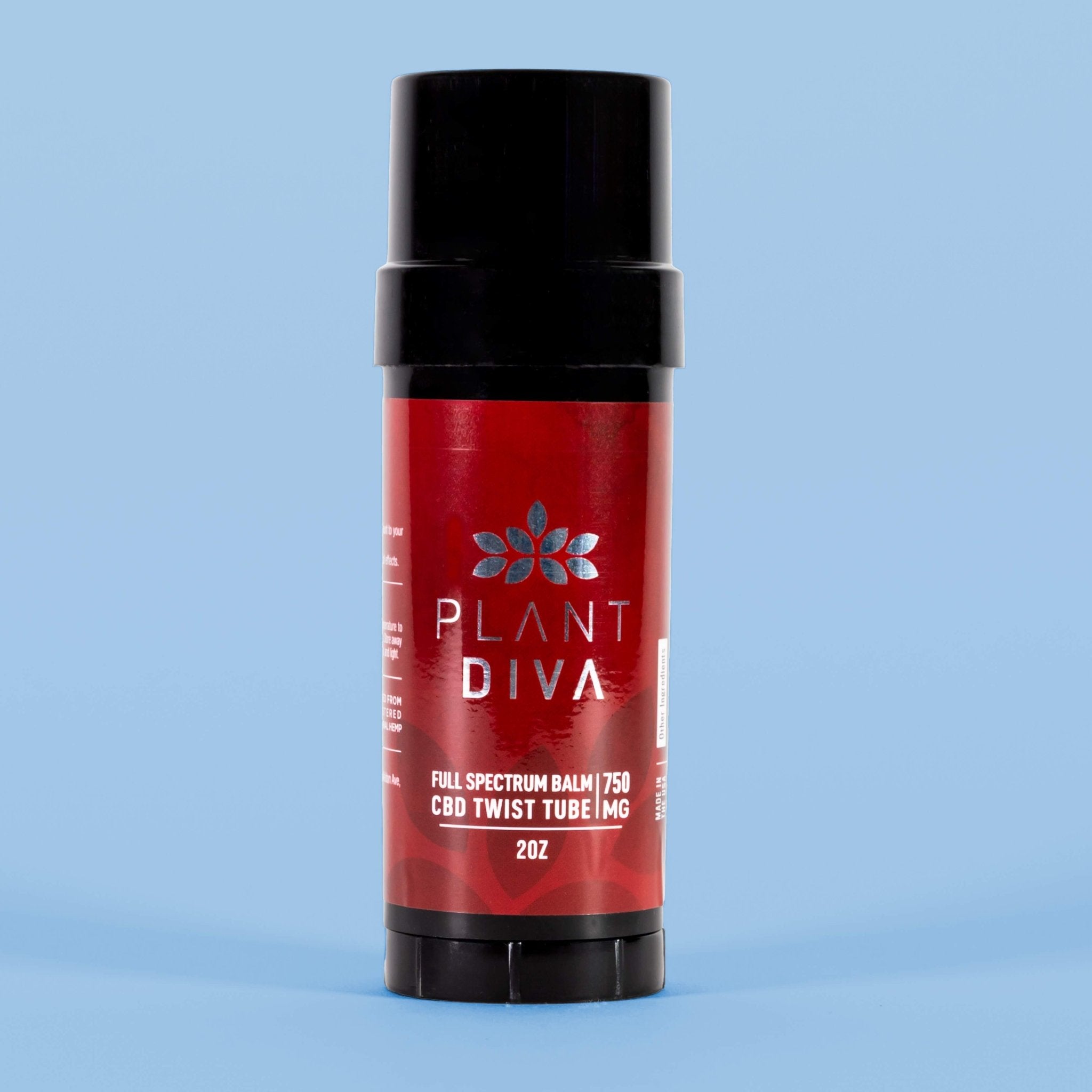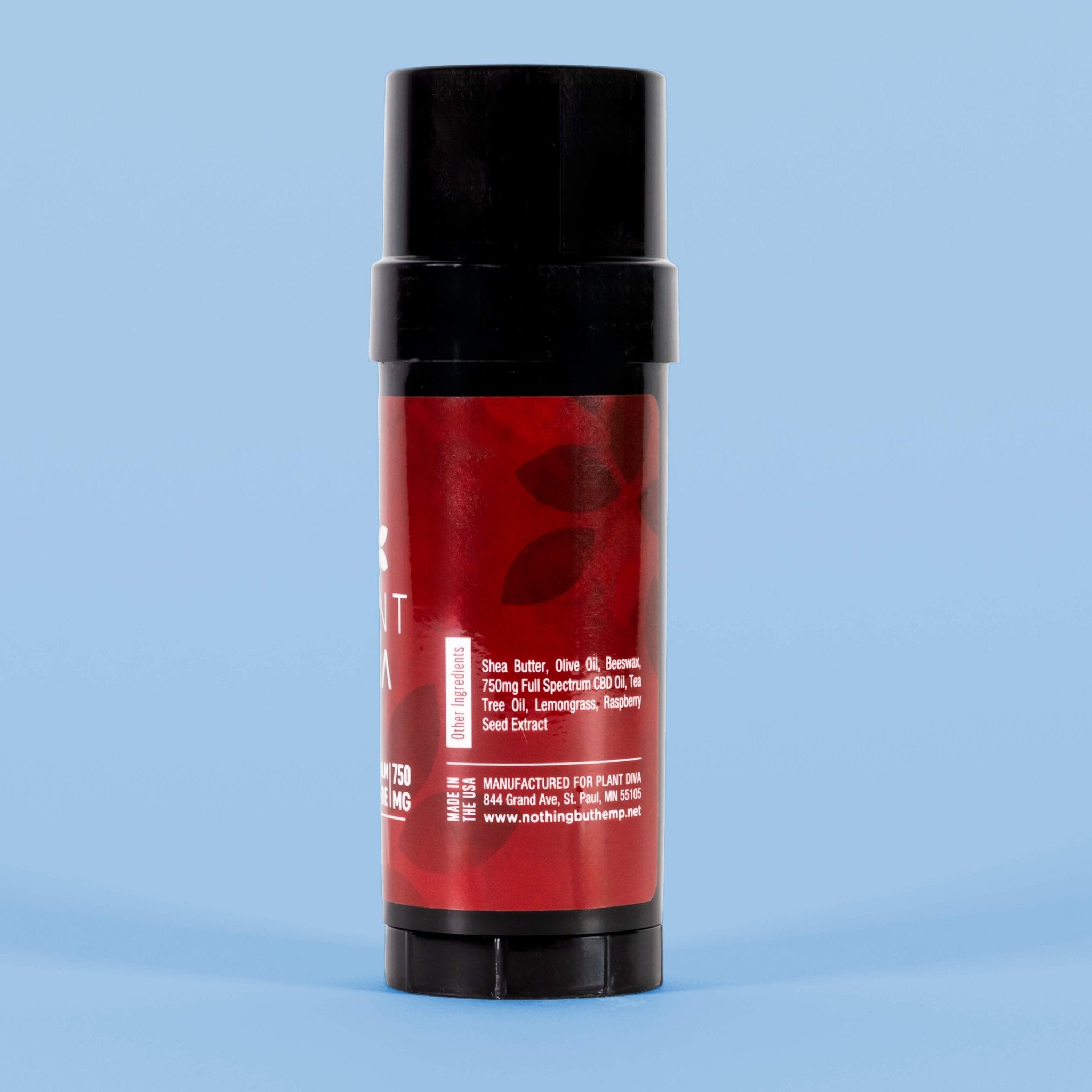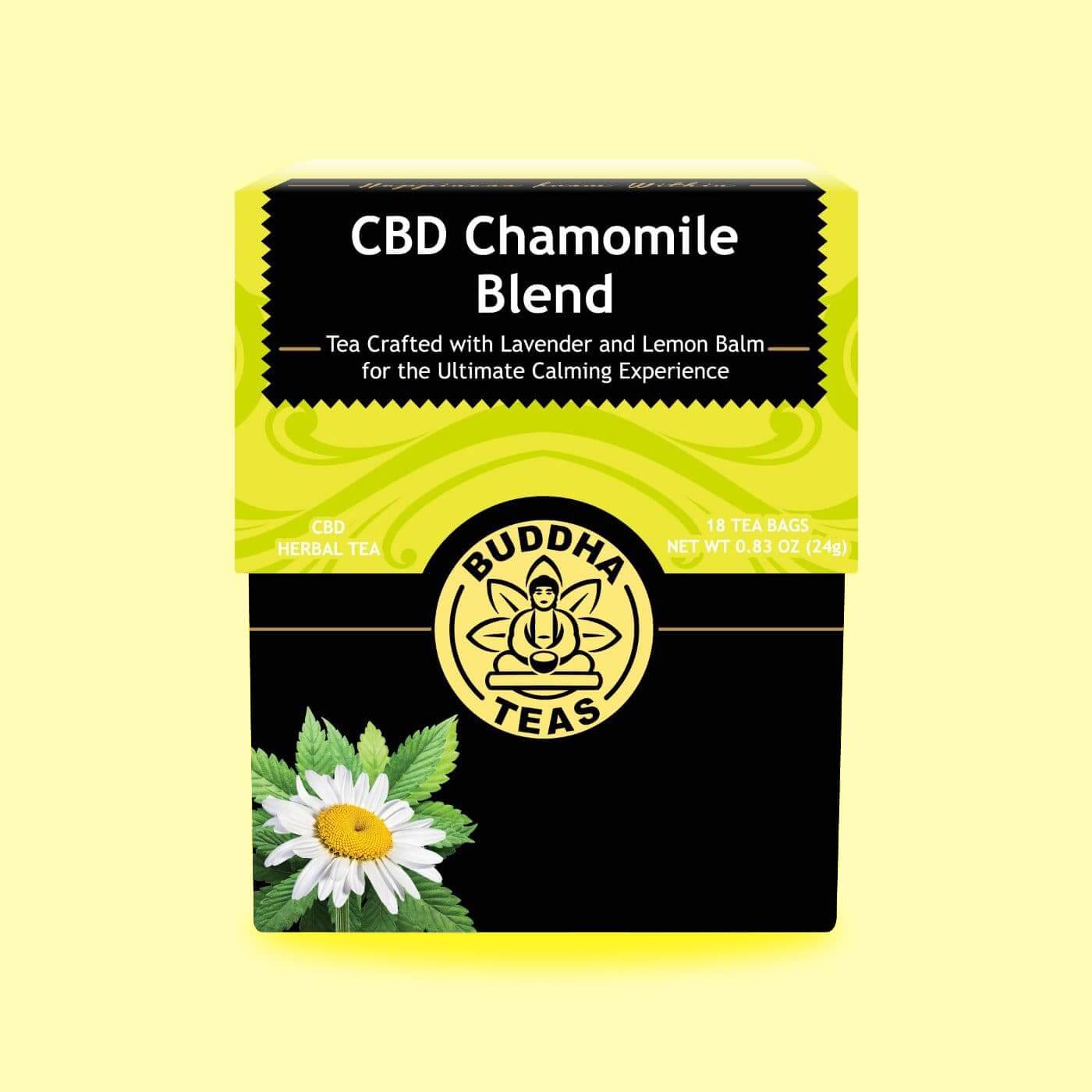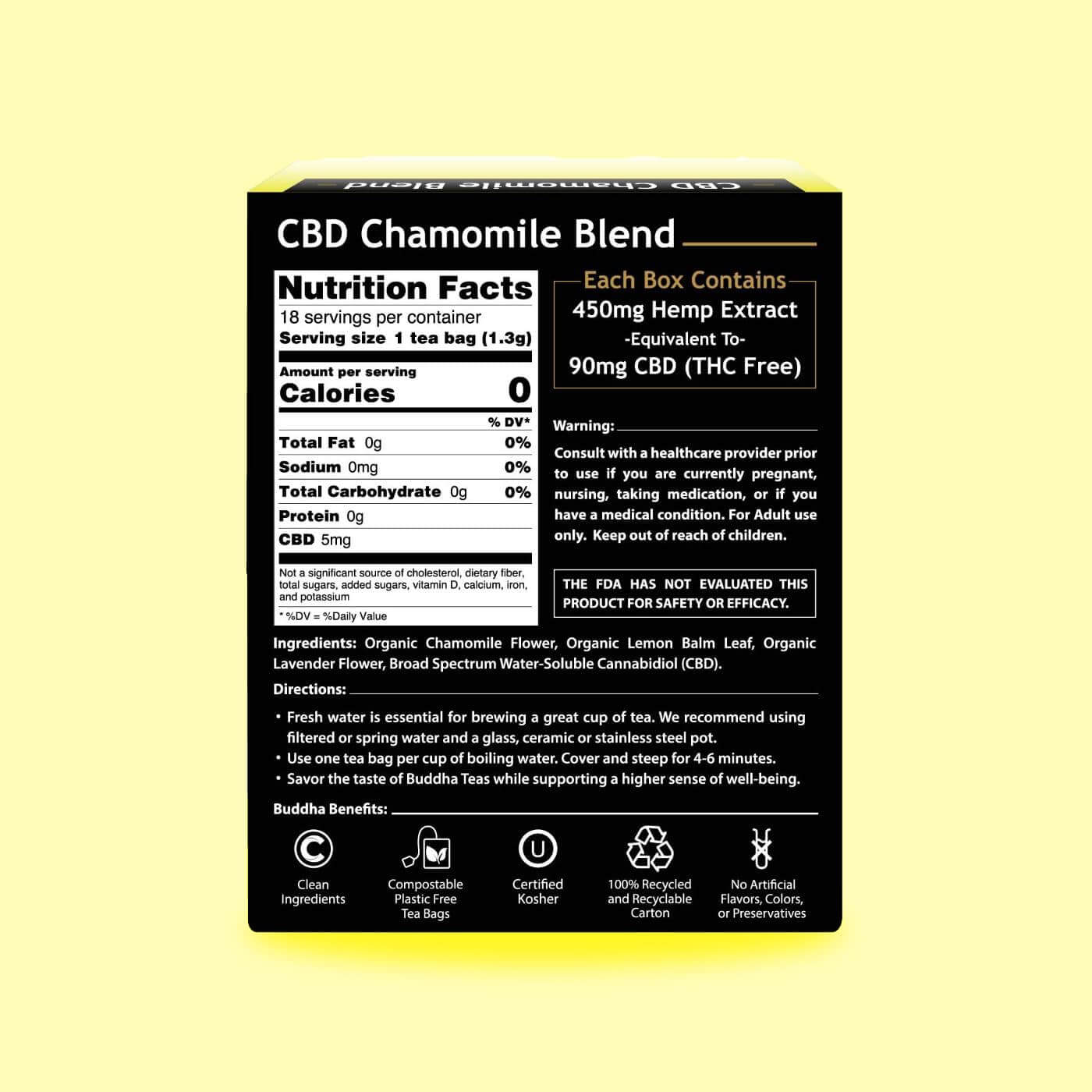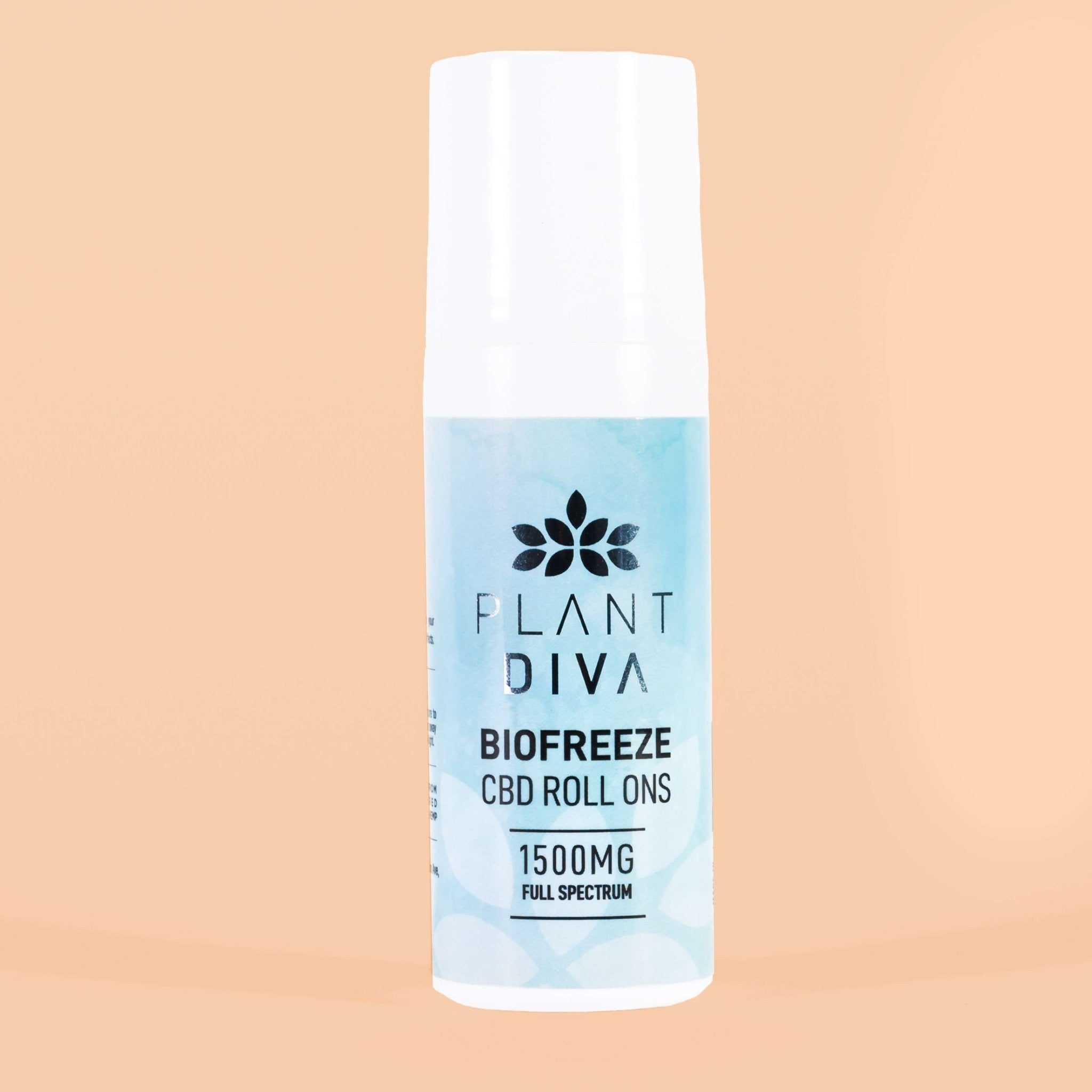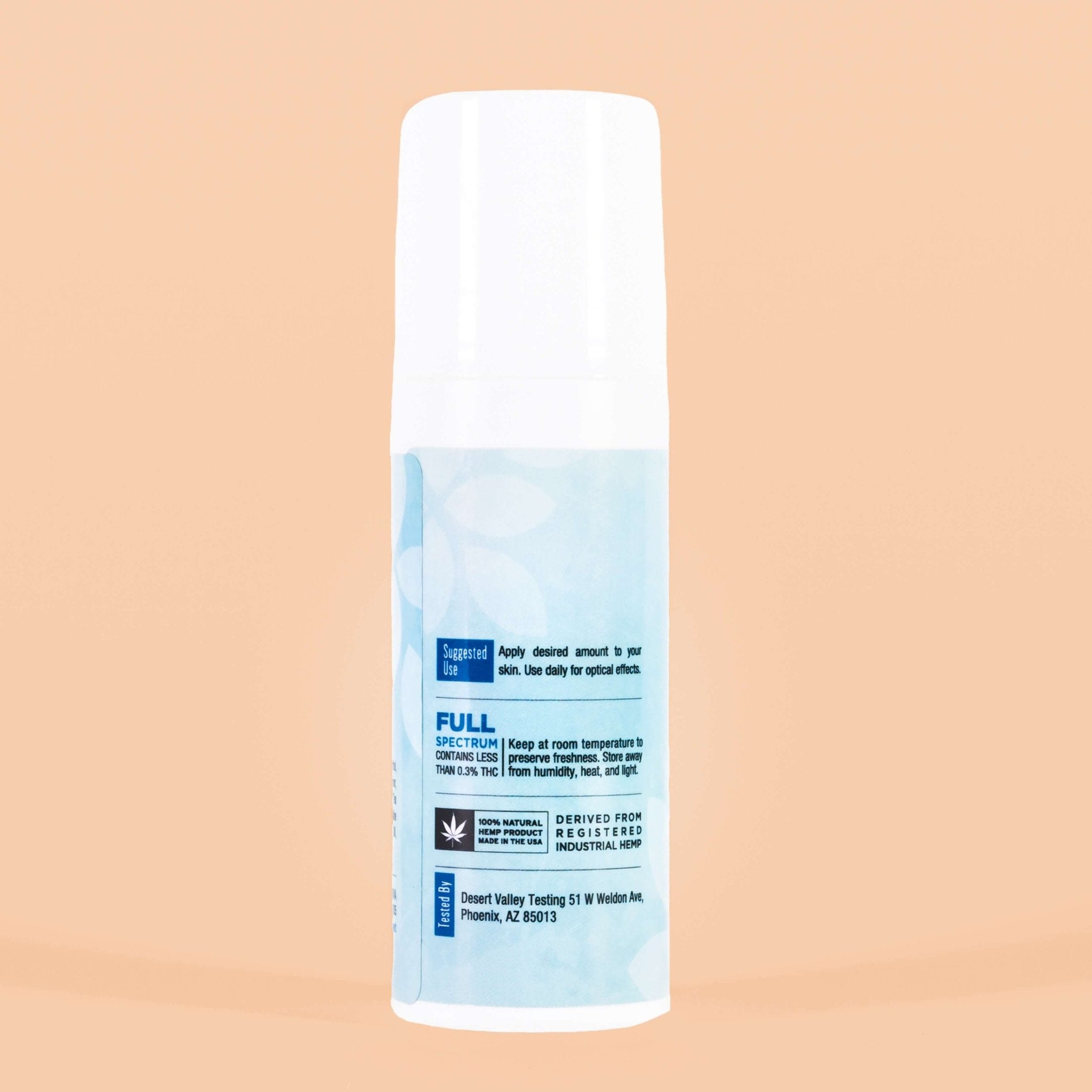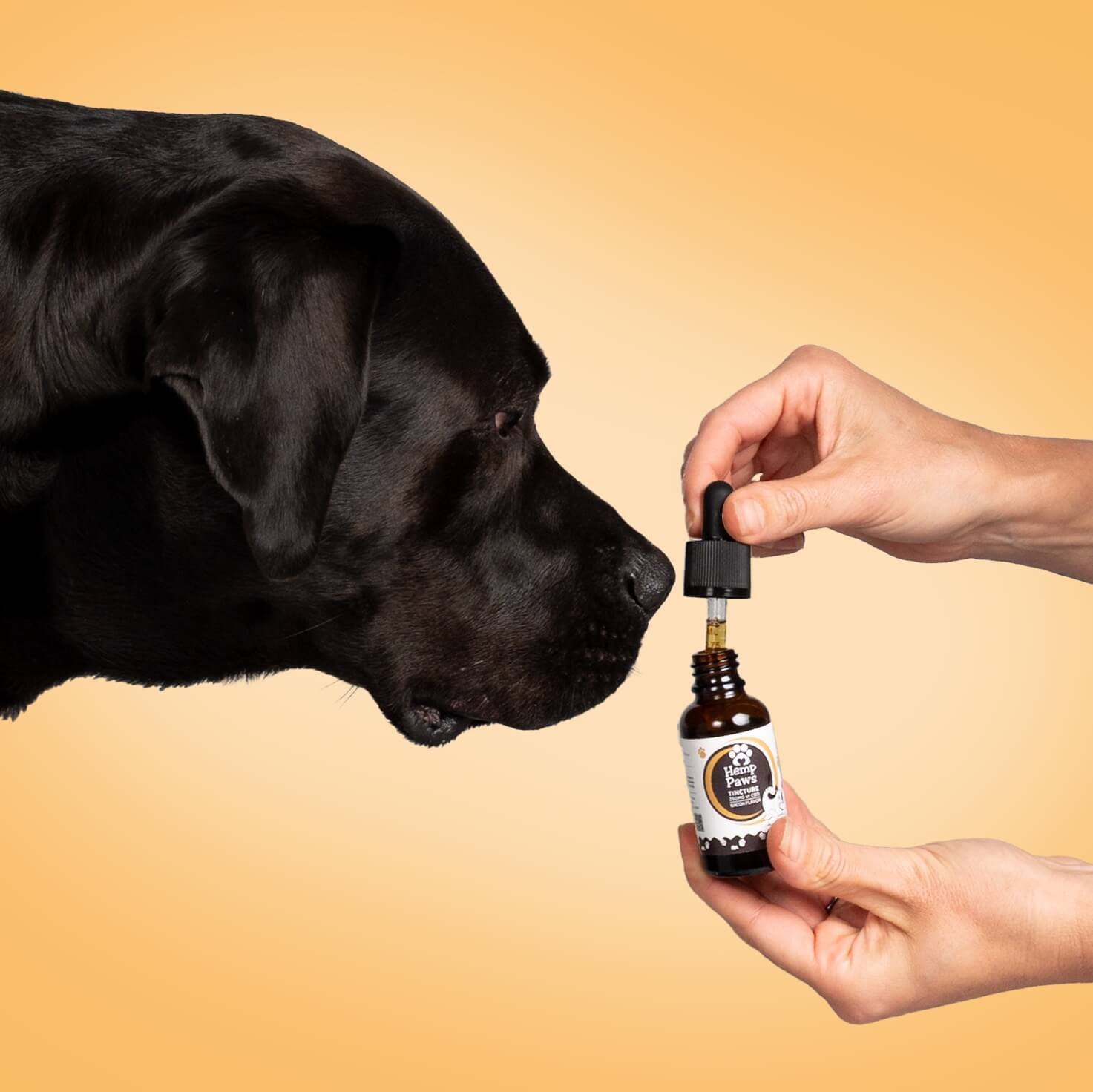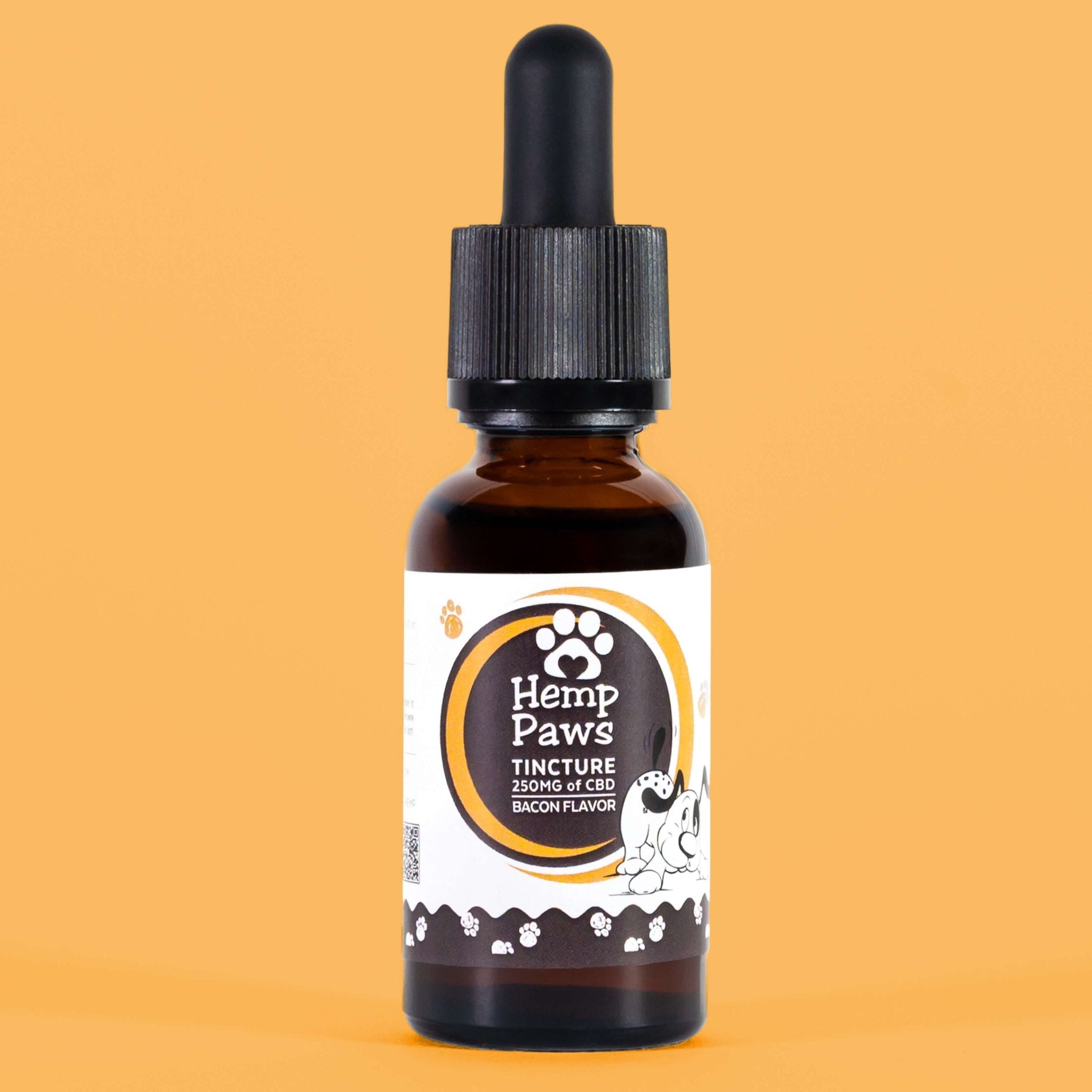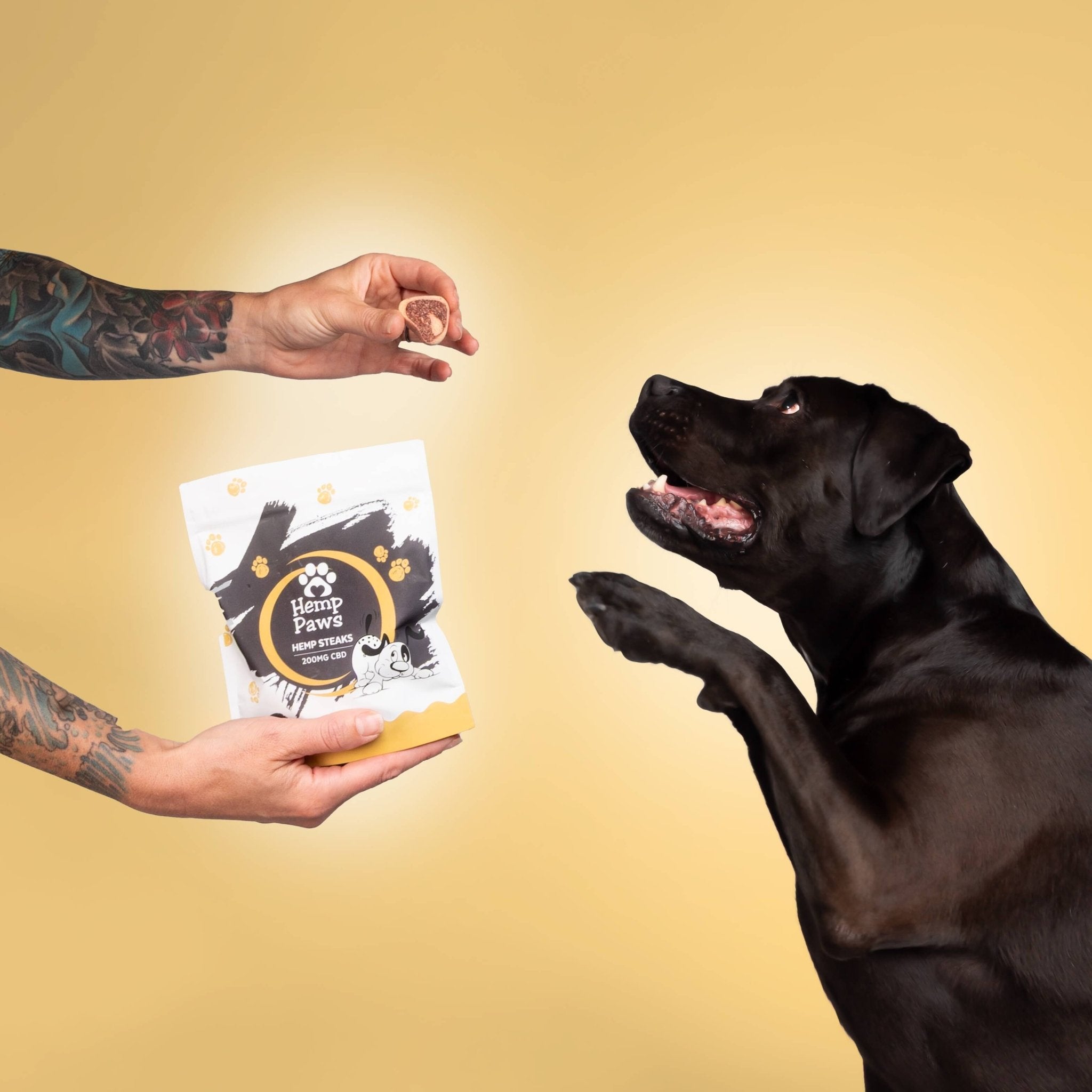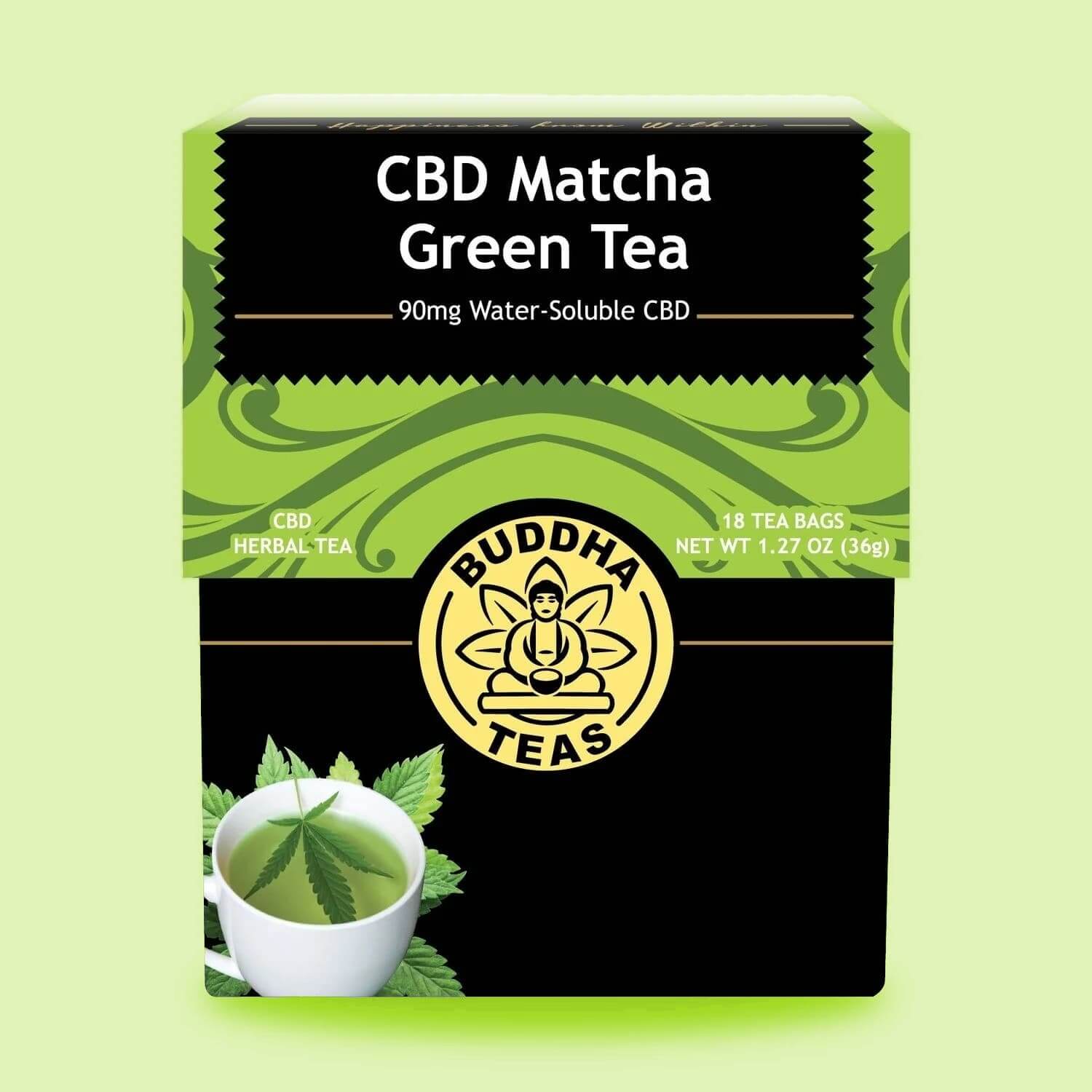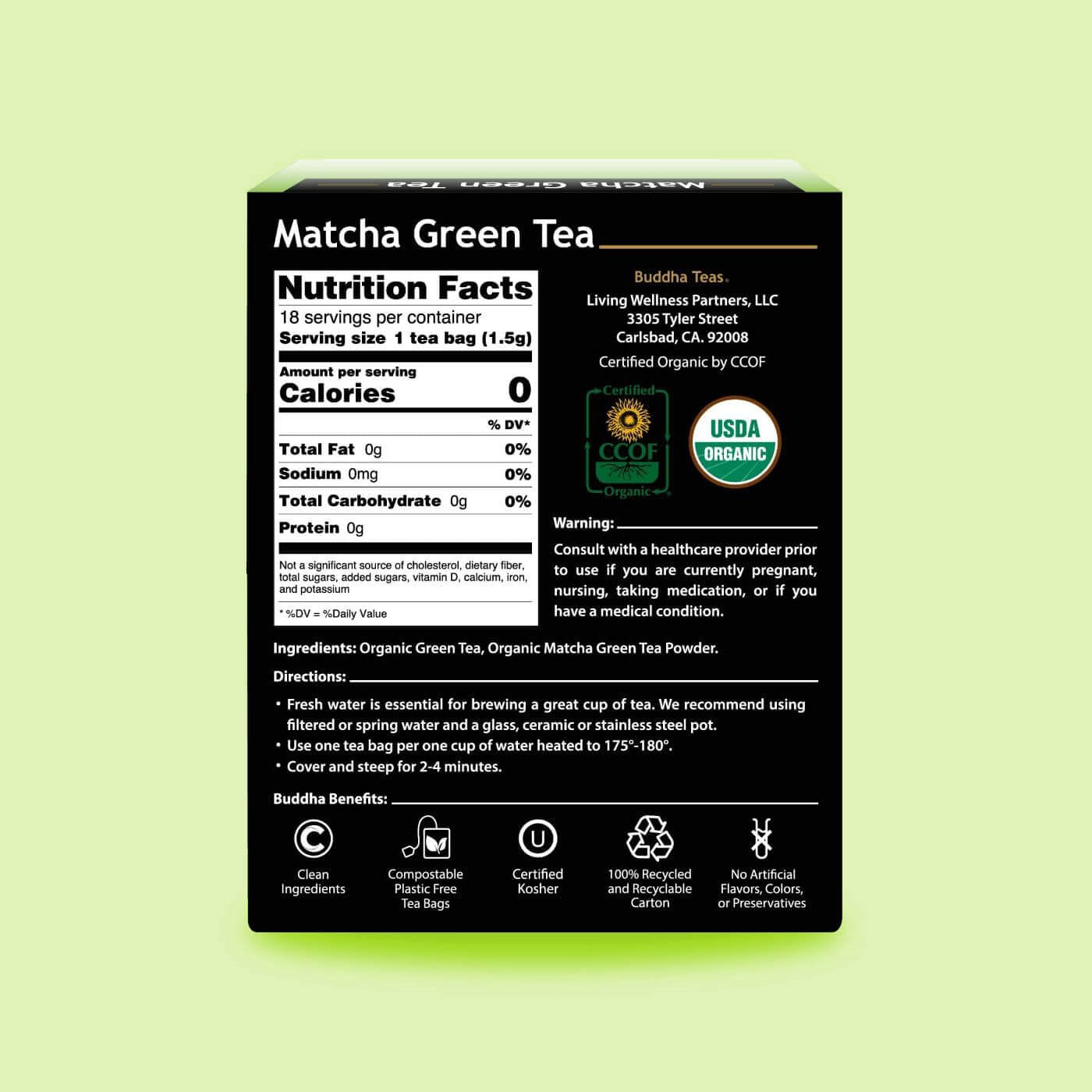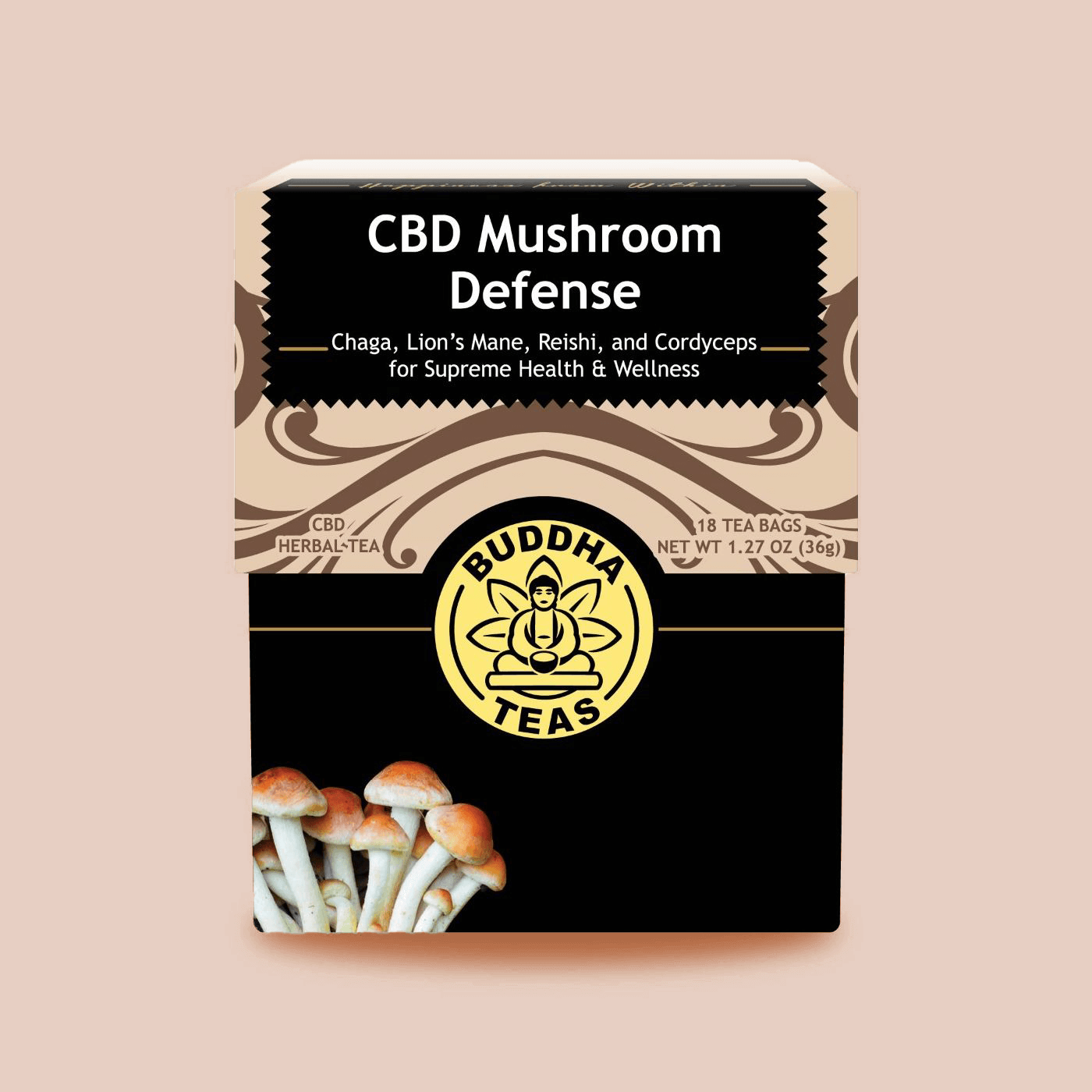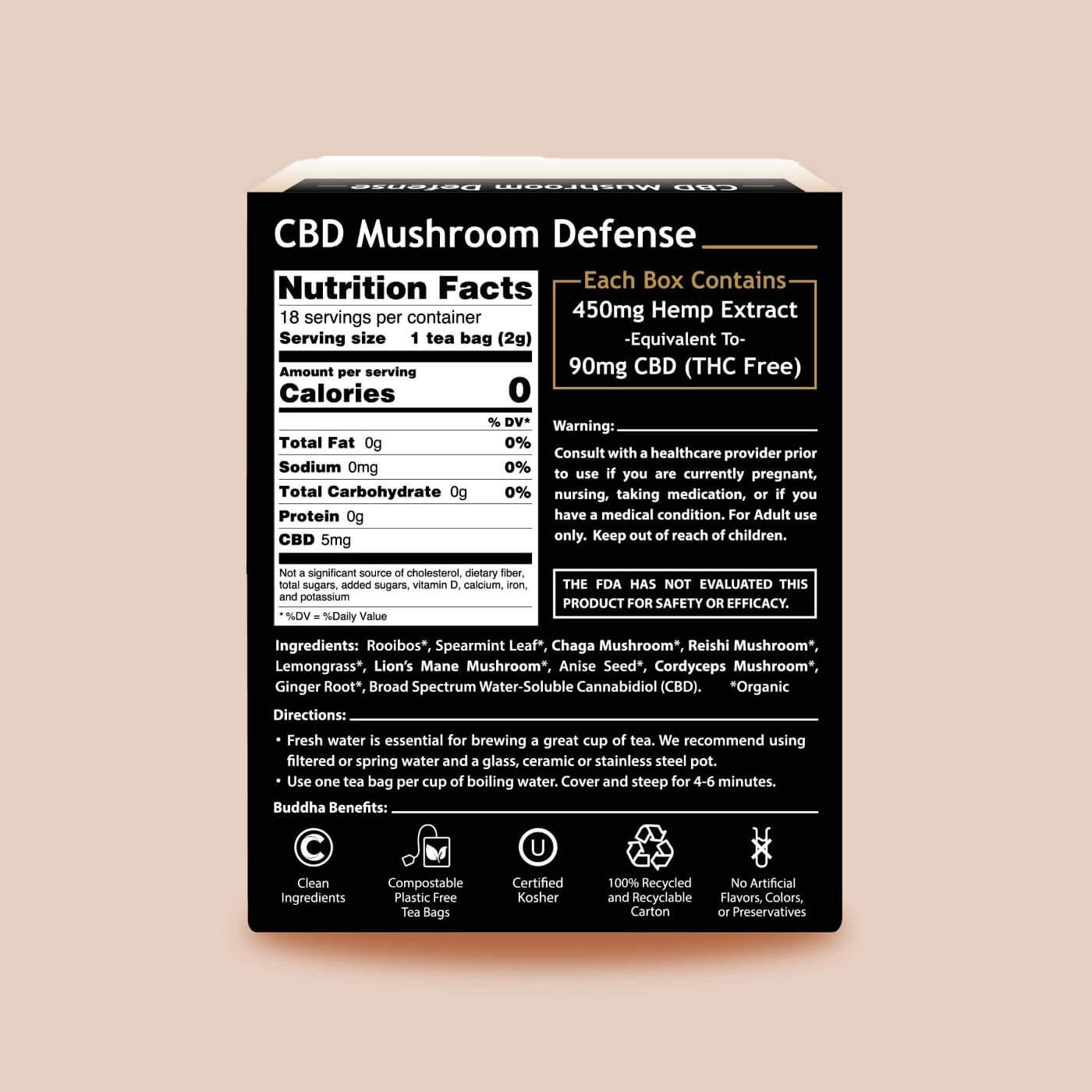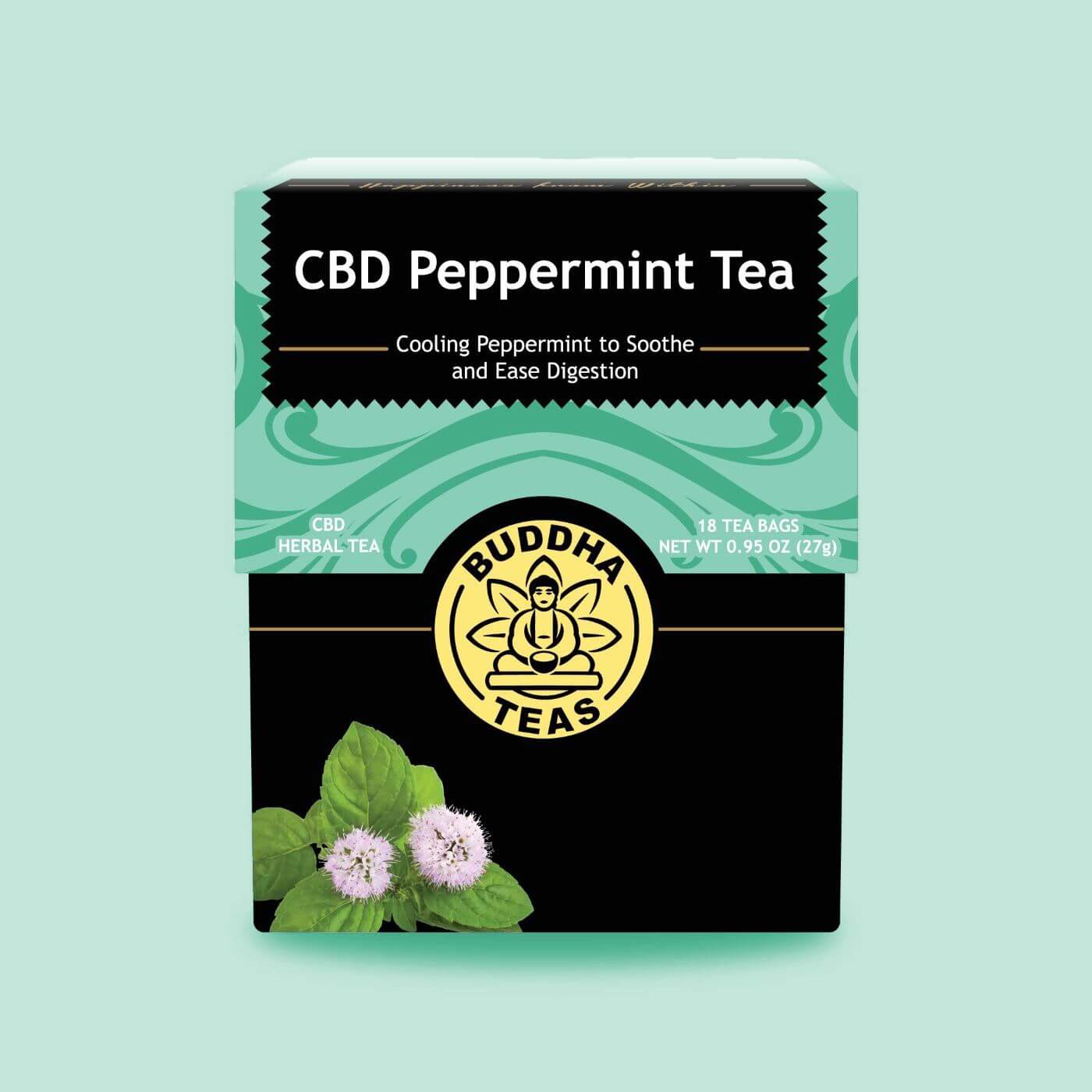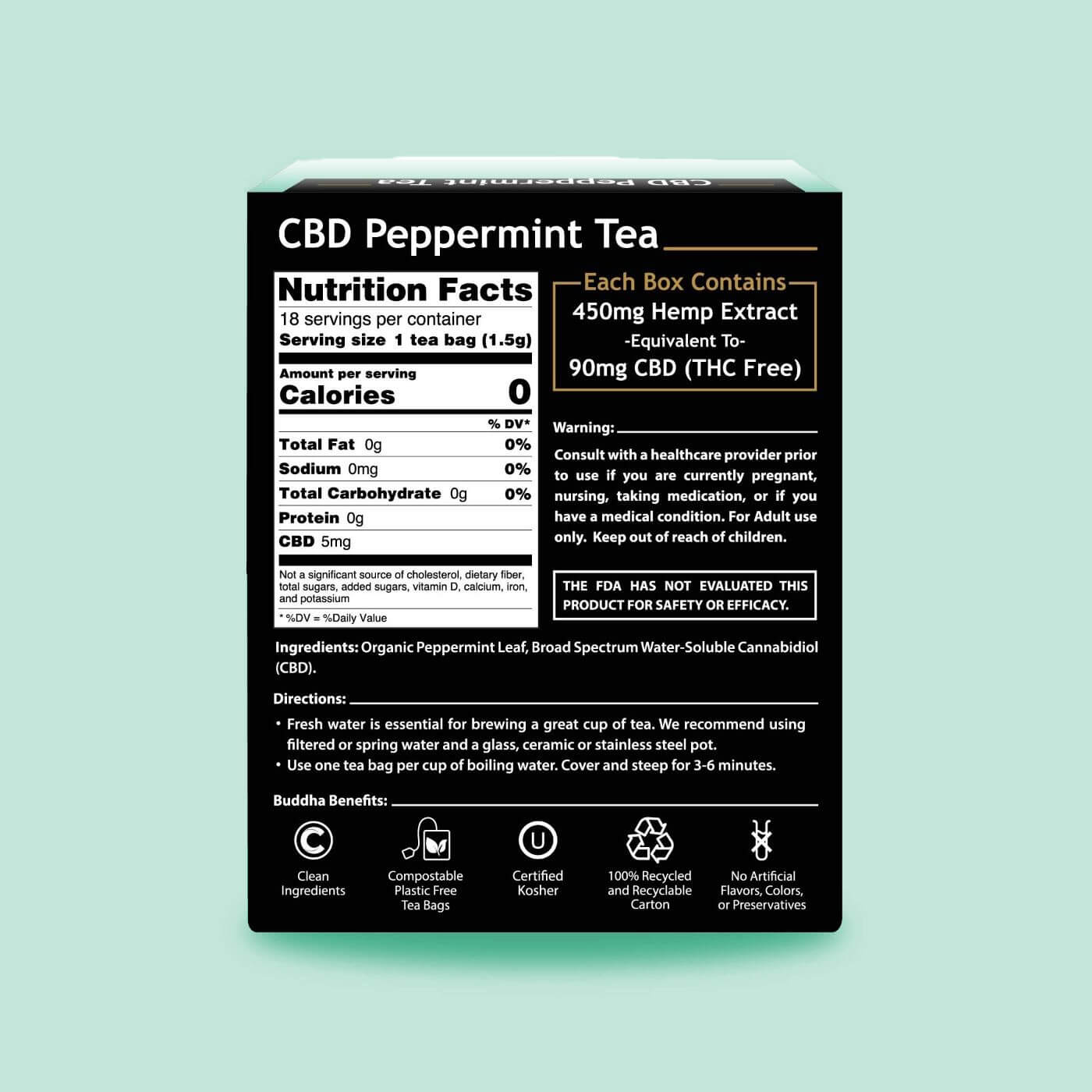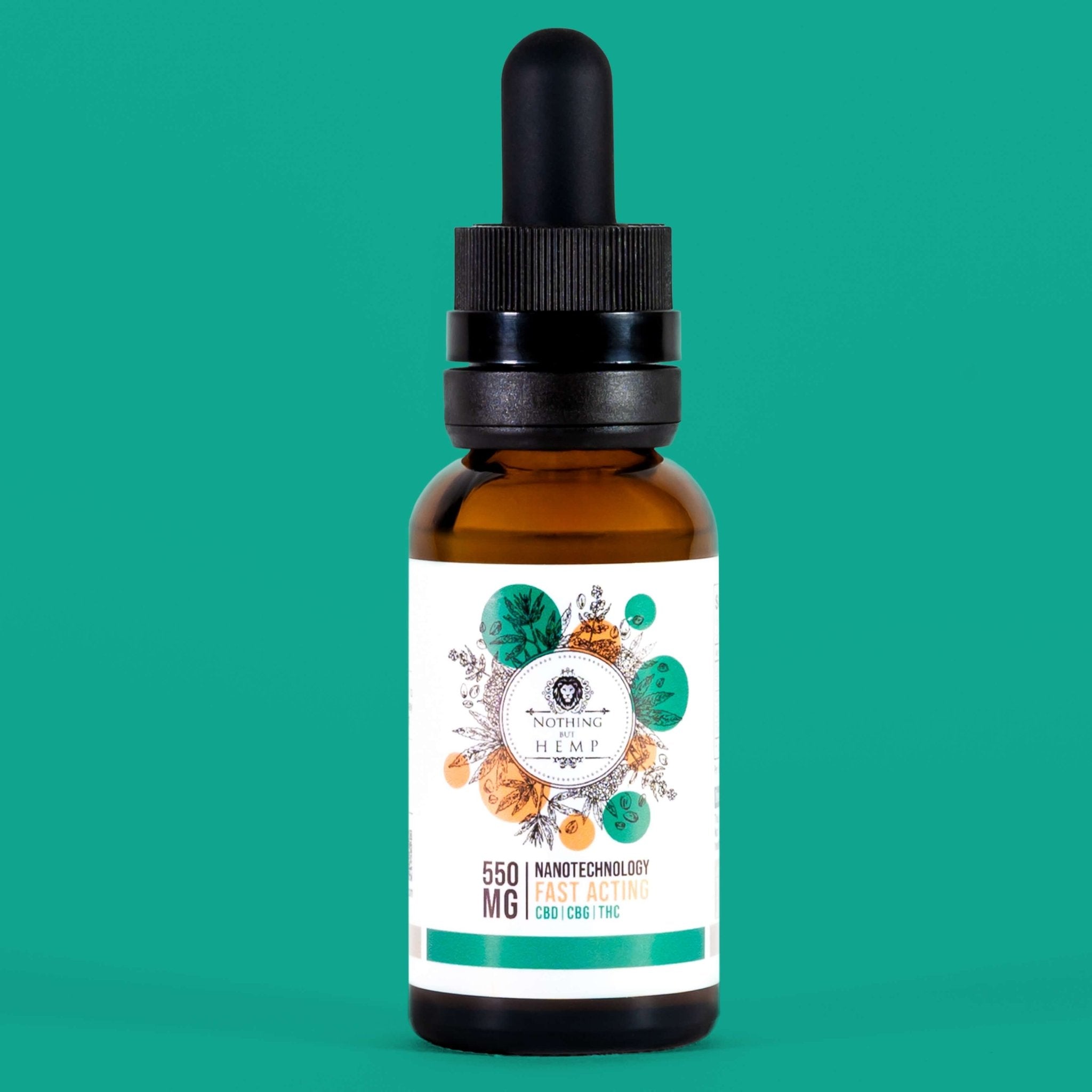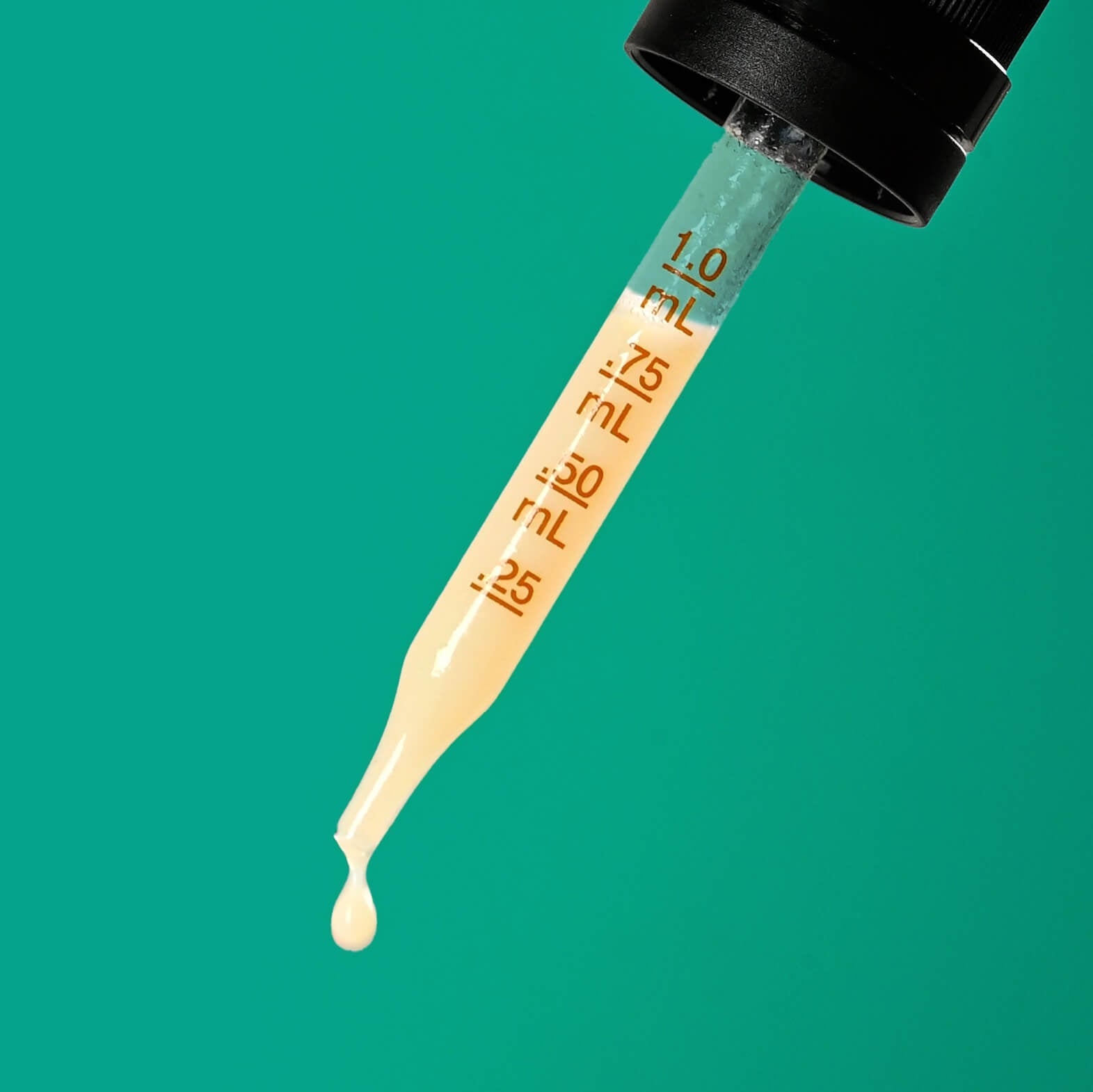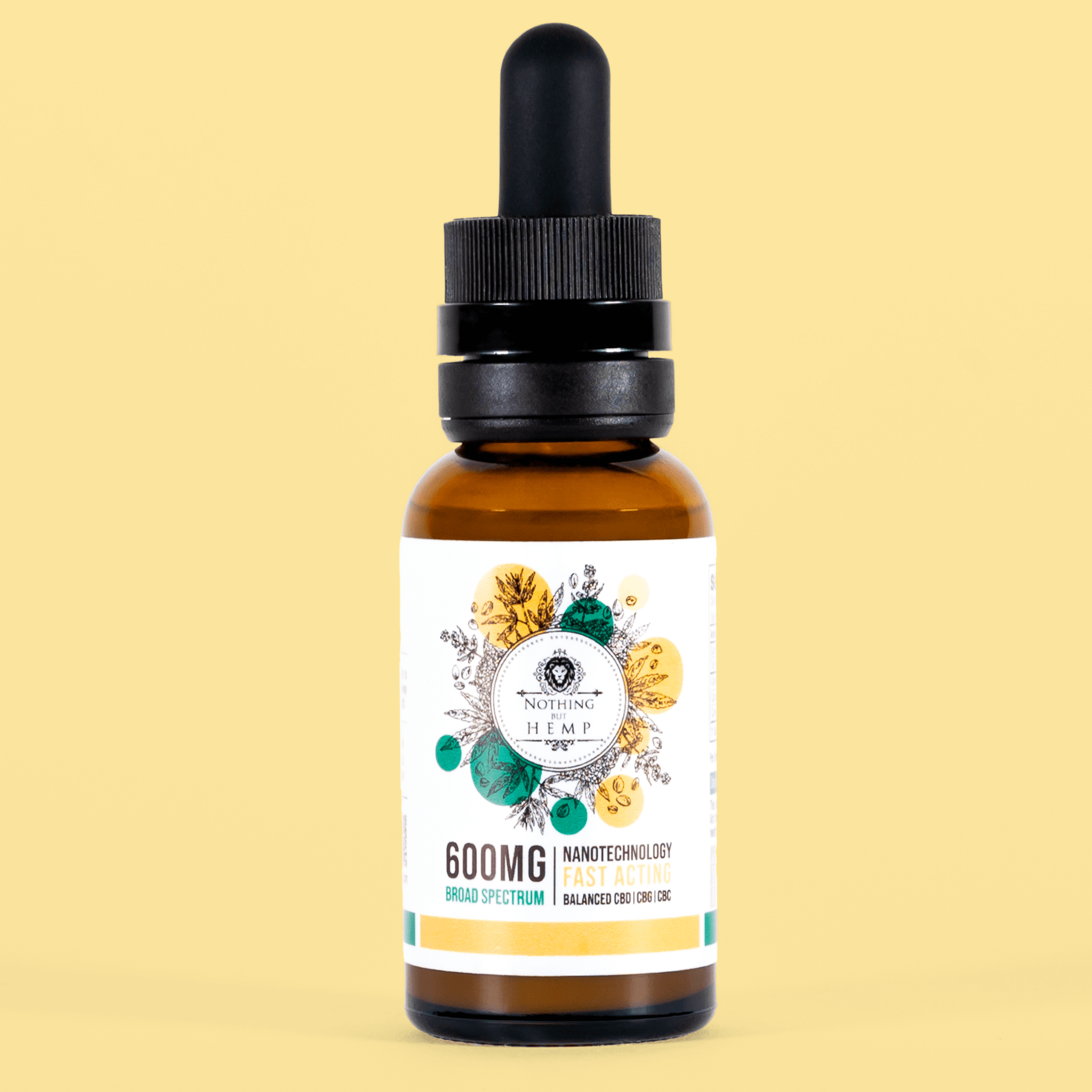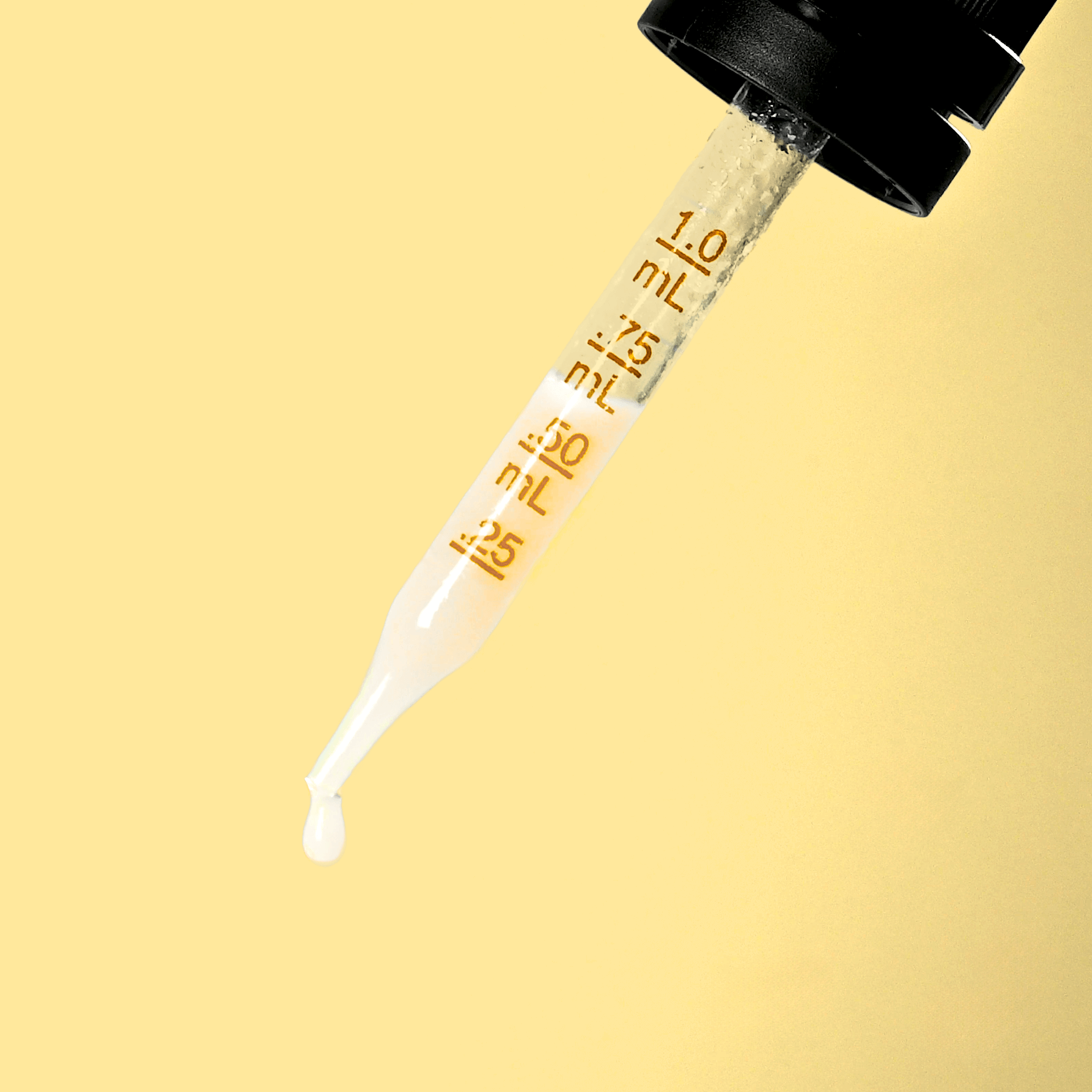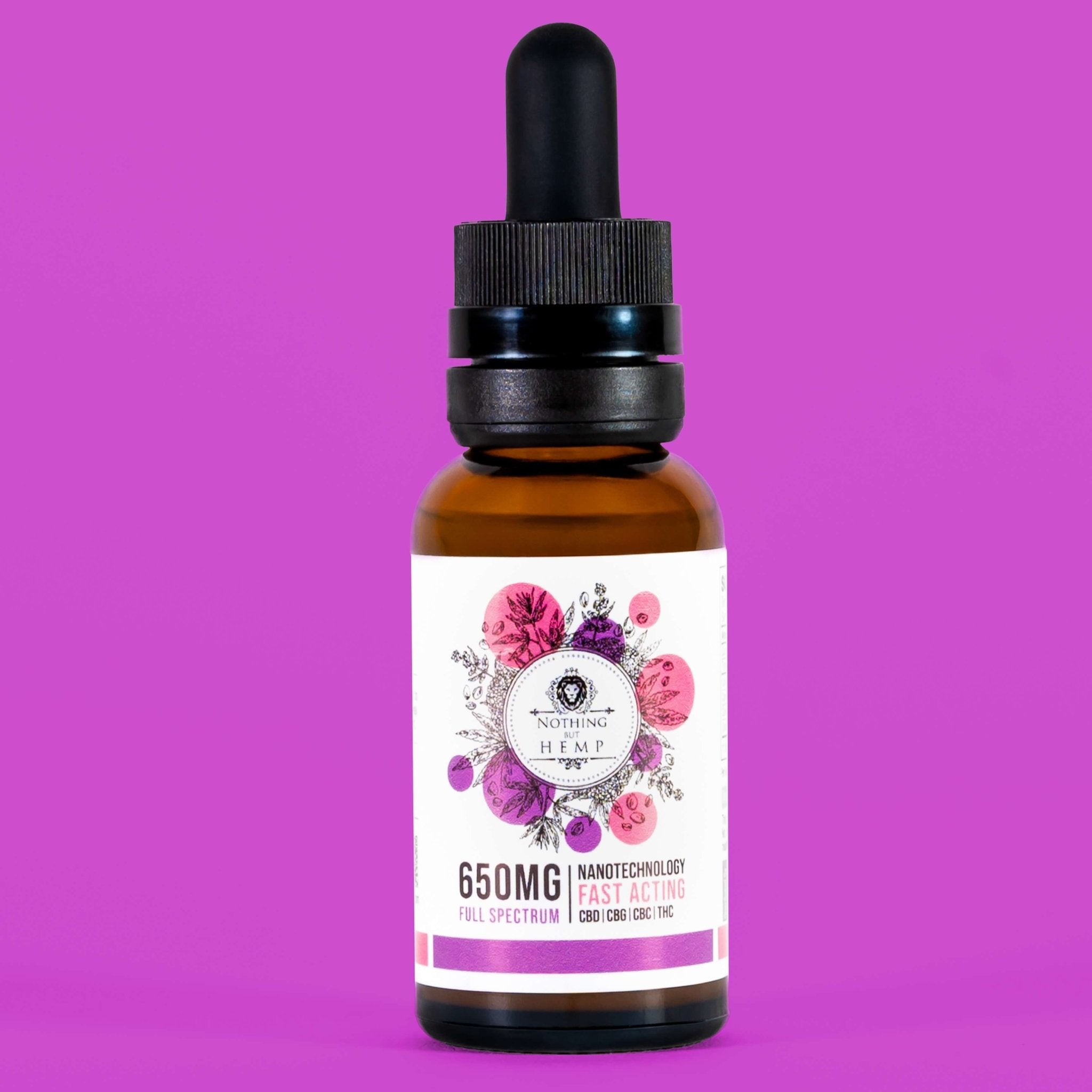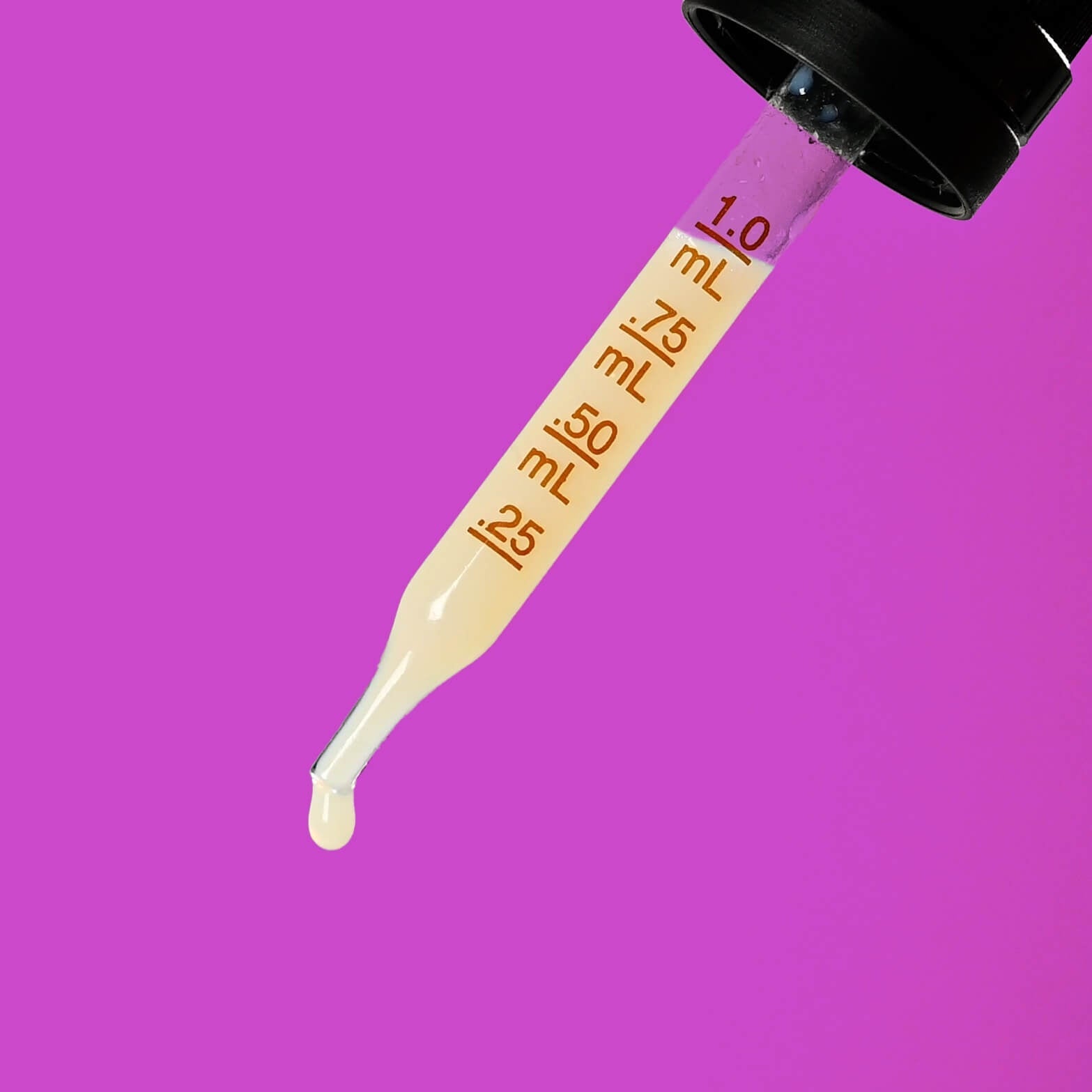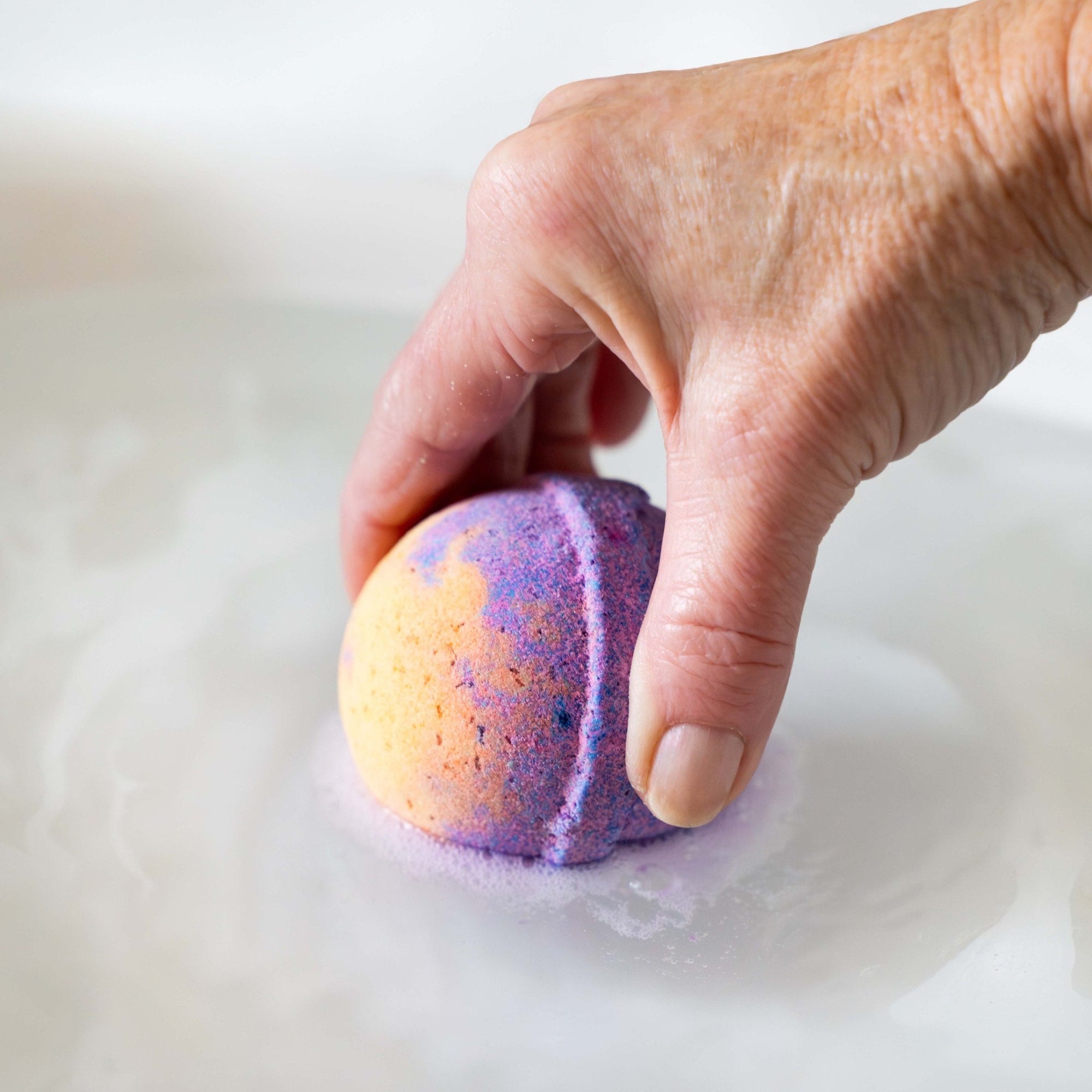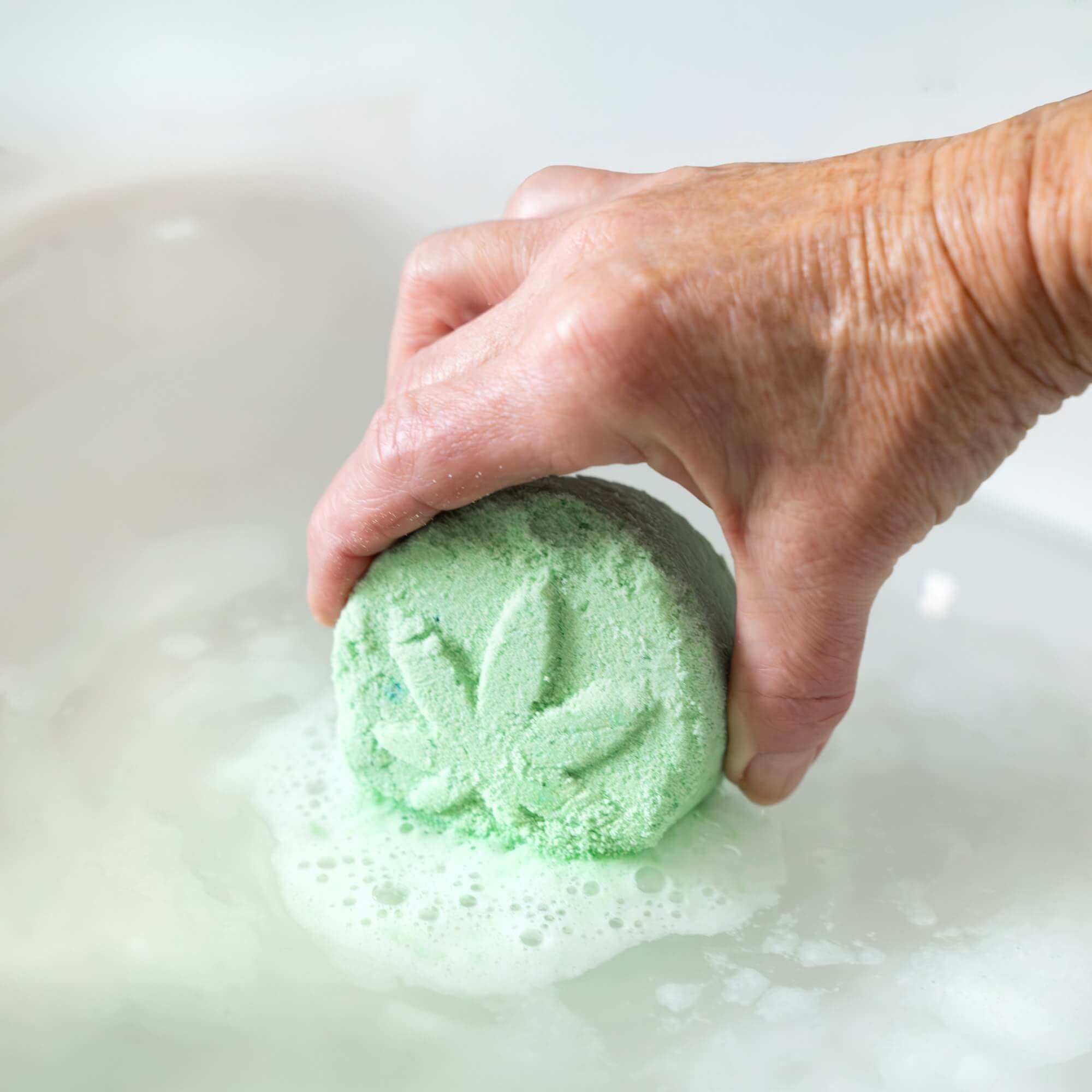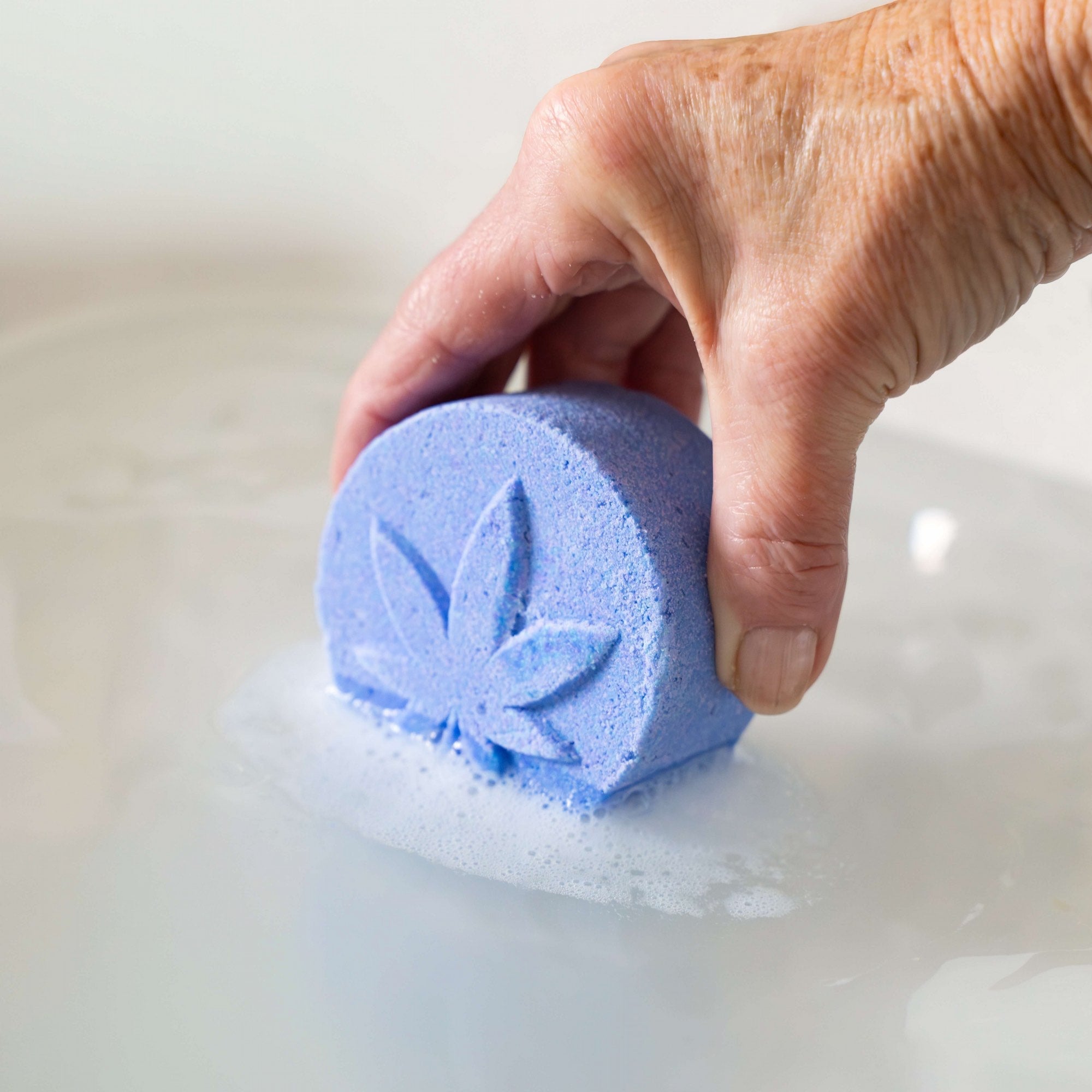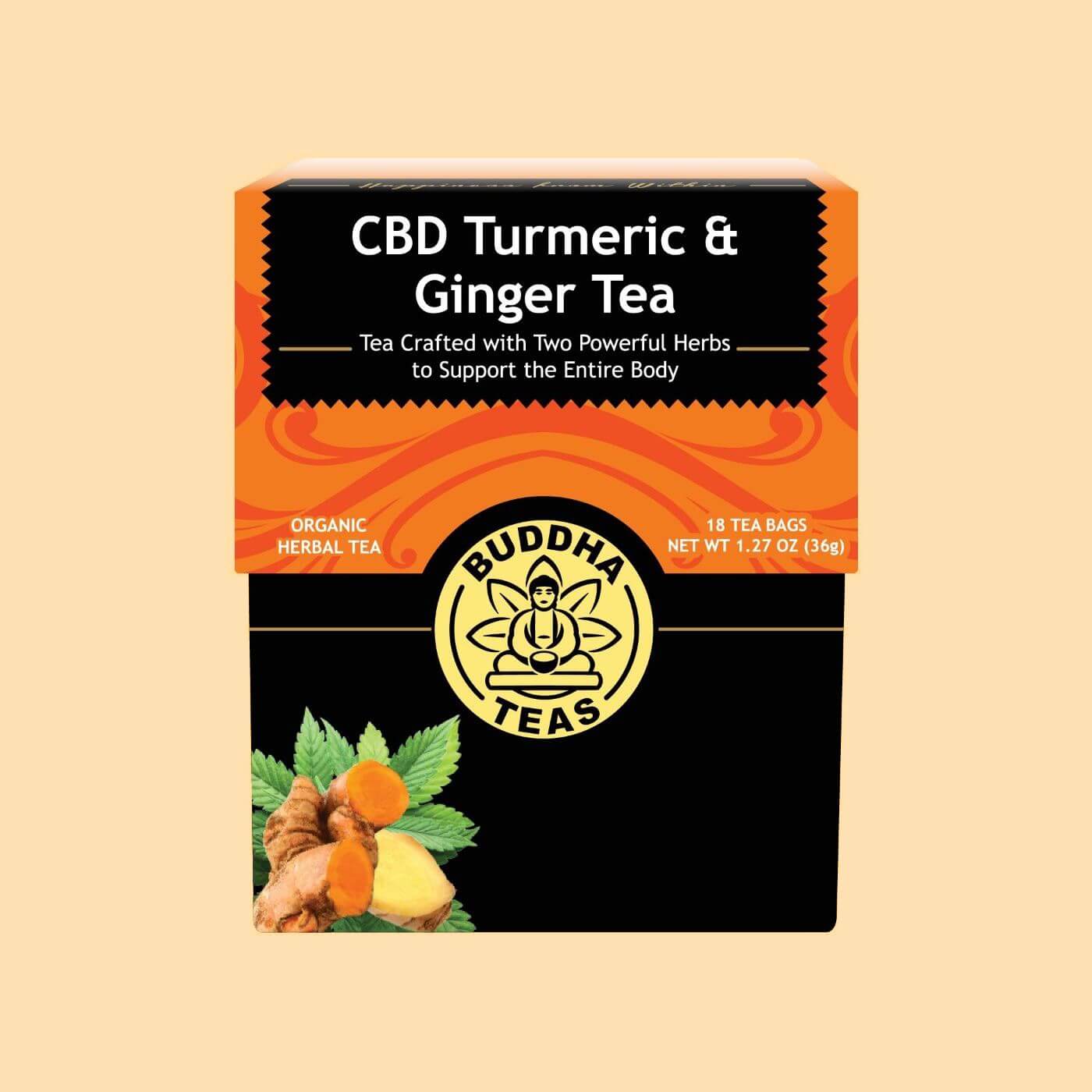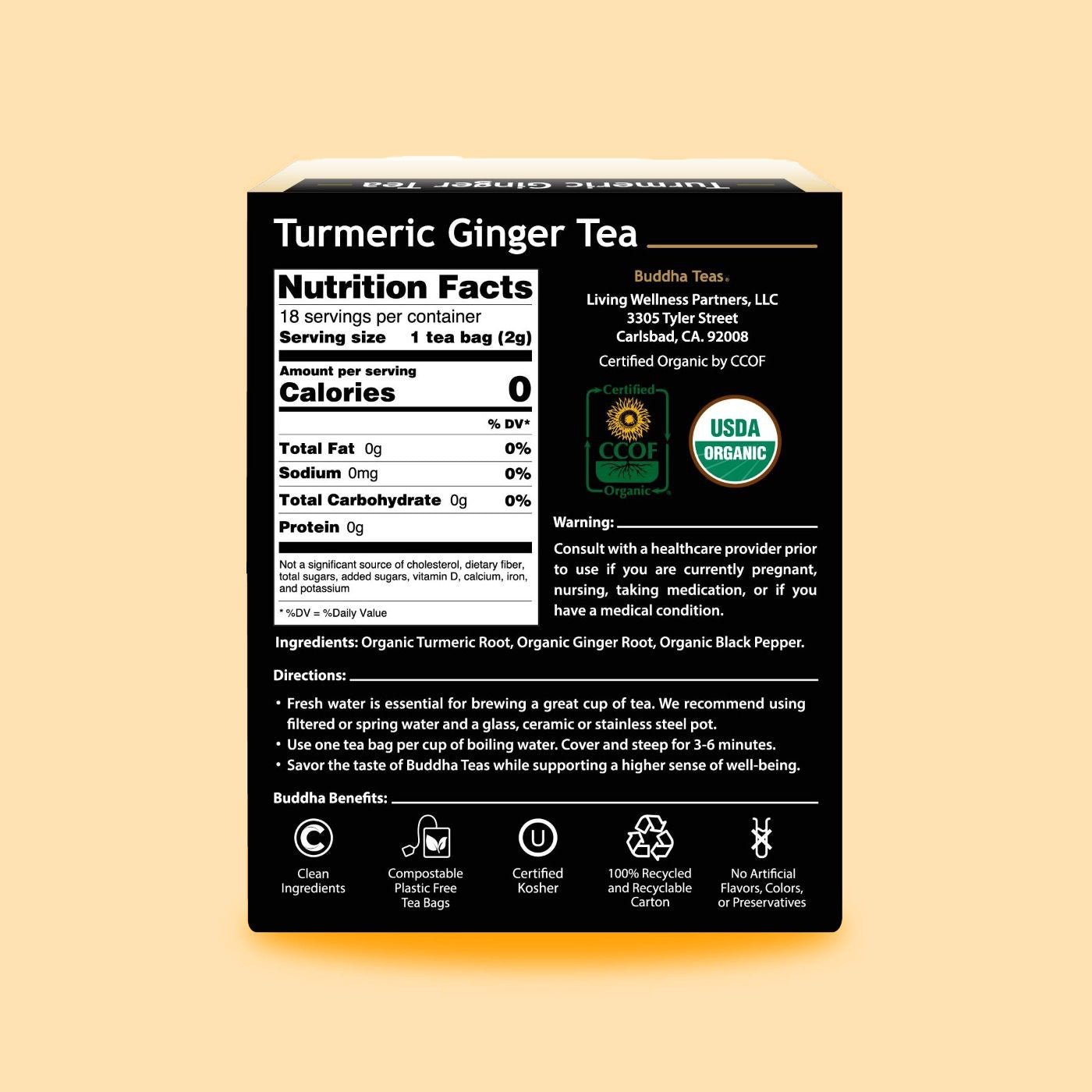Over the past few years, people have rapidly expanded their understanding of cannabis and the compounds that it is made from.
What used to be understood as a one-use plant with a bad reputation is now more understood, less stigmatized, and perhaps most importantly more scientifically-researched than ever before. This presents tons of new opportunities for those interested in the plant and its derivatives, even if it means many more terms and factoids to keep up with.
There are dozens of compounds that make up the cannabis plant. These are divided into terpenes and cannabinoids, and more and more of their names are sure to enter into familiar usage in the cannabis industry as we learn more about their capabilities and limitations.
One prominent new compound in the cannabis plant that people are learning about for the first time in many cases is Delta-8 Tetrahydrocannabidiol, or Delta-8 THC.
Unlike Delta-9 THC, the commonly-known active ingredient in marijuana, Delta-8 THC has far less potency but still brings many of the same desired effects as normal weed.
However, Delta-8 THC also brings its own benefits that are still being researched.
“While it may not be as strong as delta-9, delta-8 THC is still more than capable of getting an individual high with additional therapeutic benefits,” High Times wrote.
Delta-8 THC characteristics
Here’s how the National Cancer Institute defines the compound:
“An analogue of tetrahydrocannabinol (THC) with antiemetic, anxiolytic, appetite-stimulating, analgesic, and neuroprotective properties.,” the NCI says. “[Delta-8-THC] binds to the cannabinoid G-protein coupled receptor CB1, located in the central nervous system…This agent exhibits a lower psychotropic potency than [delta-9-THC], the primary form of THC found in cannabis.”
Delta-8 THC may have anti-cancer properties, but much more research needs to be conducted, as is the case with many of the other cannabis compounds.
“A study was conducted in 1995 by Dr. Raphael Mechoulam in conjunction with Shaare Zedek Hospital, Bikur Holim Hospital, and Hebrew University in Jerusalem. In this study, delta-8 THC was administered to eight children ranging from 3 to 13 years of age with various hematologic cancers,” CEO Graham Jennings of Oleum told Leafly, a prominent cannabis blog.
“These children had been treated with different drugs and [chemotherapy] for eight months prior to treatment with delta-8-THC. The delta-8-THC treatments started two hours before each session of chemo and continued every six hours for 24 hours. With this treatment, vomiting was completely prevented and side-effects were reported as negligible.”
Another aspect of Delta-8 THC’s potential benefits are its ability to increase the body’s appetite.
Many patients with cancer and a number of other conditions struggle with a lack of appetite, which can lead to lower caloric intake and in extreme cases malnourishment, both of which can delay recovery during an important part of the medical battle with the disease.
Leafly reports that Delta-8 THC can also have anti-nausea effects, which is a must when facing chemotherapy and radiation treatments for cancer that cause such visceral and problematic nausea symptoms.
According to HelloMD, the compound may
Some Delta-8 products, like those offered by Evolab, come in vapor form. Vapor products are among the most popular of the cannabis moment today, and the possibility of consuming Delta-8 THC in the vaping and e-cigarette format will be a major asset to the market going forward as people seek familiar and pleasant experiences with the compound.
High Times reports that there is also far more research available for the vaporized consumption of Delta-8 THC when compared to edible consumption. For this reason, the outlet claims it may be the safer option, but plenty more research needs to be done before solid standards are established.
History and background of Delta-8 THC
One of the reasons cannabinoids like THC, Delta-9 THC, cannabidiol and other compounds of cannabis are so new to the research scene is because their history is marked with unfair exclusion and prohibition.
Luckily, the legal status has seen a resurgence in the past decade.
The Farm Bill of 2018 legalized industrial hemp cultivation, which opened the door for the production and manufacture of the non-narcotic elements of the cannabis plant.
CBD, for instance, has been a boon to many. People love to use CBD products for their anxiety problems, insomnia, chronic pain and a myriad of other issues.
The market for CBD boomed after 2018, and the substance has found its way into all manner of consumer products, from regular tincture drops and skin oils or soaps to pillows, sportswear and other oddities.
Thousands of Americans and others have reported good results from CBD, but the compound is far from the only cannabis byproduct.
CBG, Pinene, MCT oil are all other cannabis products and compounds that remain as the cutting edge of the cannabis industry’s future.
Ironically, one of the most anti-cannabis people ever helped to spur on some of the first research into Delta-8 THC.
Richard Nixon launched his drug war to counter his political enemies, by and large. The move came at a time when civil unrest and anti-war protesting were at a fever-pitch.
“We knew we couldn’t make it illegal to be either against the war or blacks,” Nixon told journalist John Ehrlichmann in 1968, according to High Times and Harper’s Magazine. “But by getting the public to associate the hippies with marijuana and blacks with heroin, and then criminalizing both heavily, we could disrupt those communities.”
Those are harsh words, but in order to impose the Controlled Substances Act that listed marijuana as a Schedule 1 prohibited substance, Nixon had to do some research as cover.
The study that resulted, funded by the American Cancer Society, was completed in 1974 and resulted in the following findings:
“The effect of several cannabinoids on the uptake of 3H-TDR into cells incubated in vitro indicated that delta-9-THC, delta-8-THC, and CBN produced a dose-dependent inhibition of radiolabel uptake in the three cell types (table 7),” the study said. “These results, presented as percent inhibition of radiolabel uptake as compared to control, represented an effect of cannabinoids on one aspect of macromolecular synthesis.”
So how is Delta-8 THC created?
Oleum is a company that sells Delta-8 THC compounds in a distillate form, along with other cannabinoids. It is one of the few such firms that provide the compound for sale.
Jennings told Leafly all about Oleum’s manufacturing process. According to the blog, Delta-8 THC is one of the four most common cannabinoids found within the cannabis plant.
“This product is made by employing a thin film distillation–fractional distillation–of locally cultivated cannabis flower and trim,” Jennings told the outlet. “The isolation of the delta-8-THC compound in this process is accomplished through variations of temperature, vacuums, and scientific equipment to convert delta-9-THC over to delta-8-THC. This allows us to purify and isolate specific cannabinoids by removing any residual solvents, impurities, and any other undesirable compounds.”
According to the Leafist blog, Delta-8 THC can actually be converted from the more common, Delta-9 THC.
High Times reports that CBD can also be converted to Delta-8 THC, via a process that was patented back in 2004.
Keep an eye out for the most up-to-date research and information about this exciting new compound as it becomes more popular across the cannabis market!


































